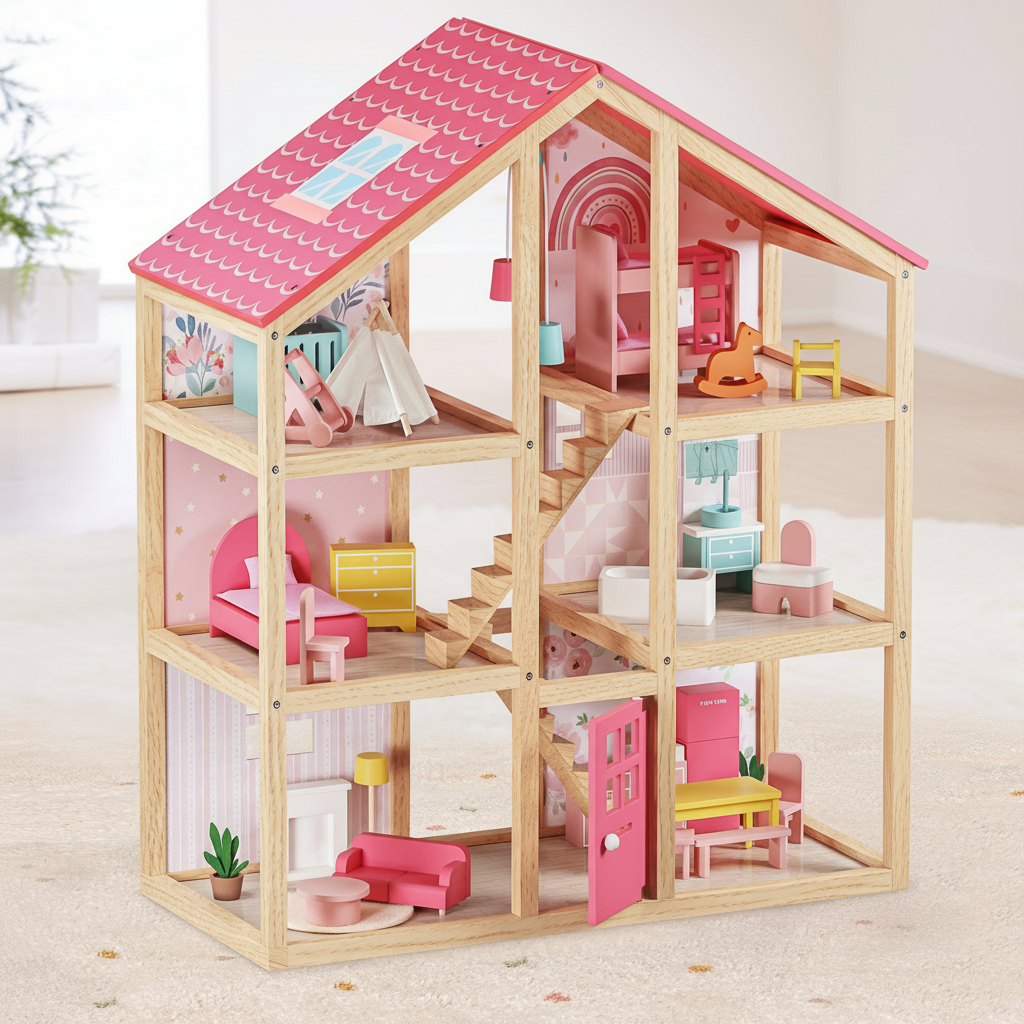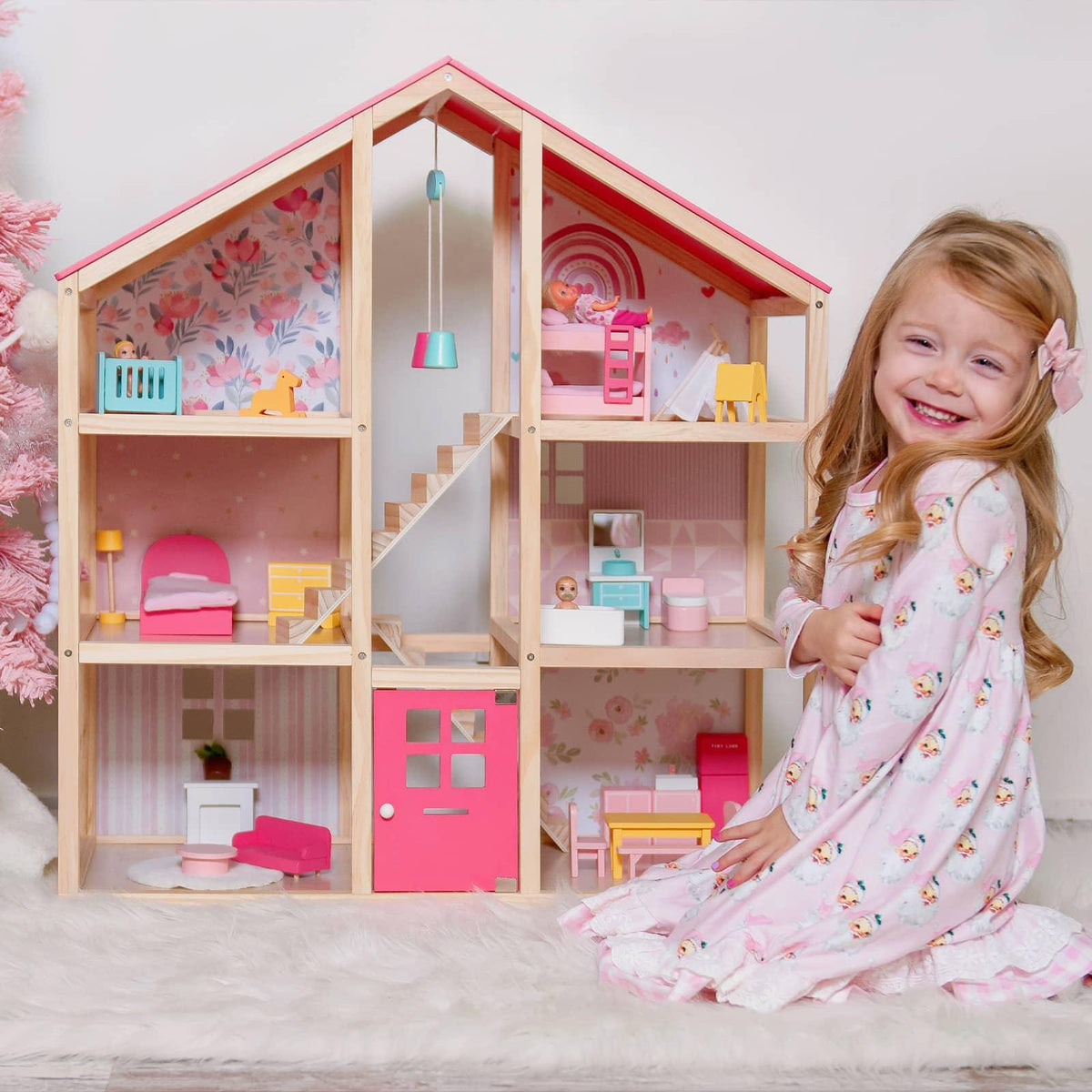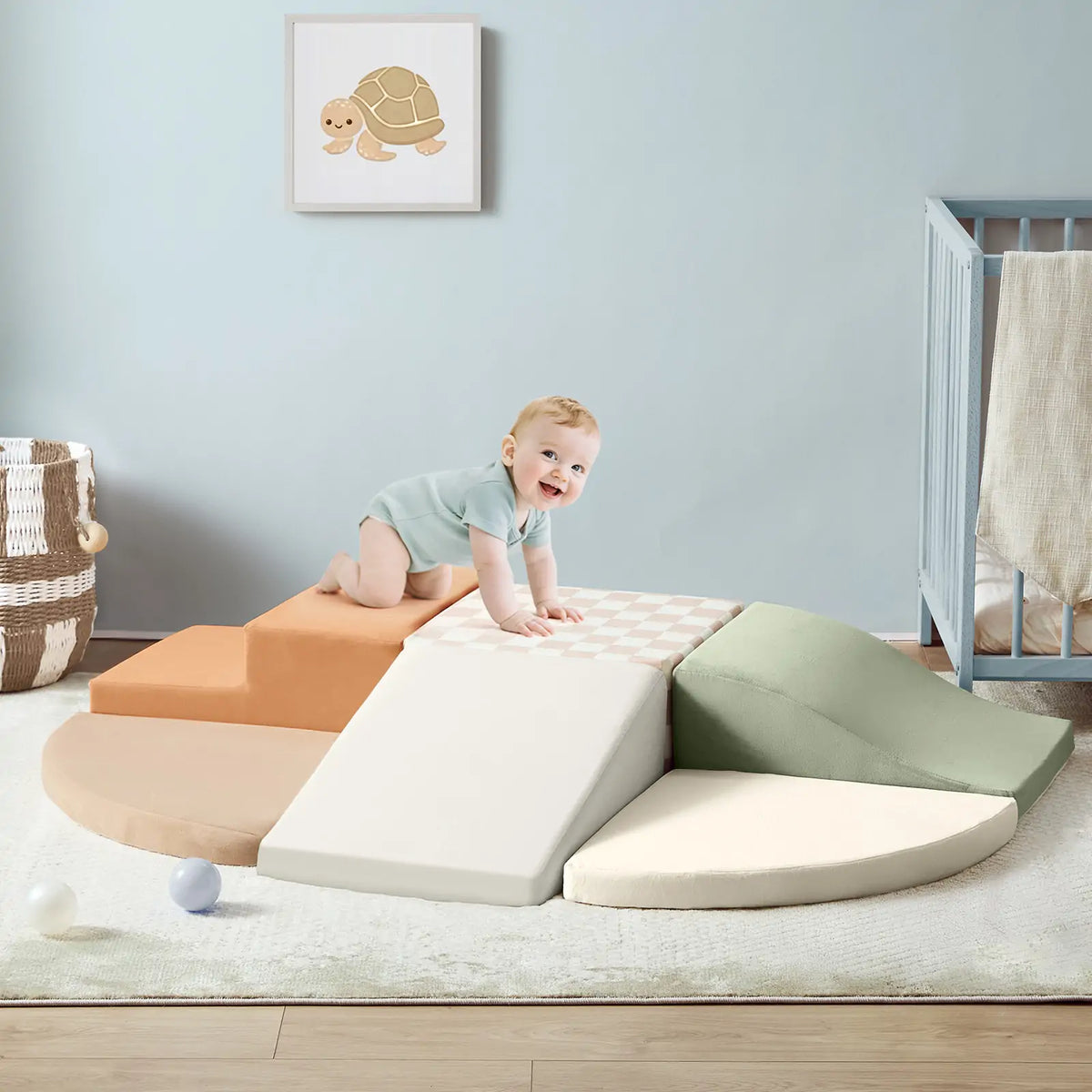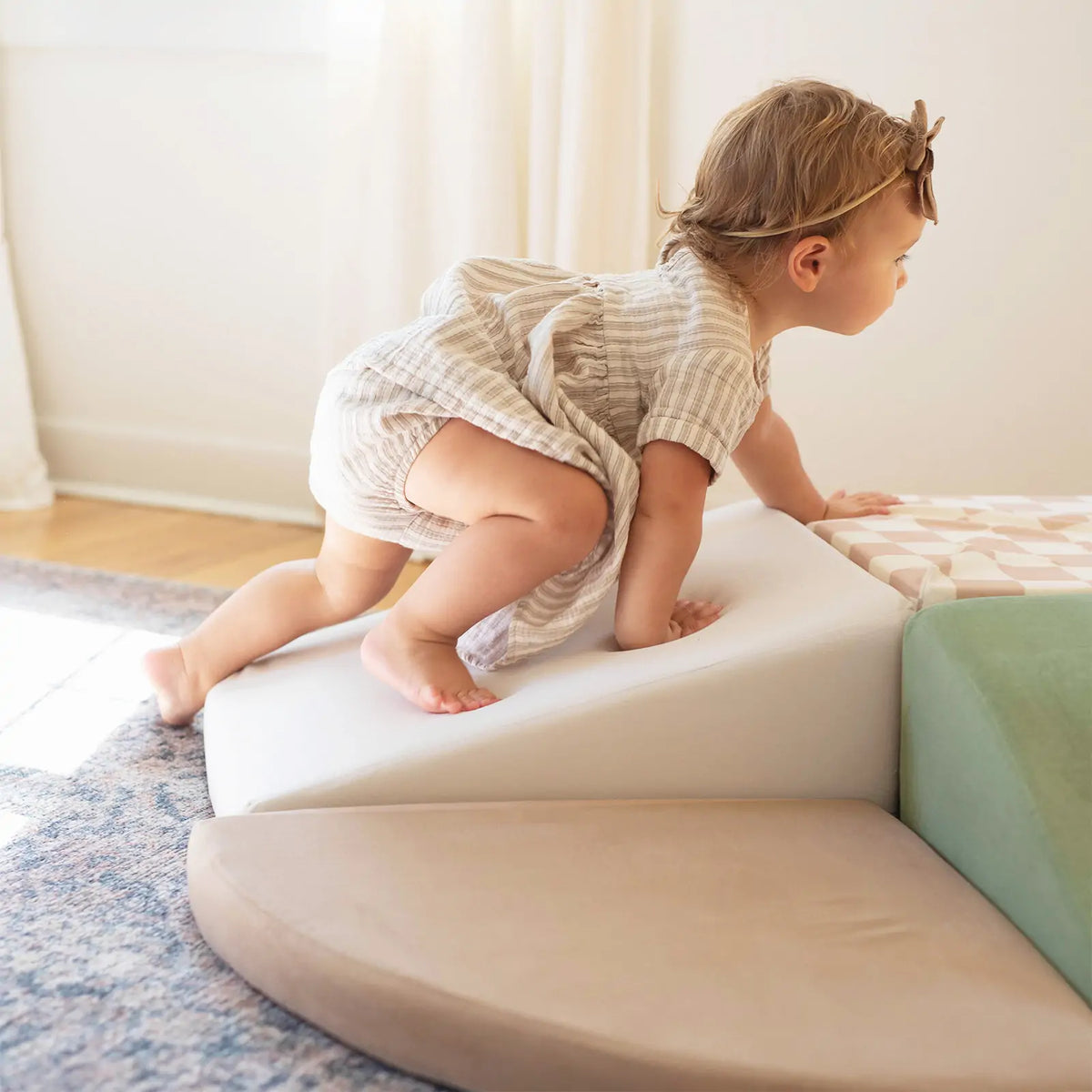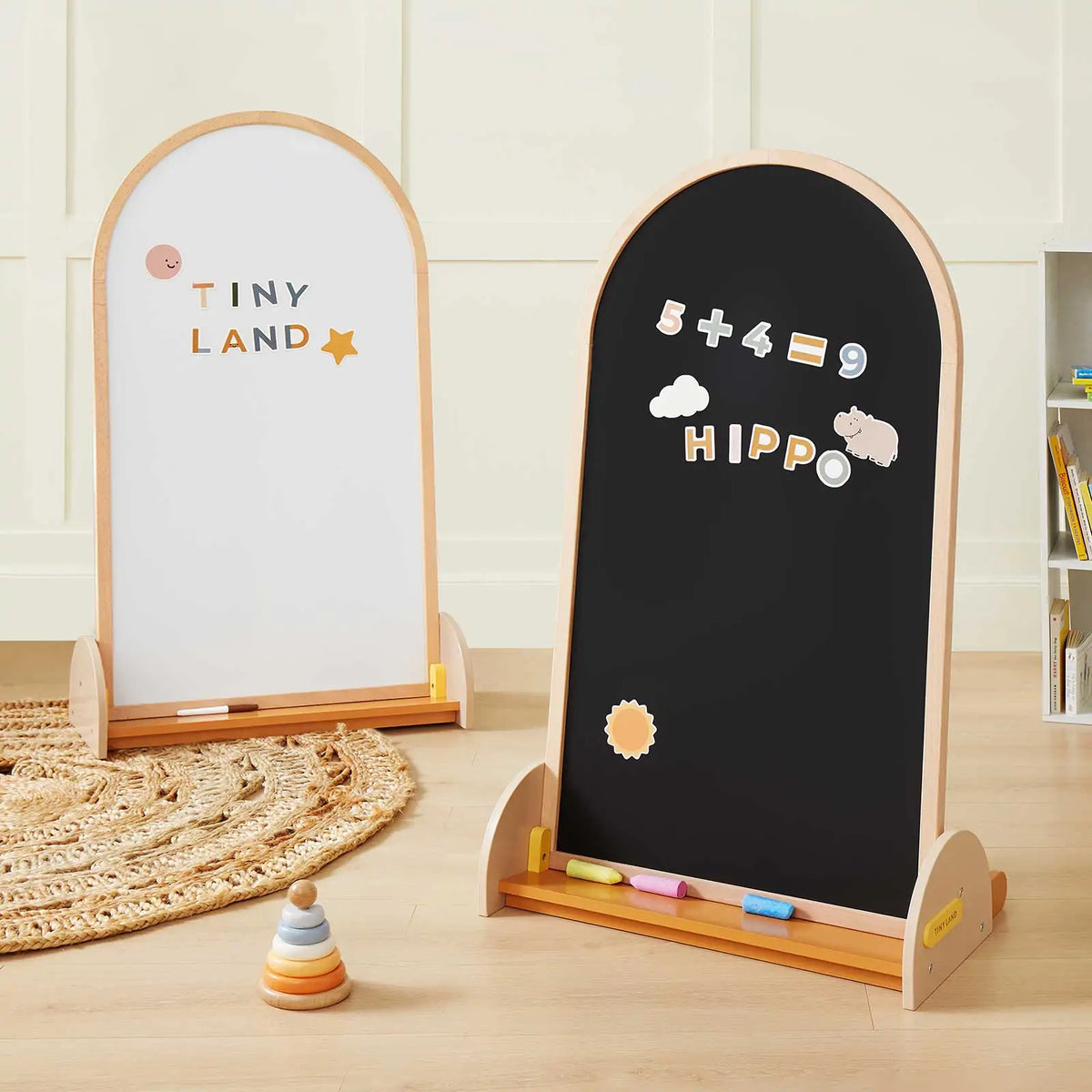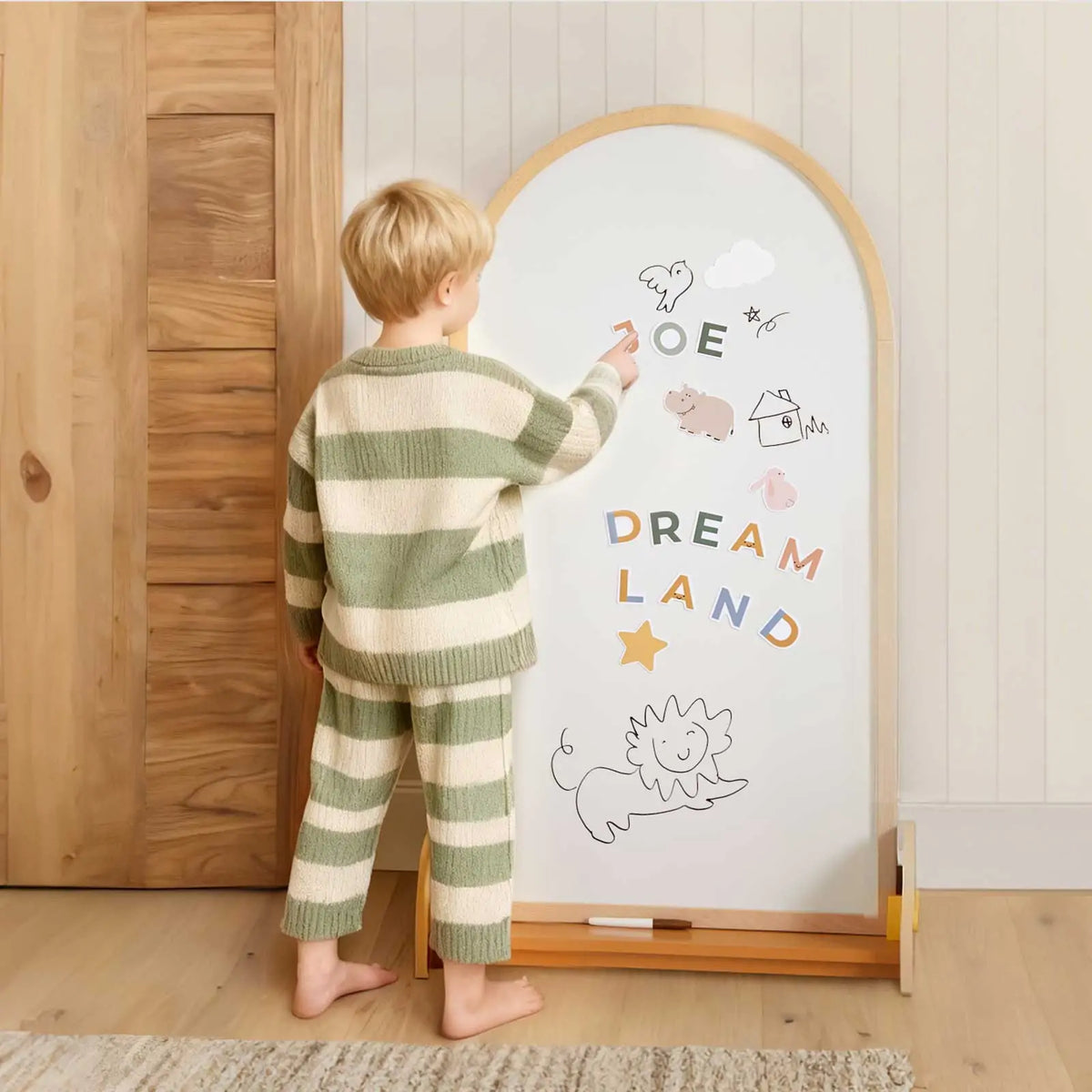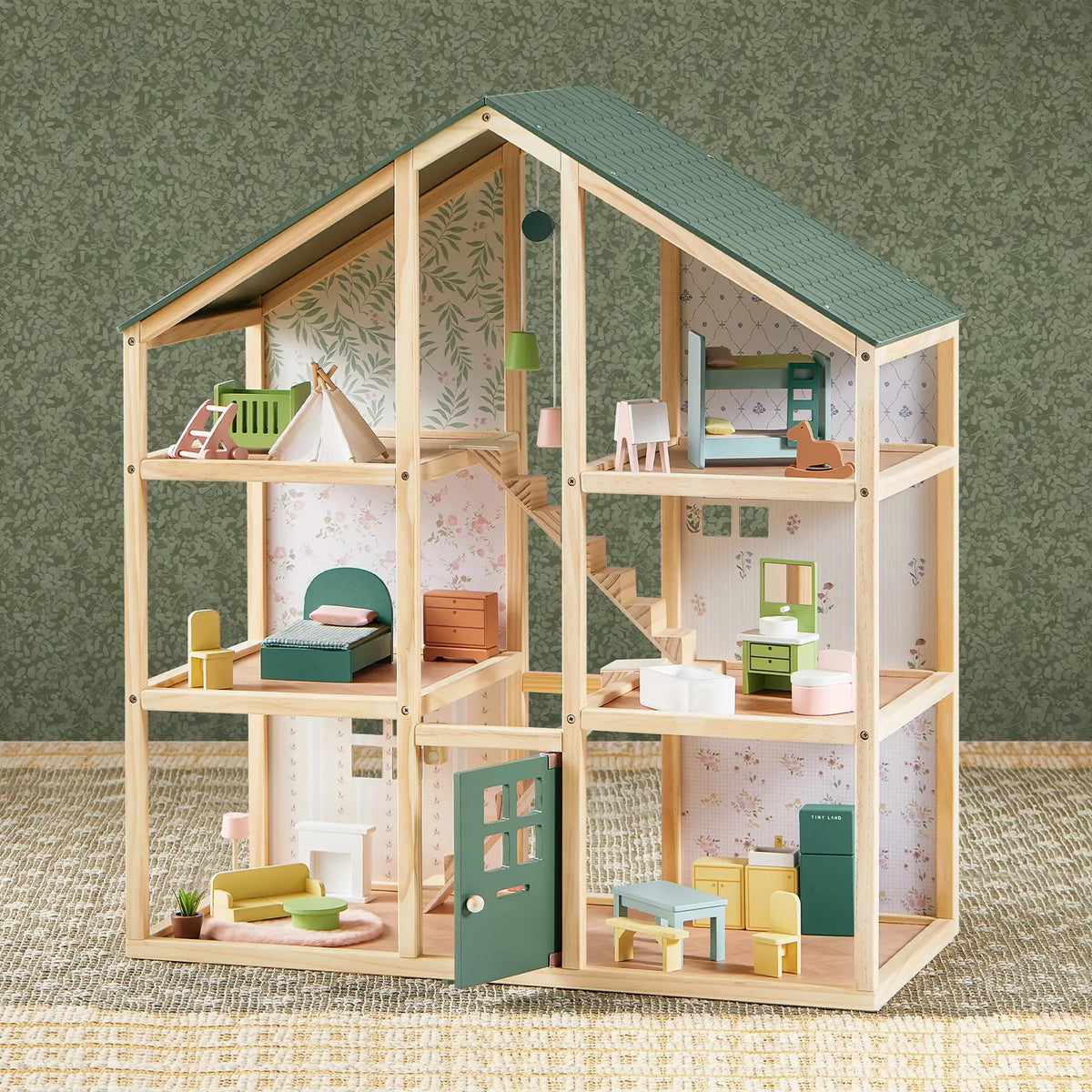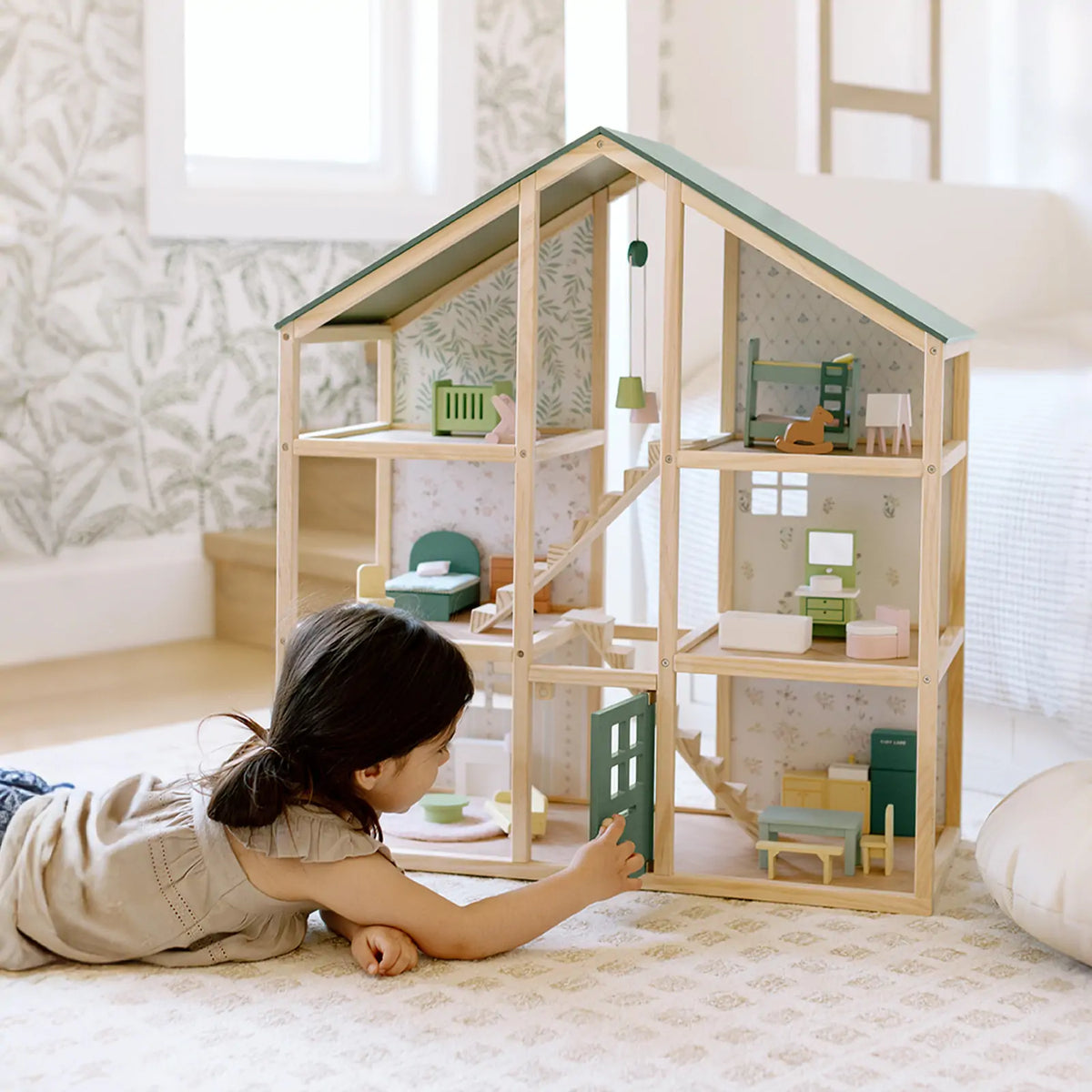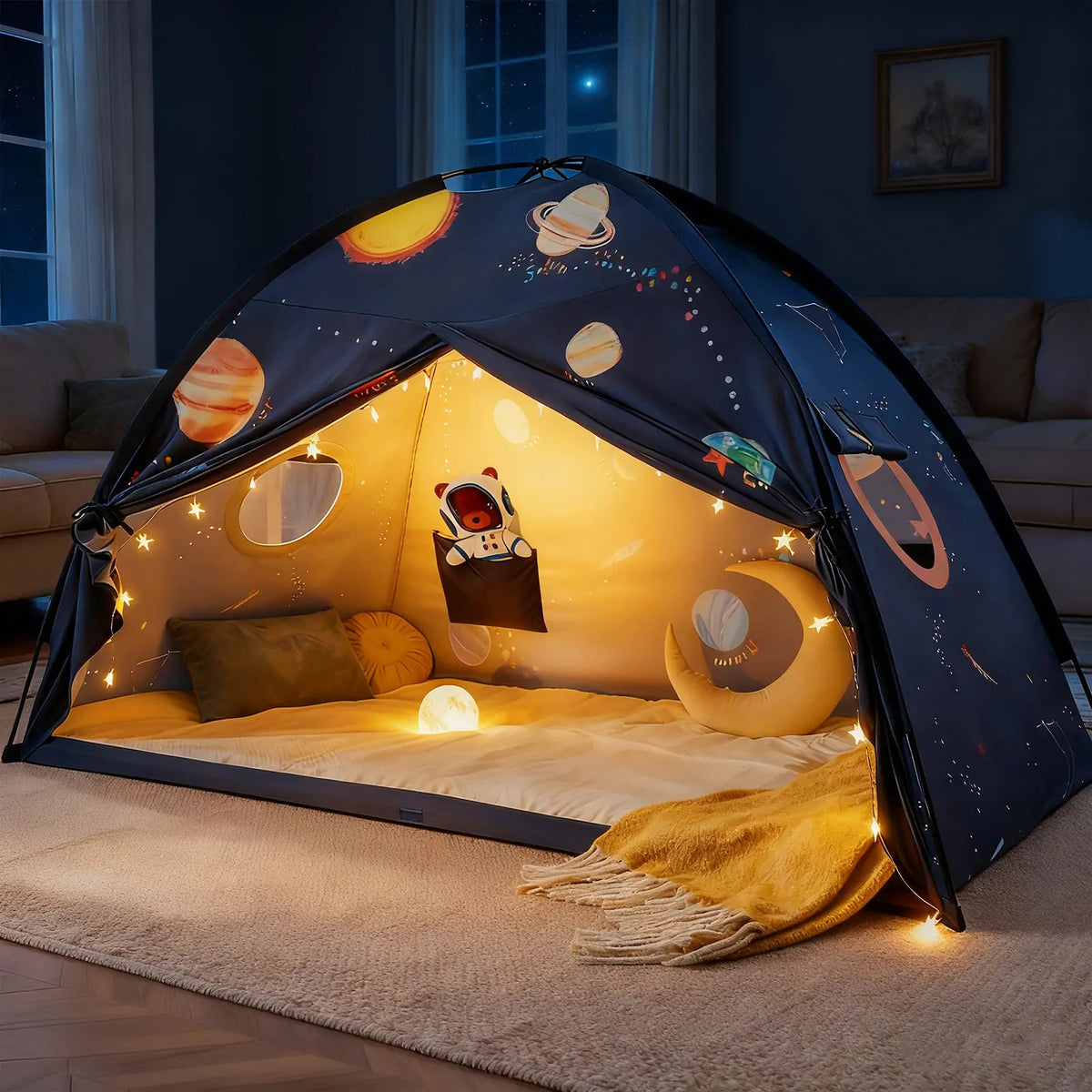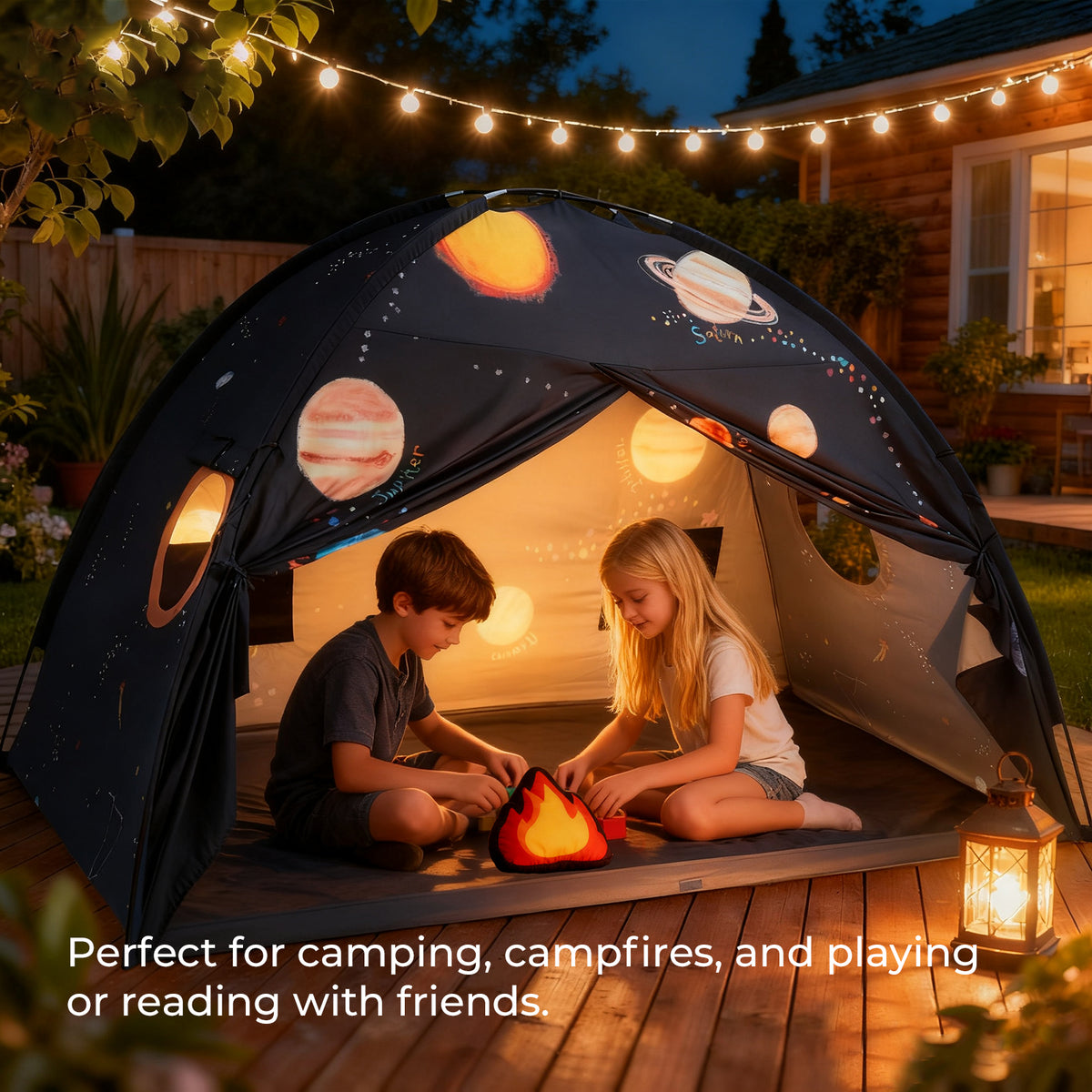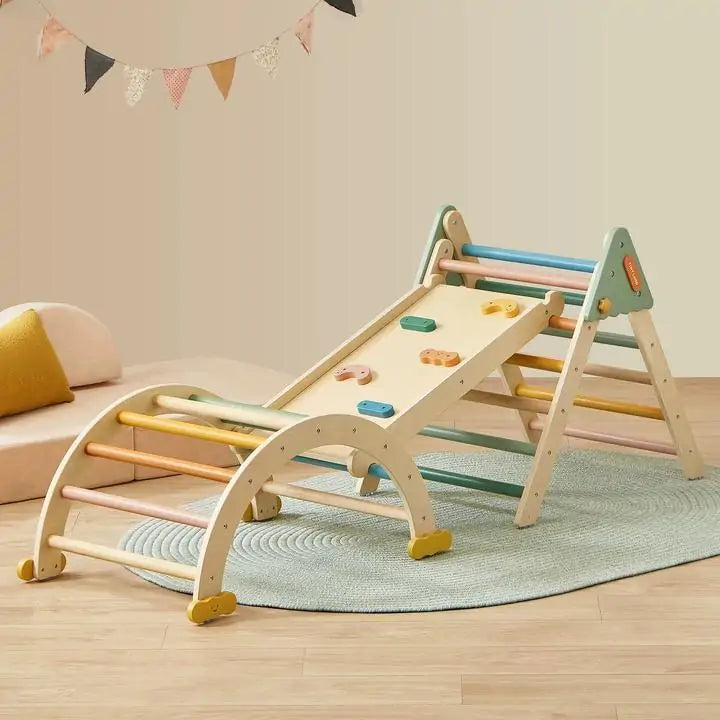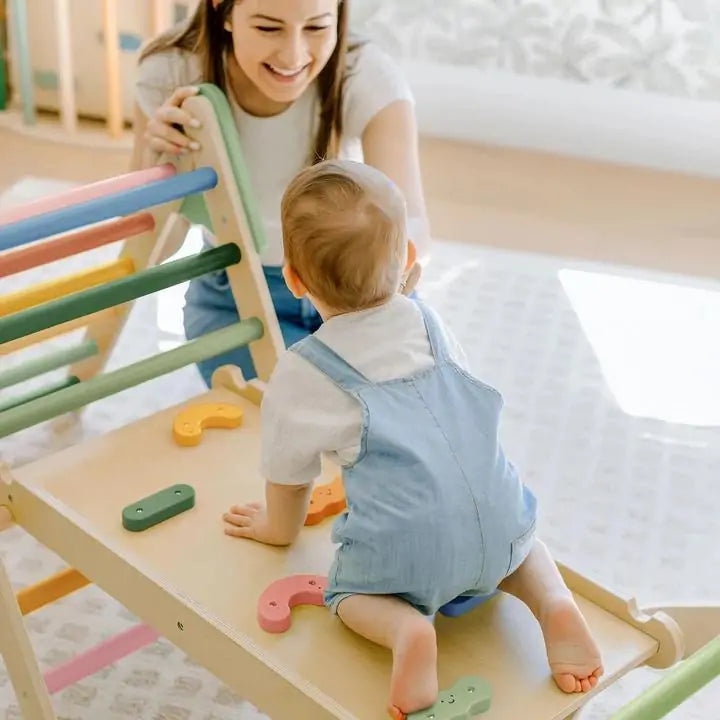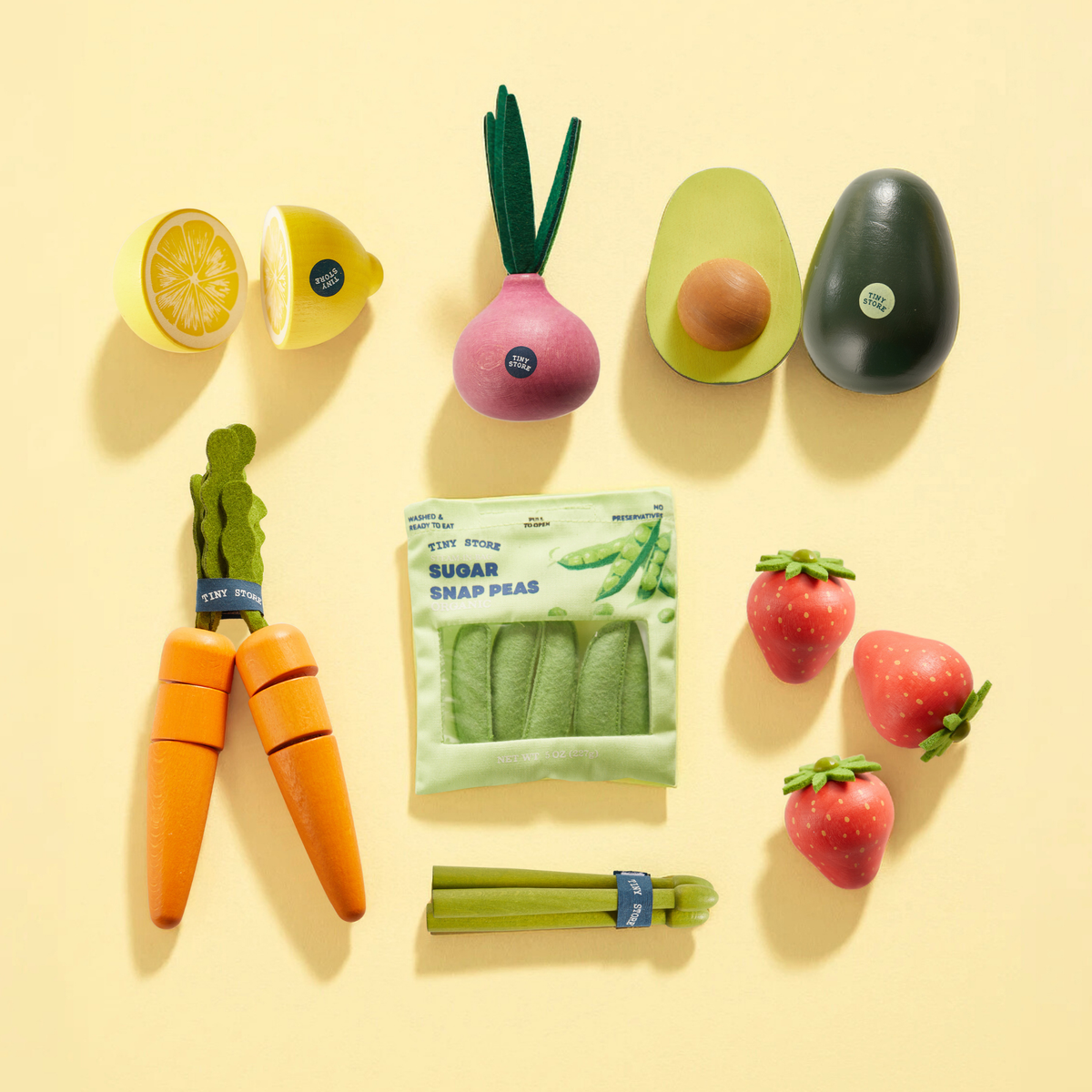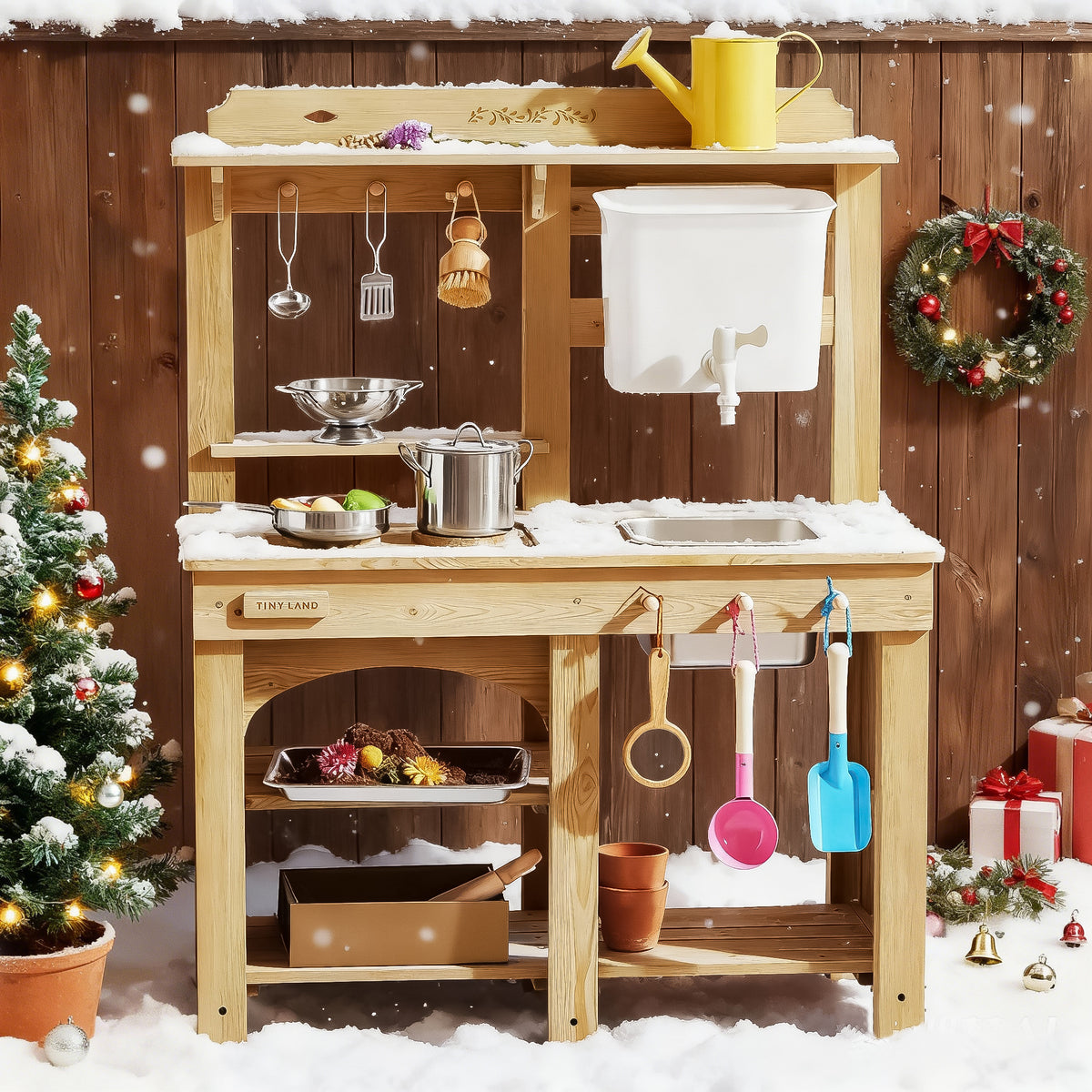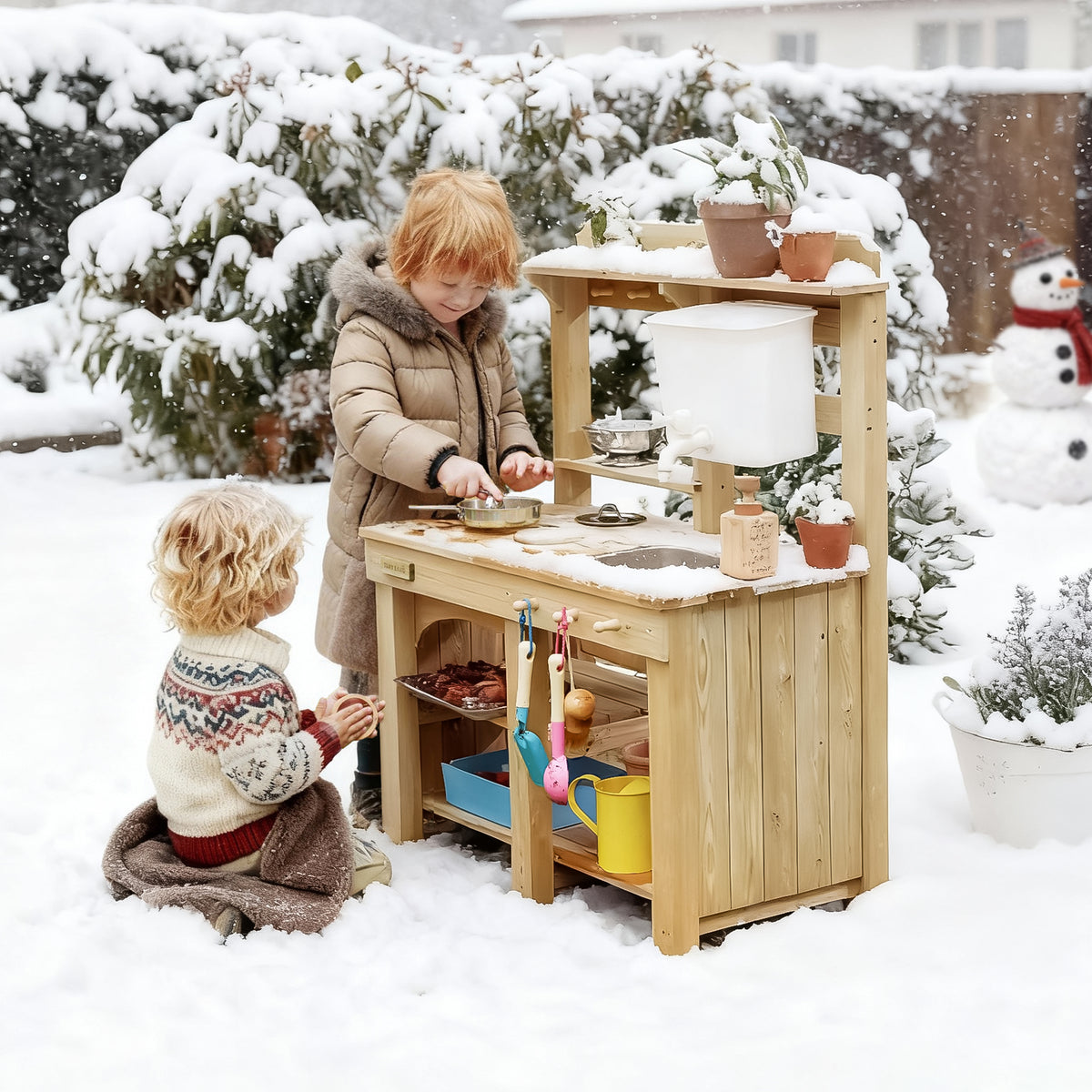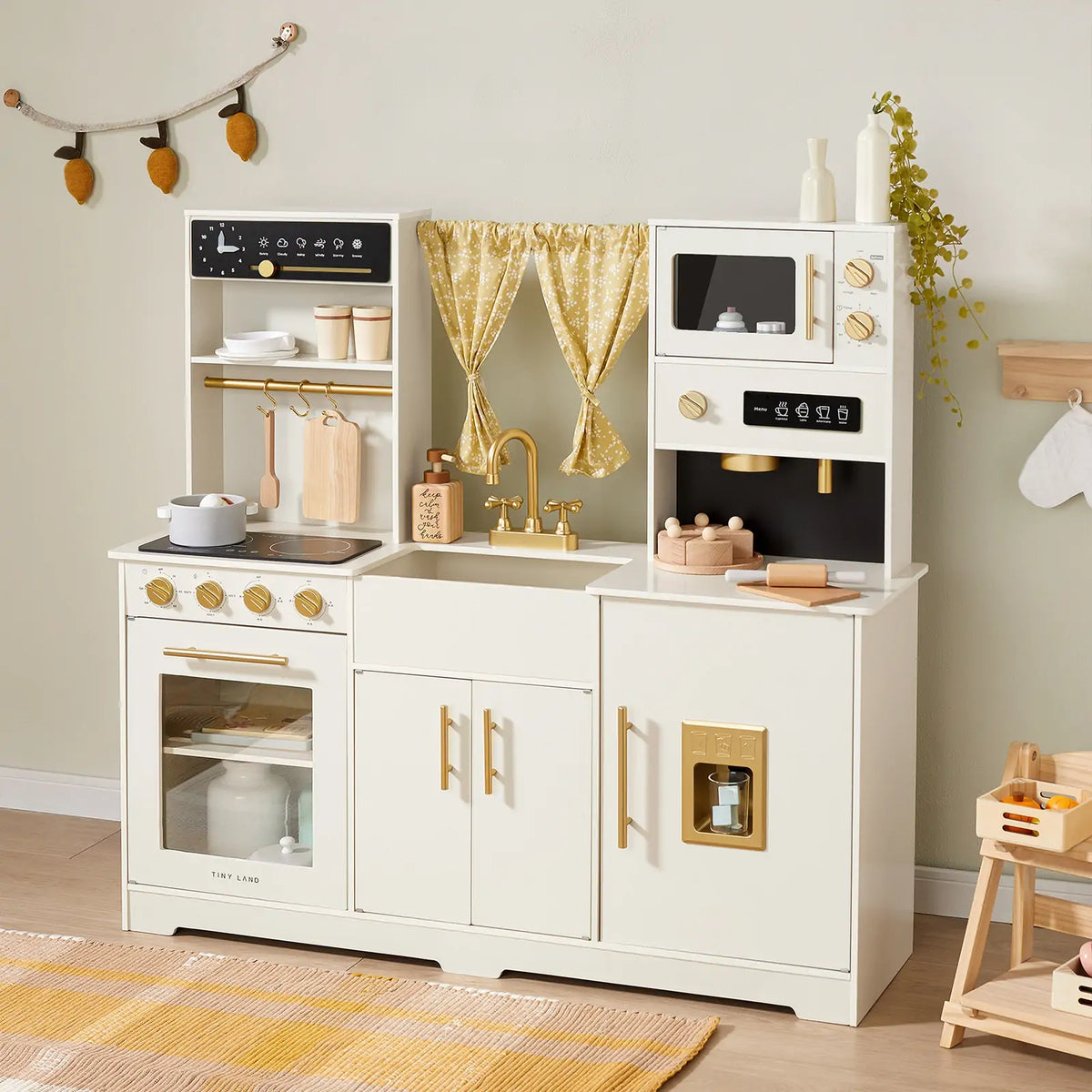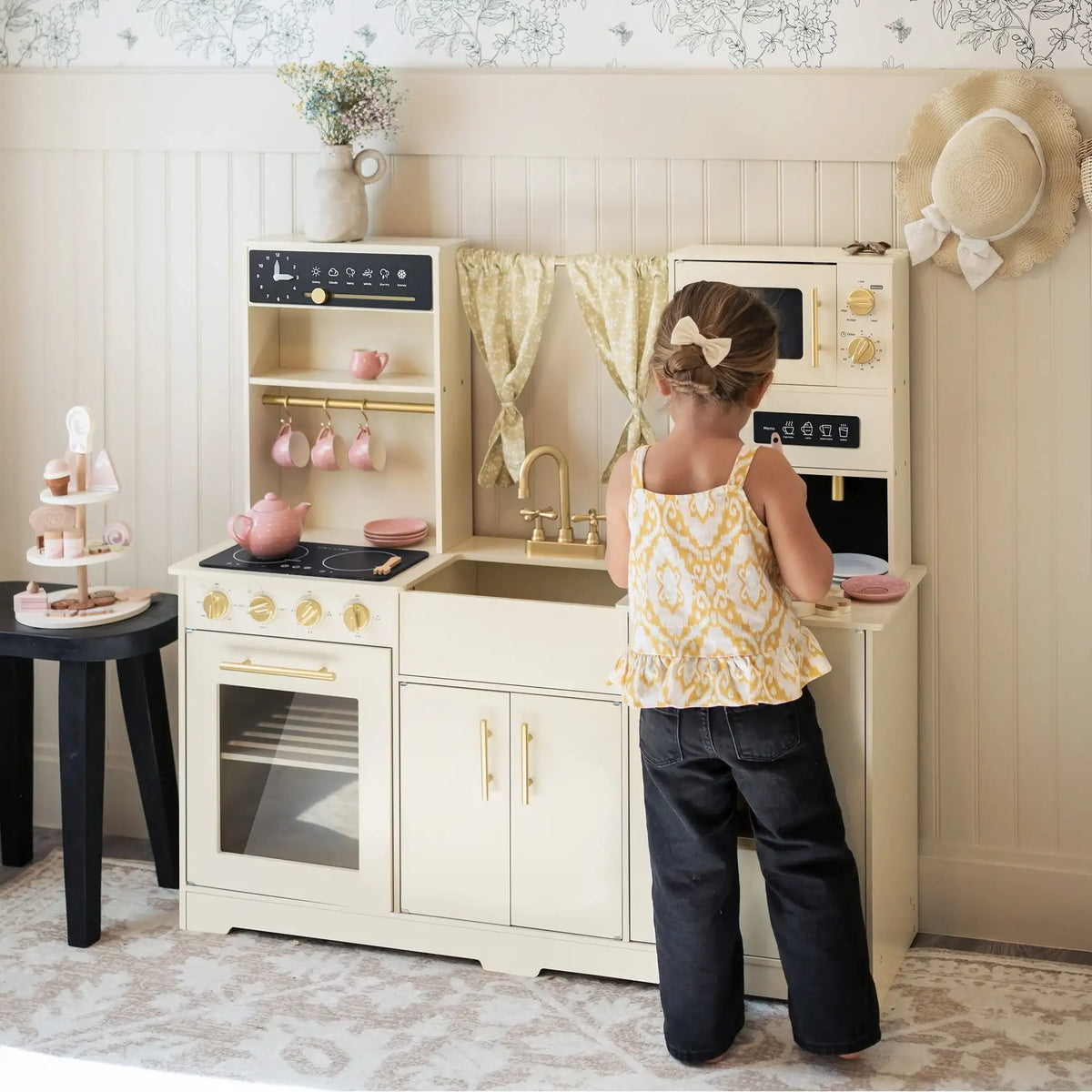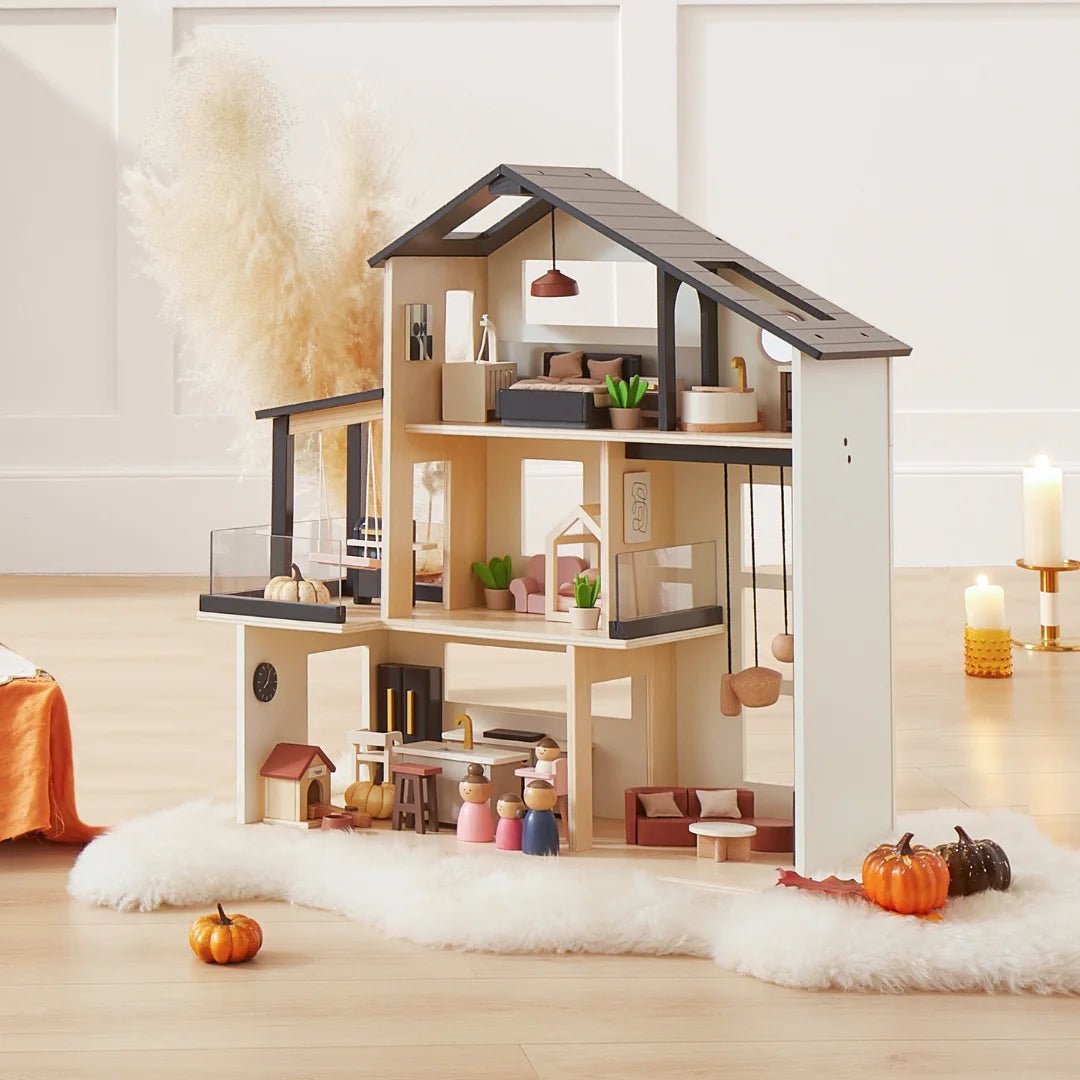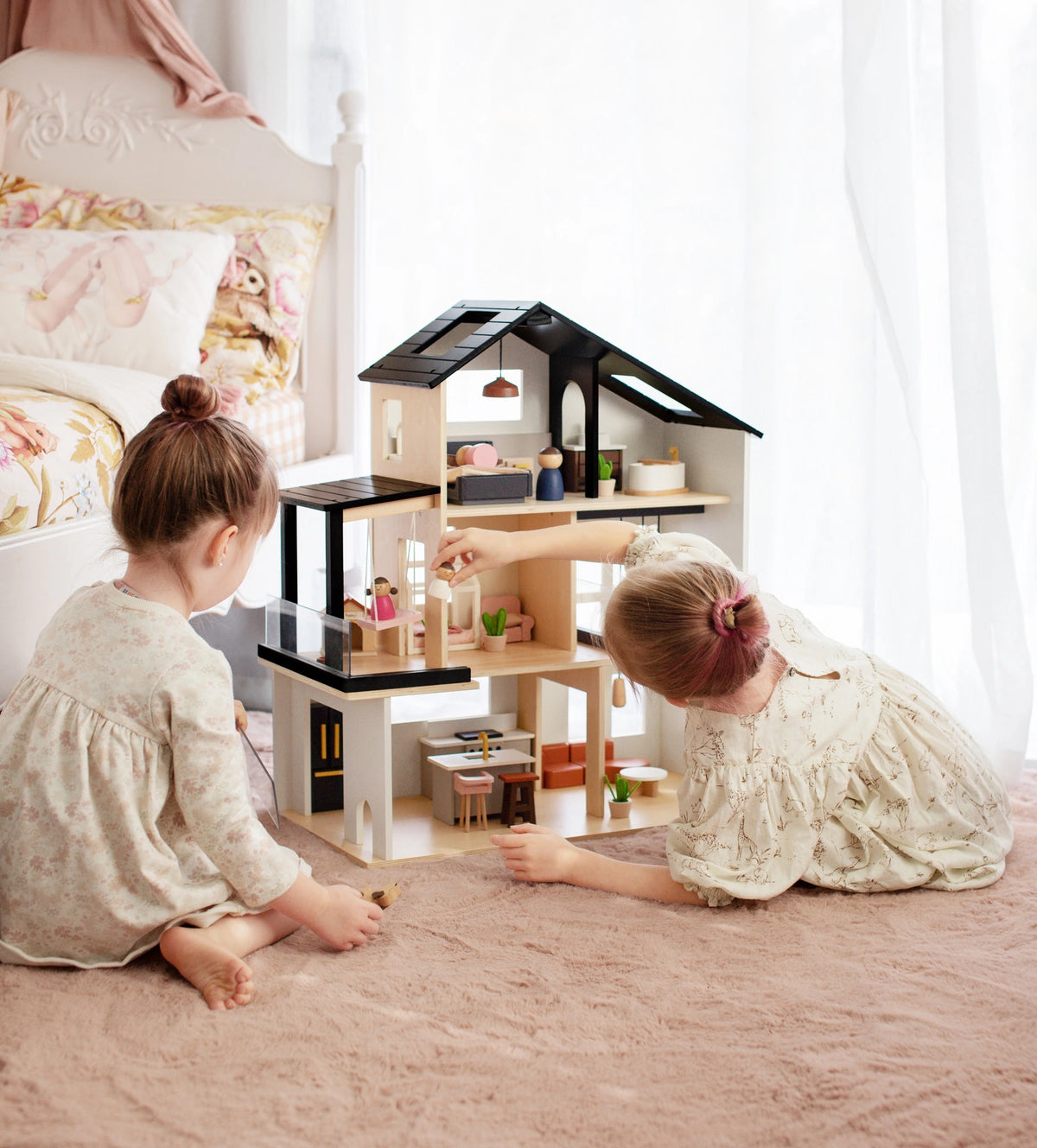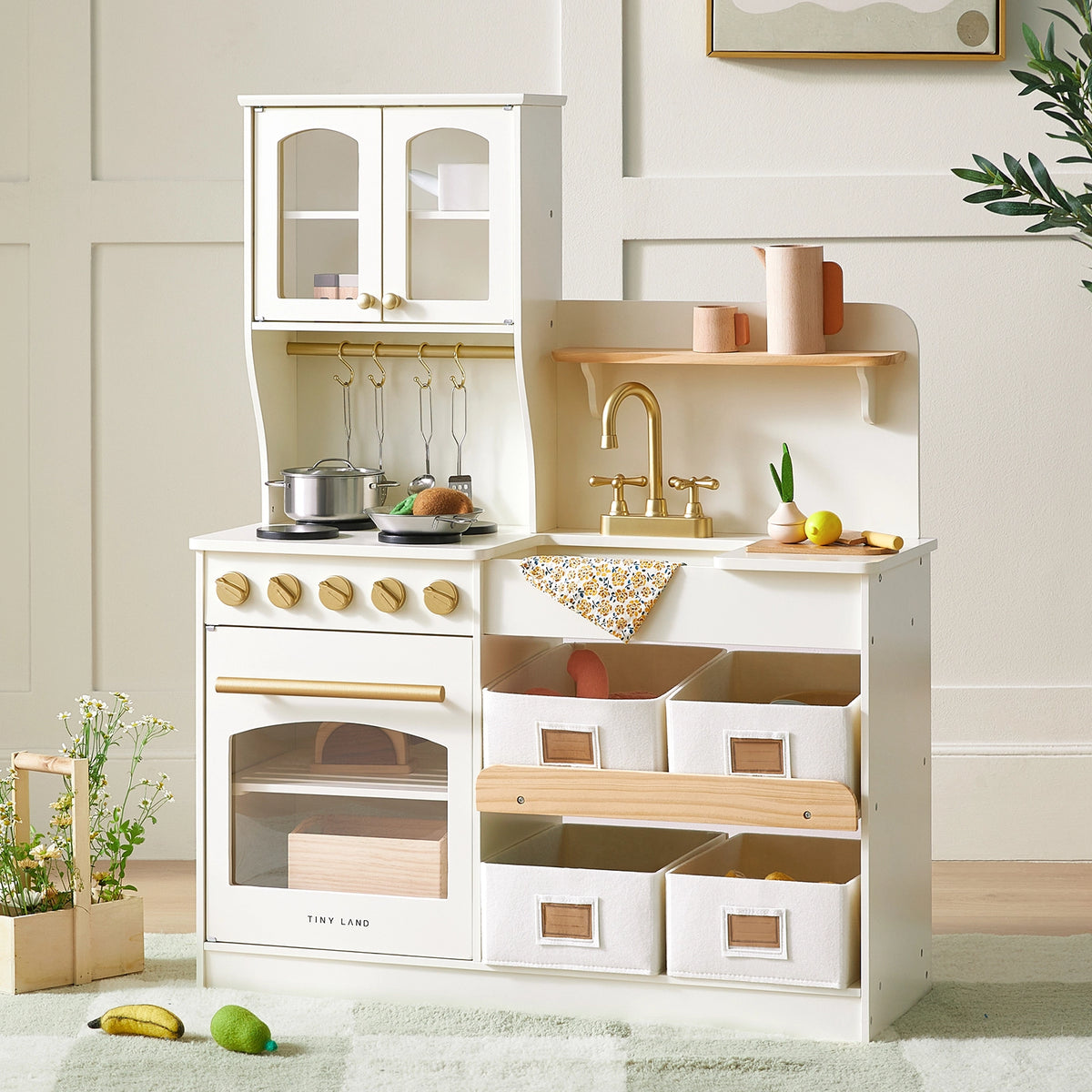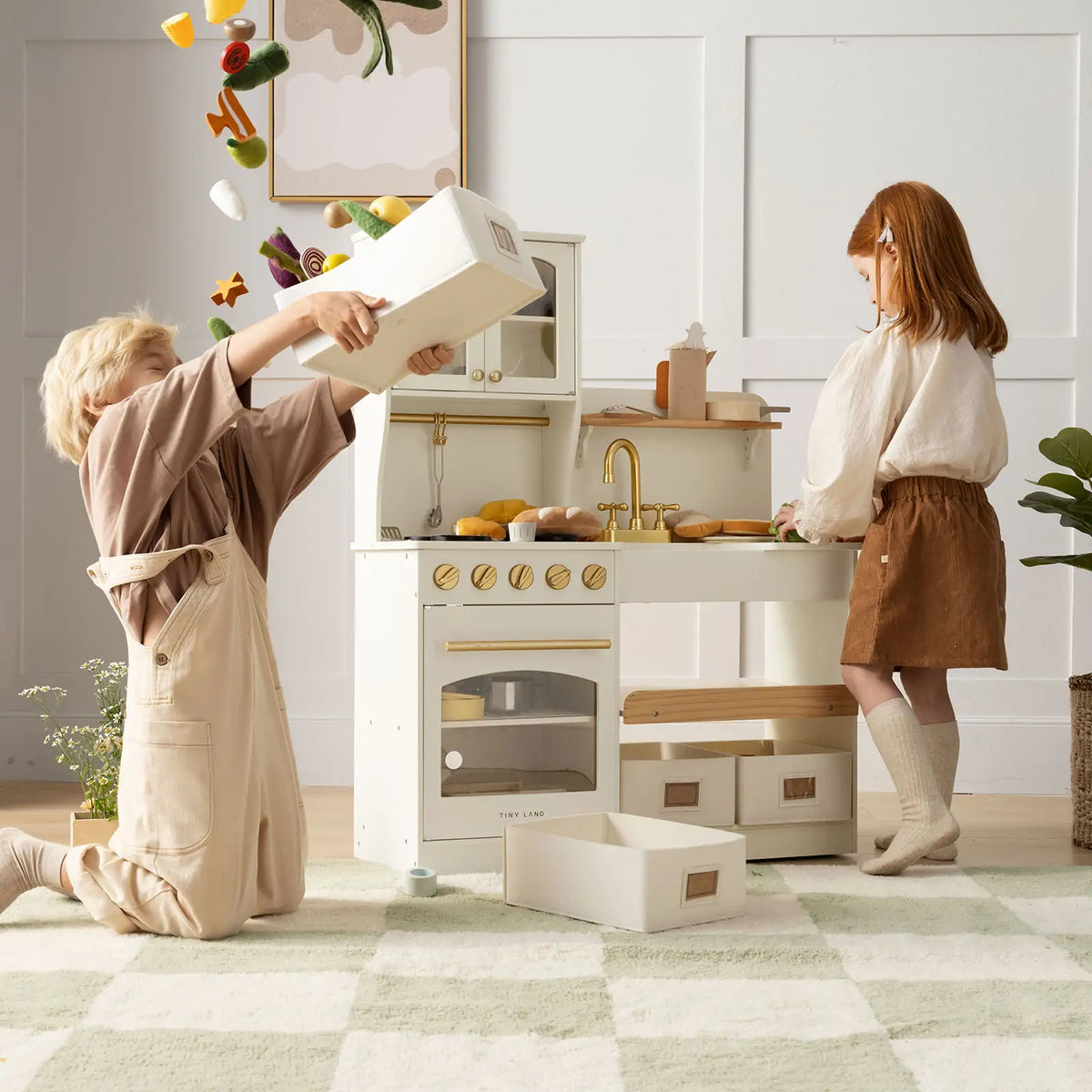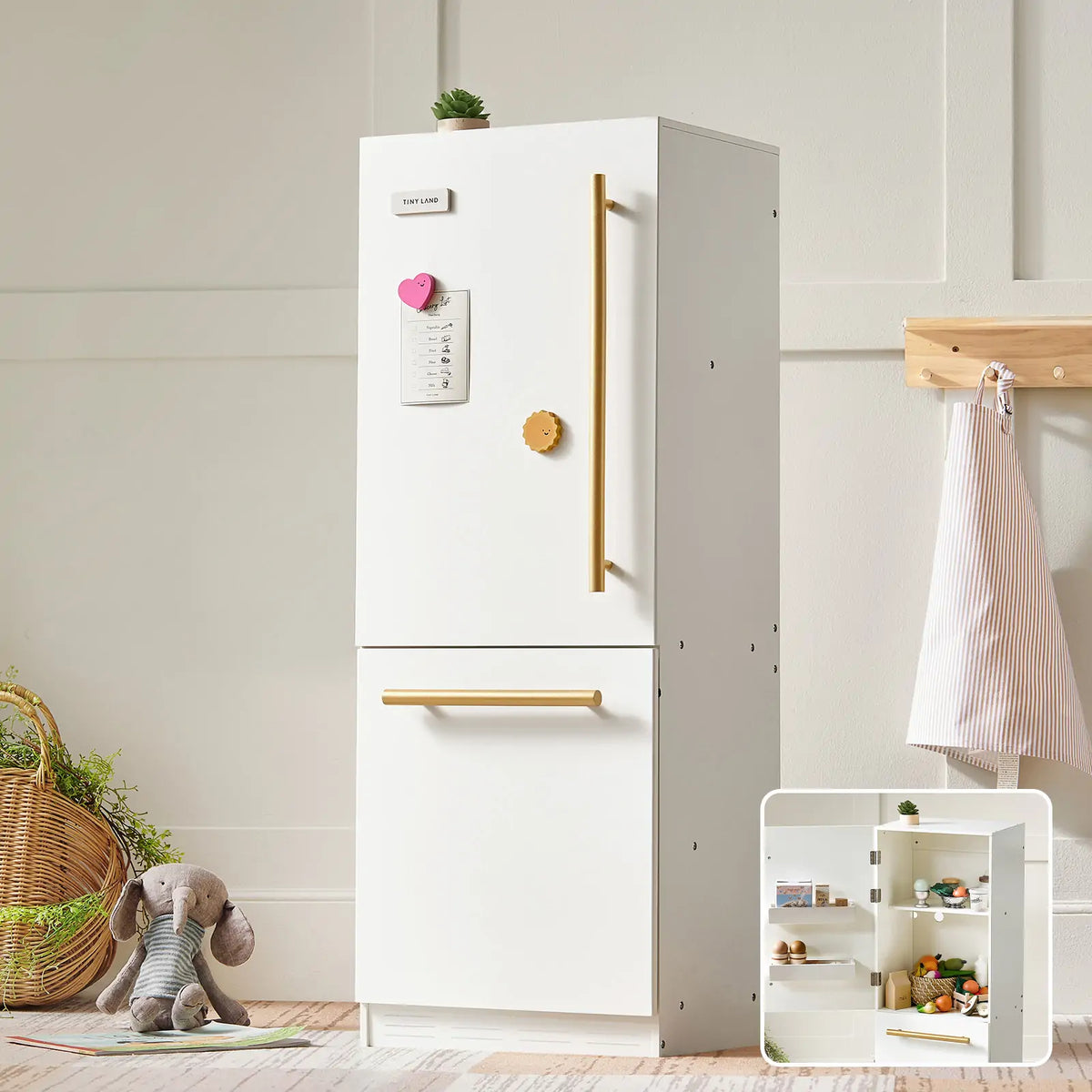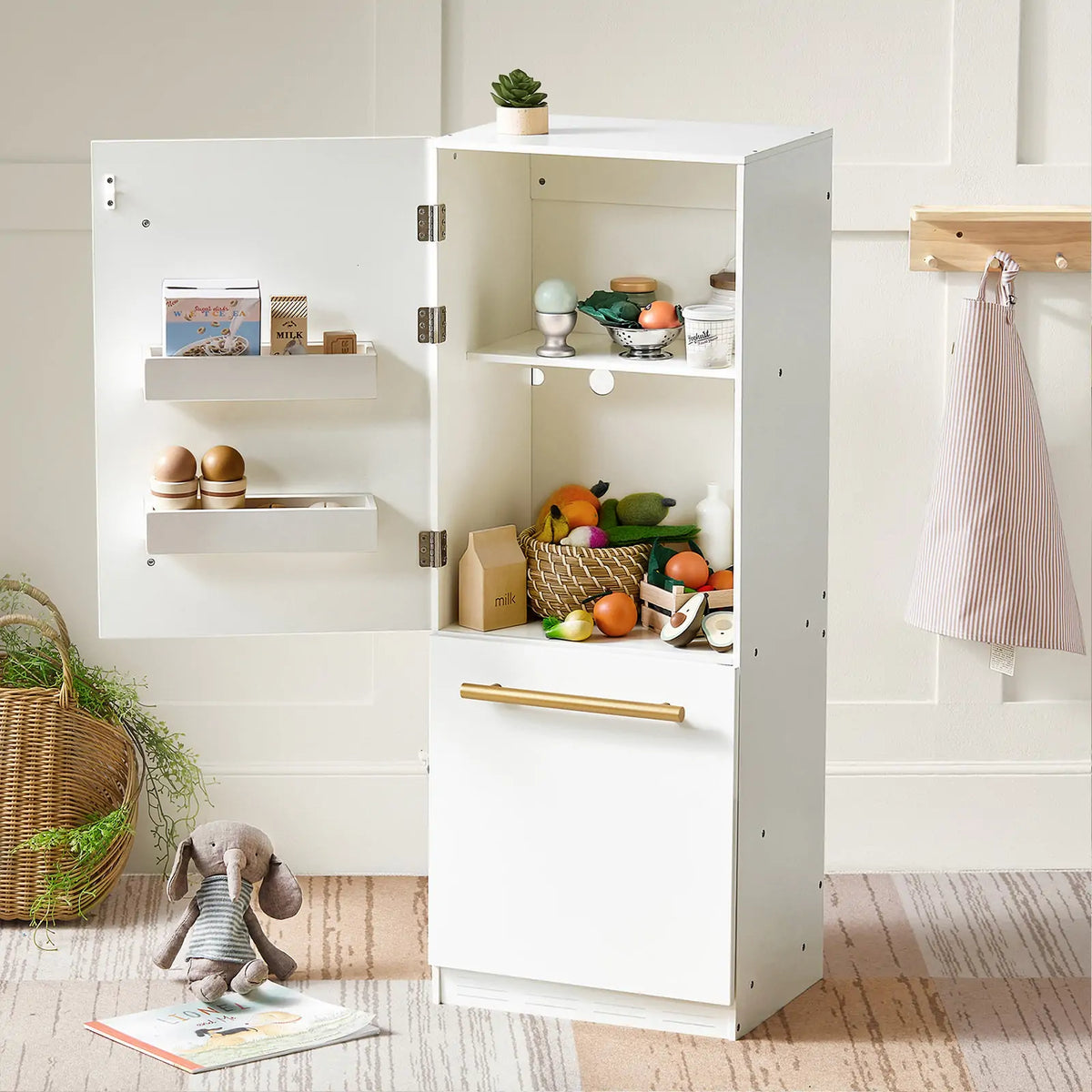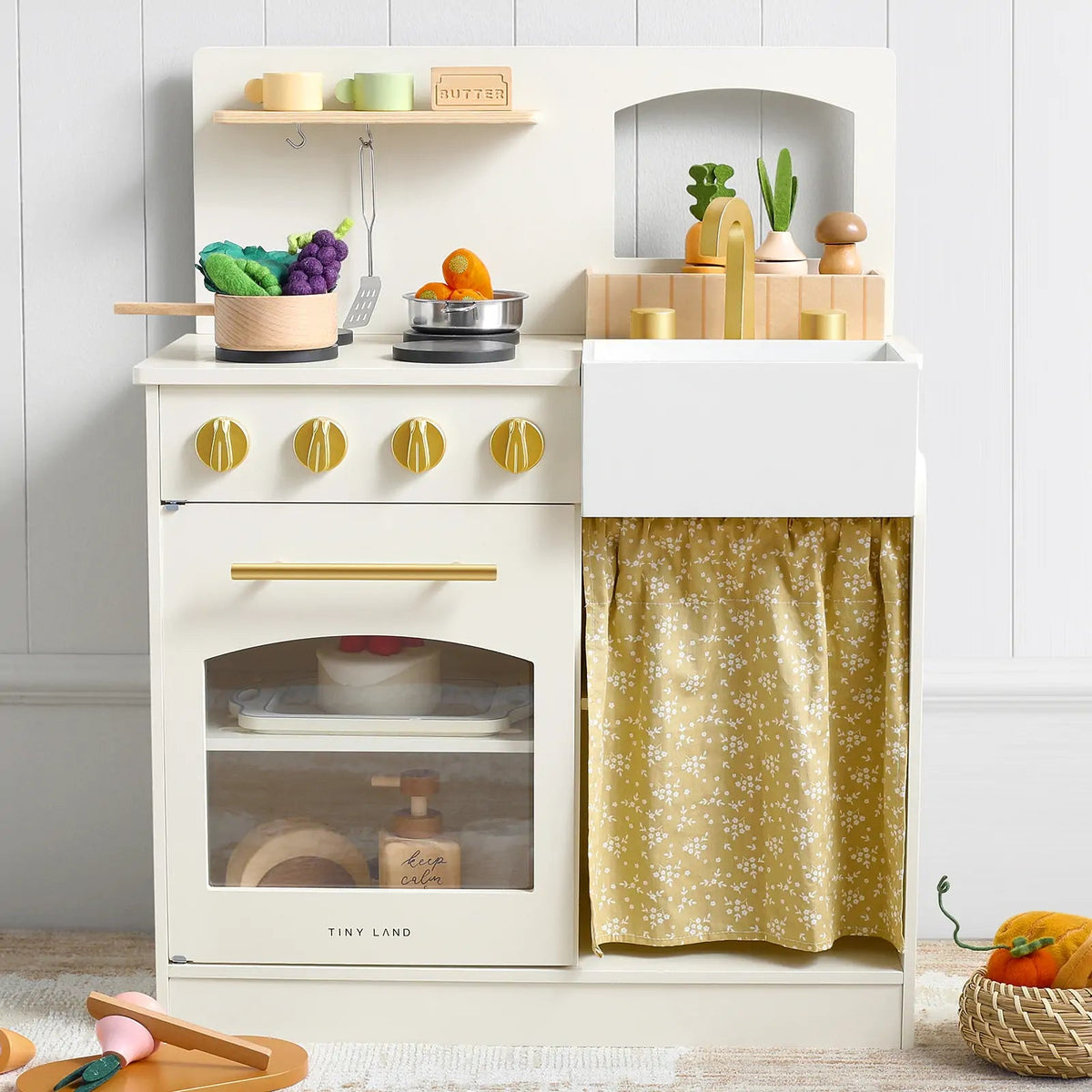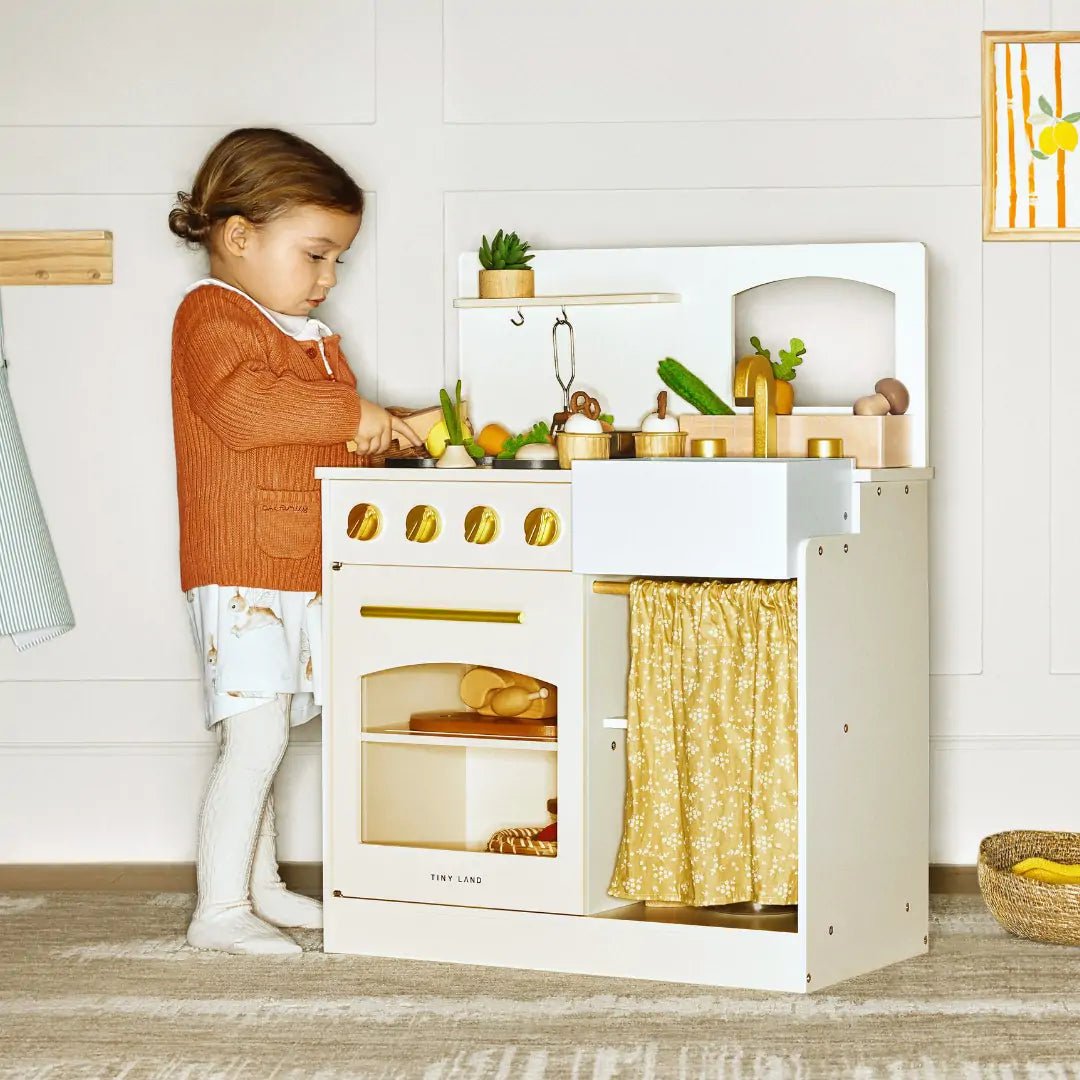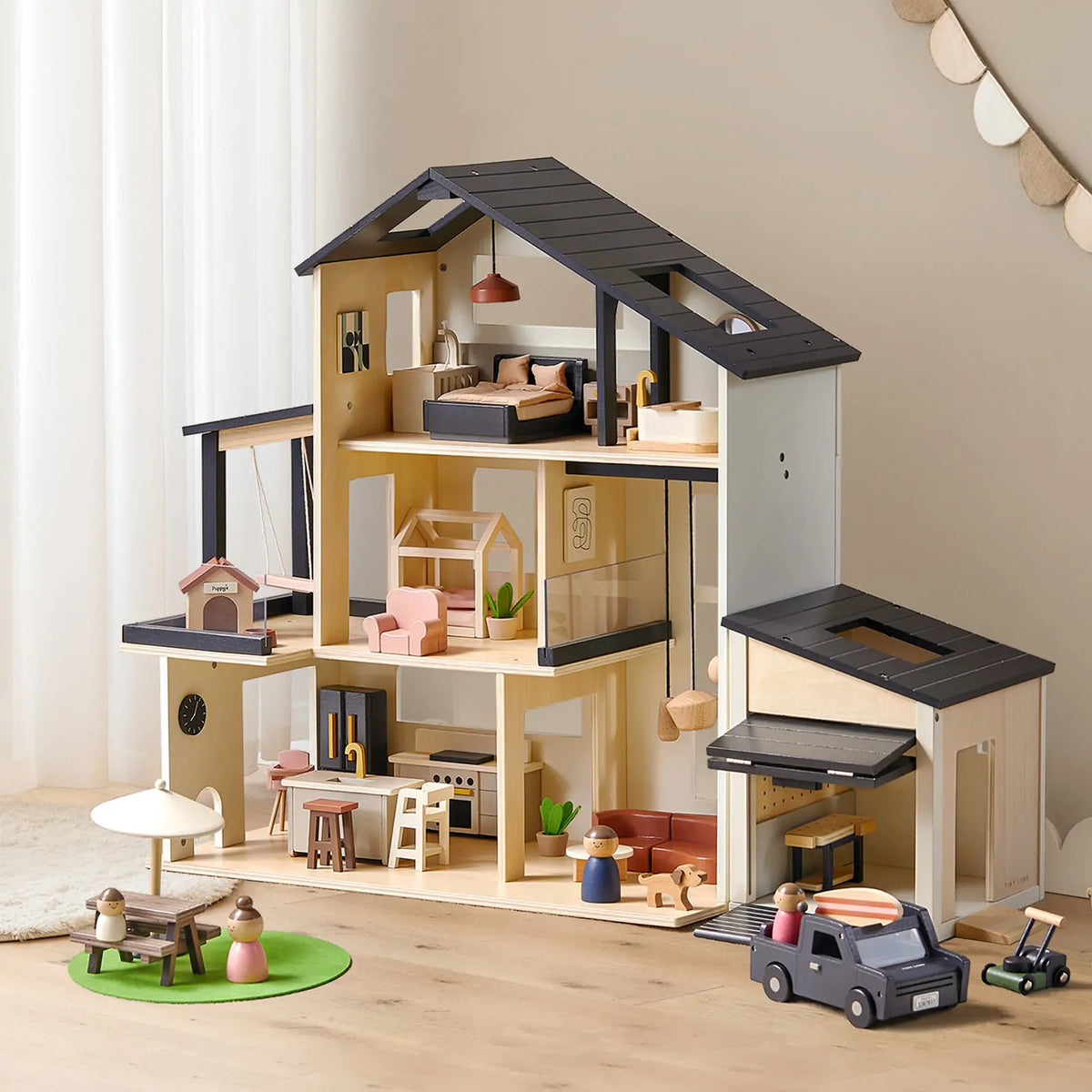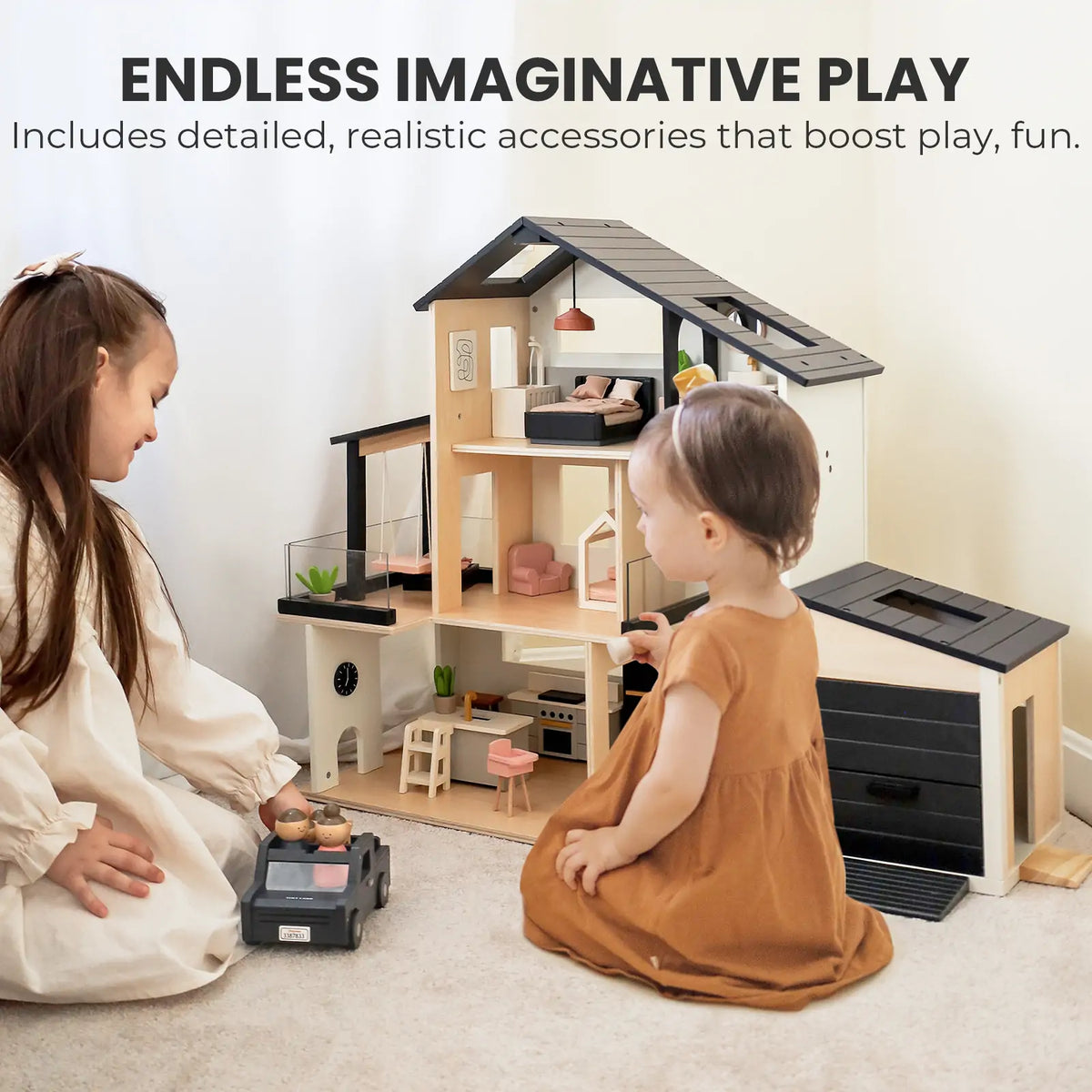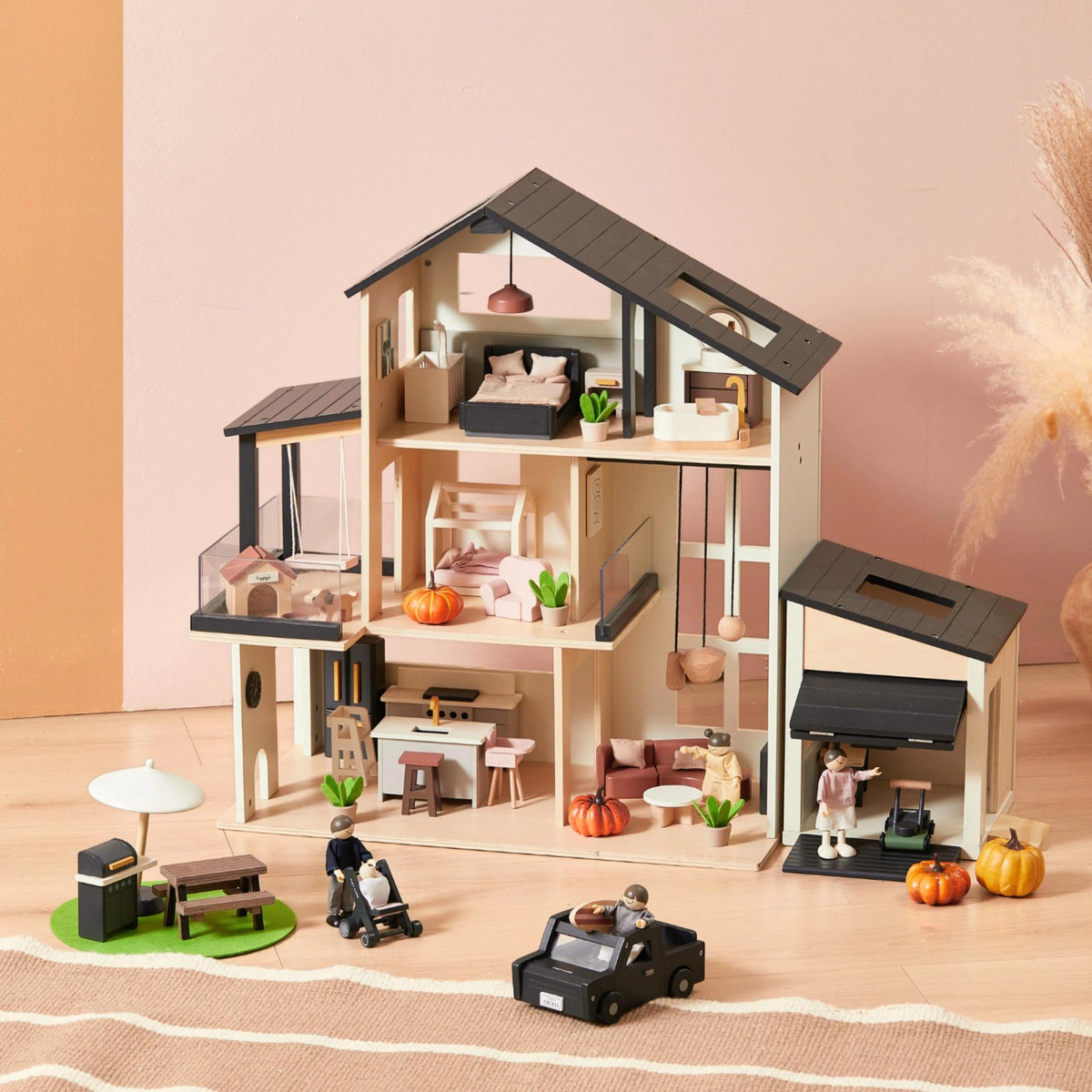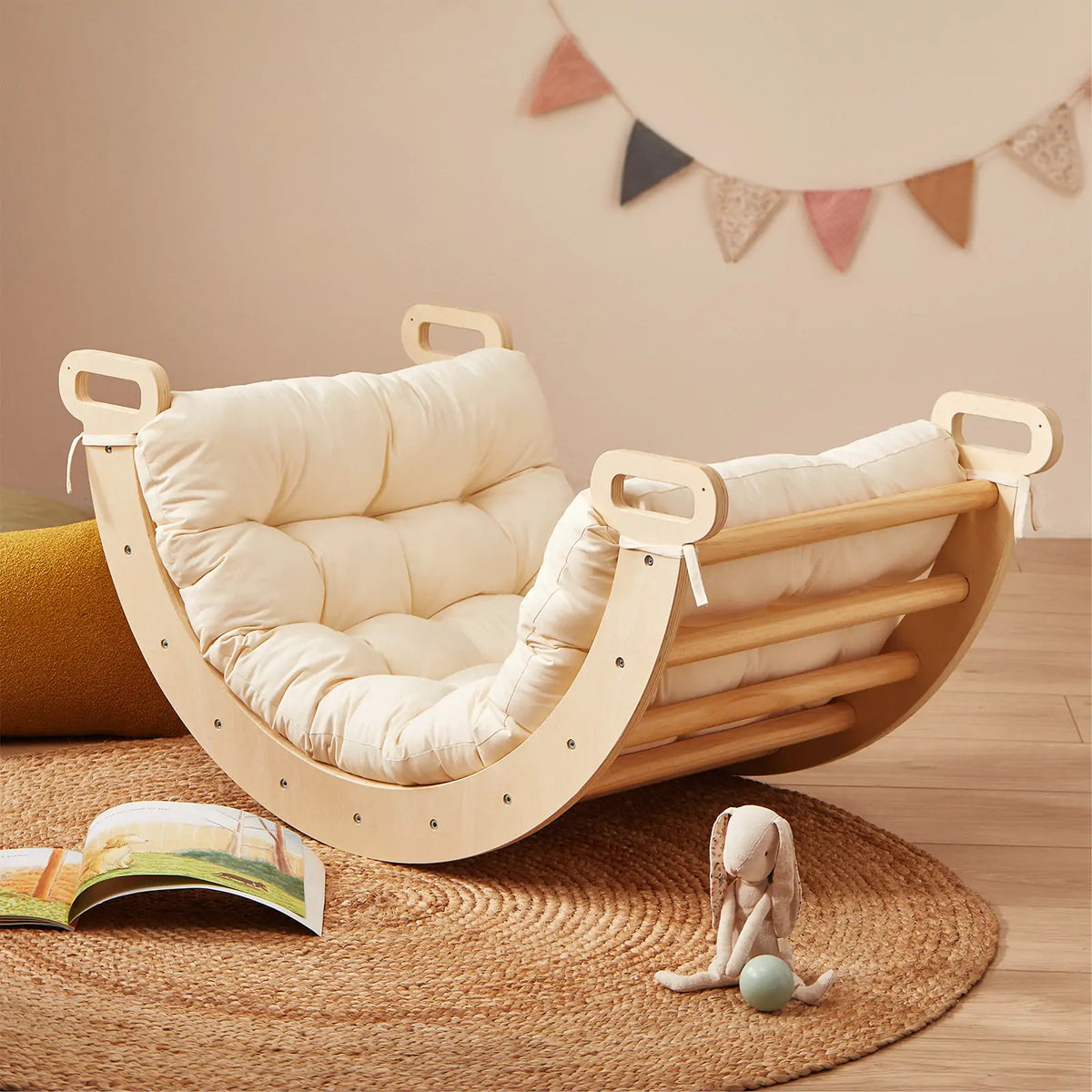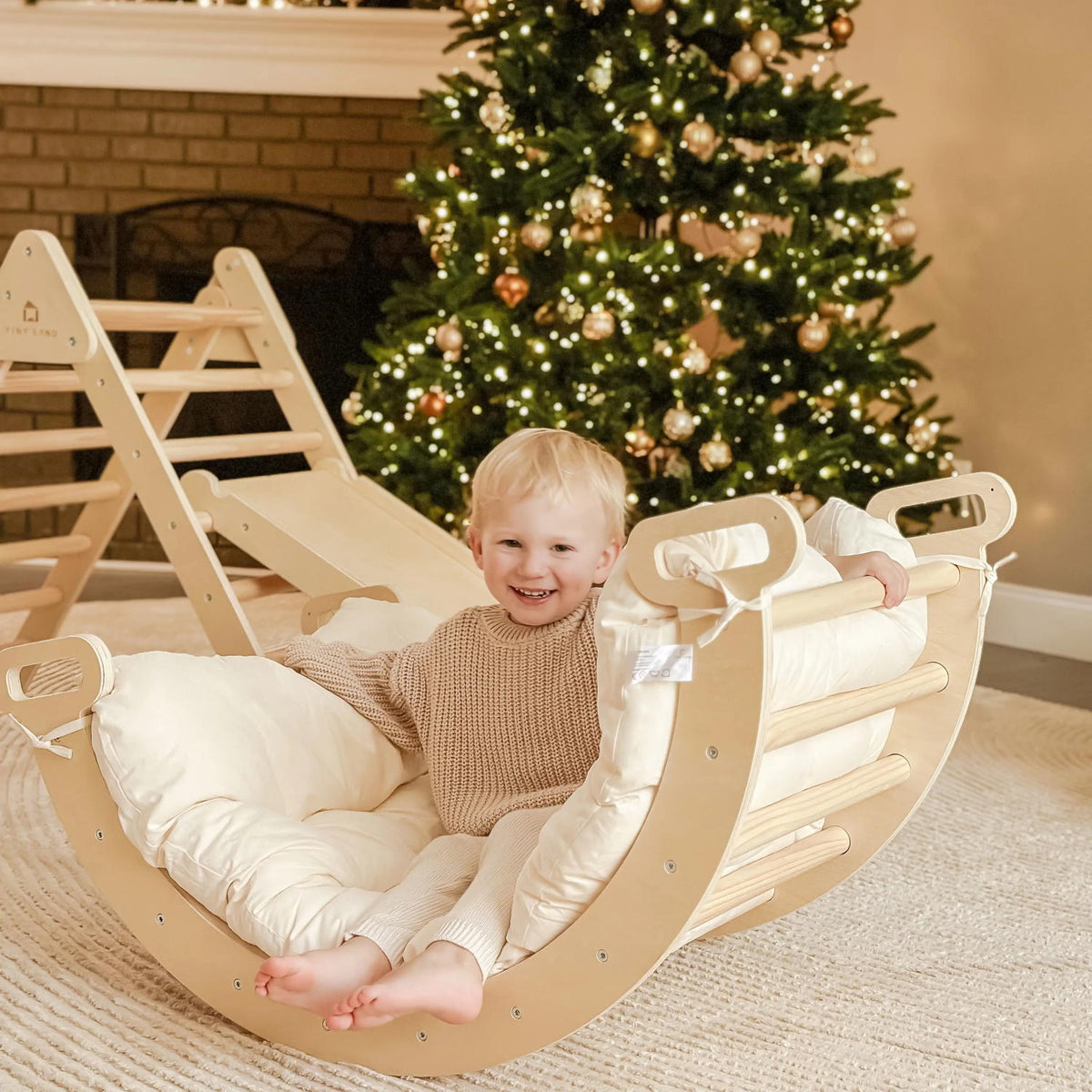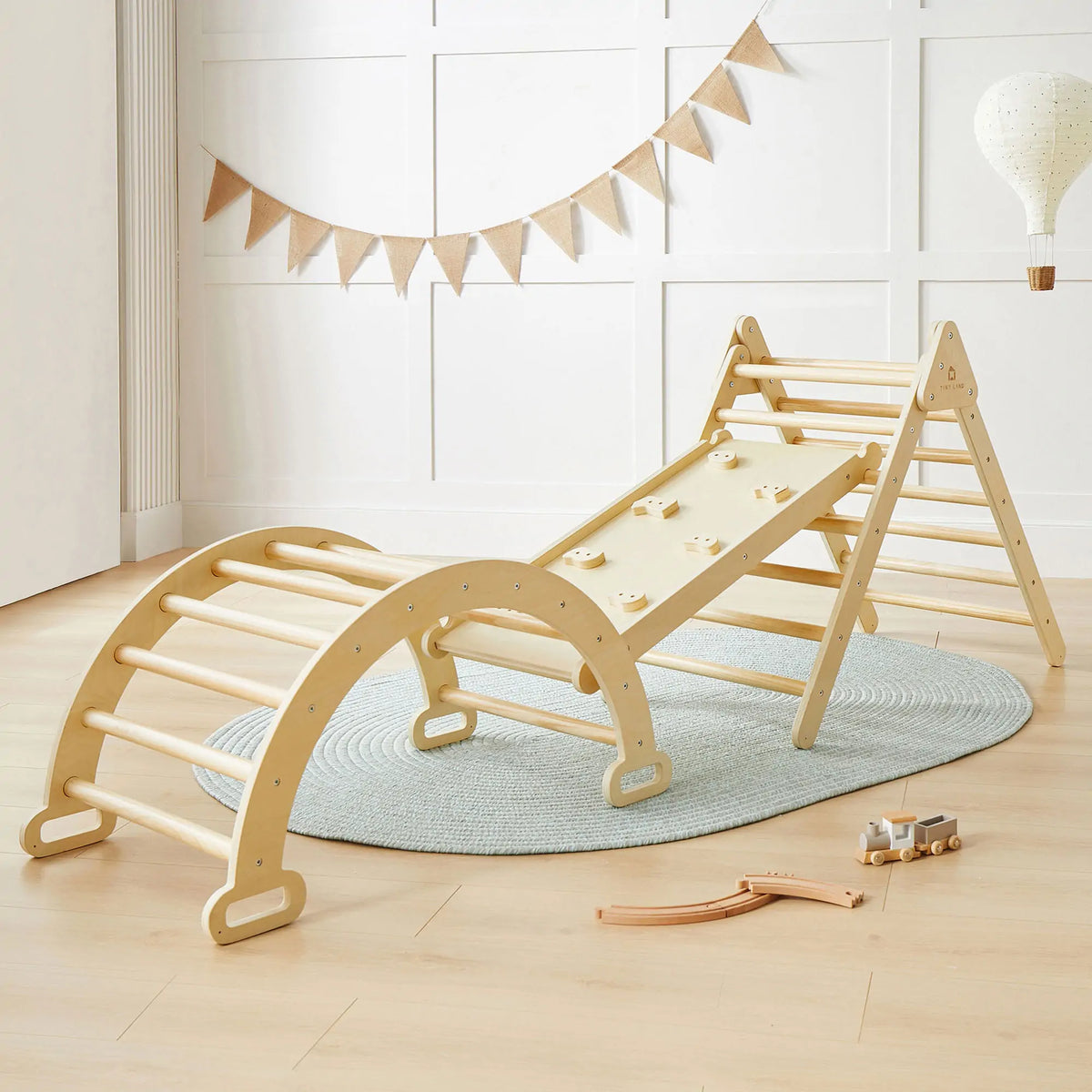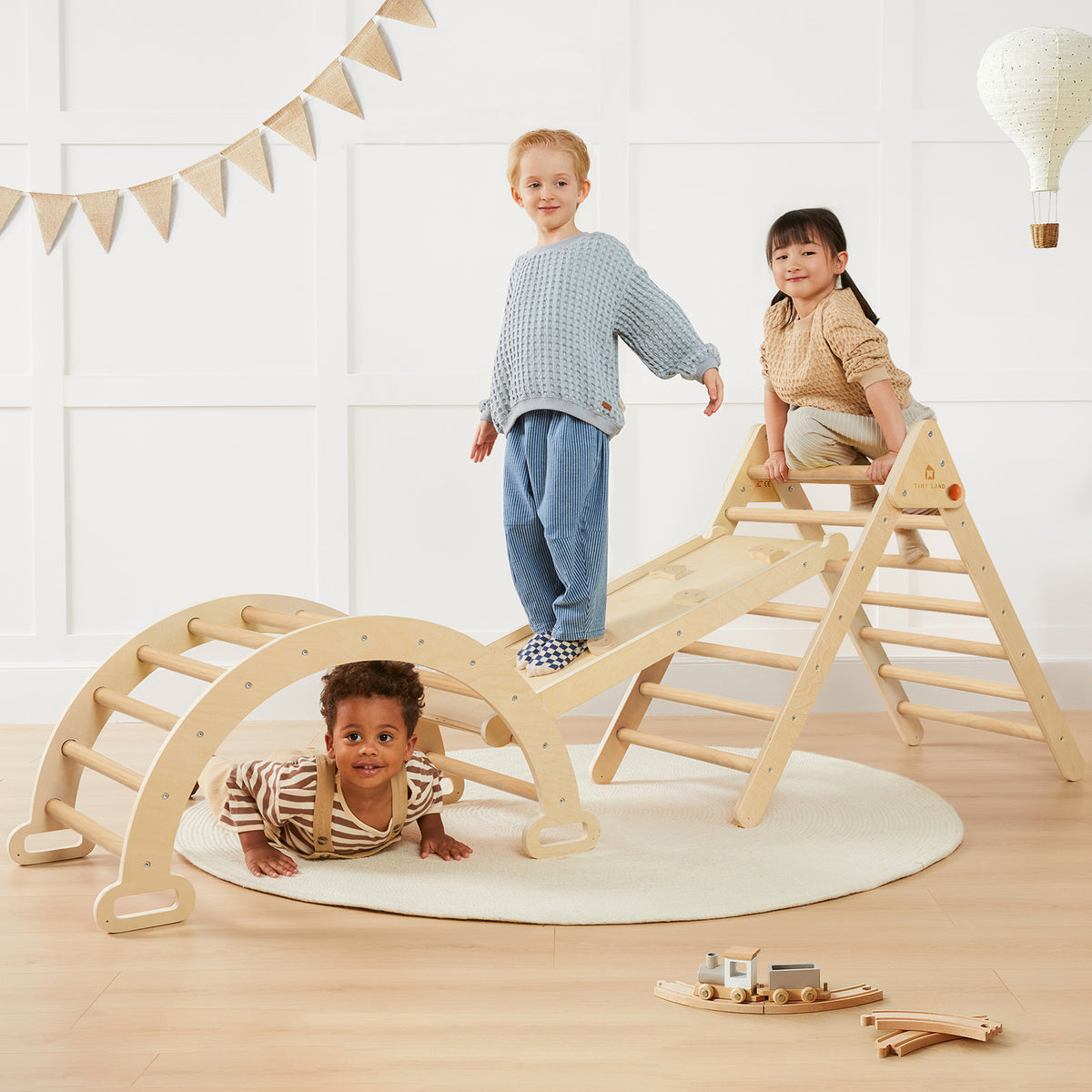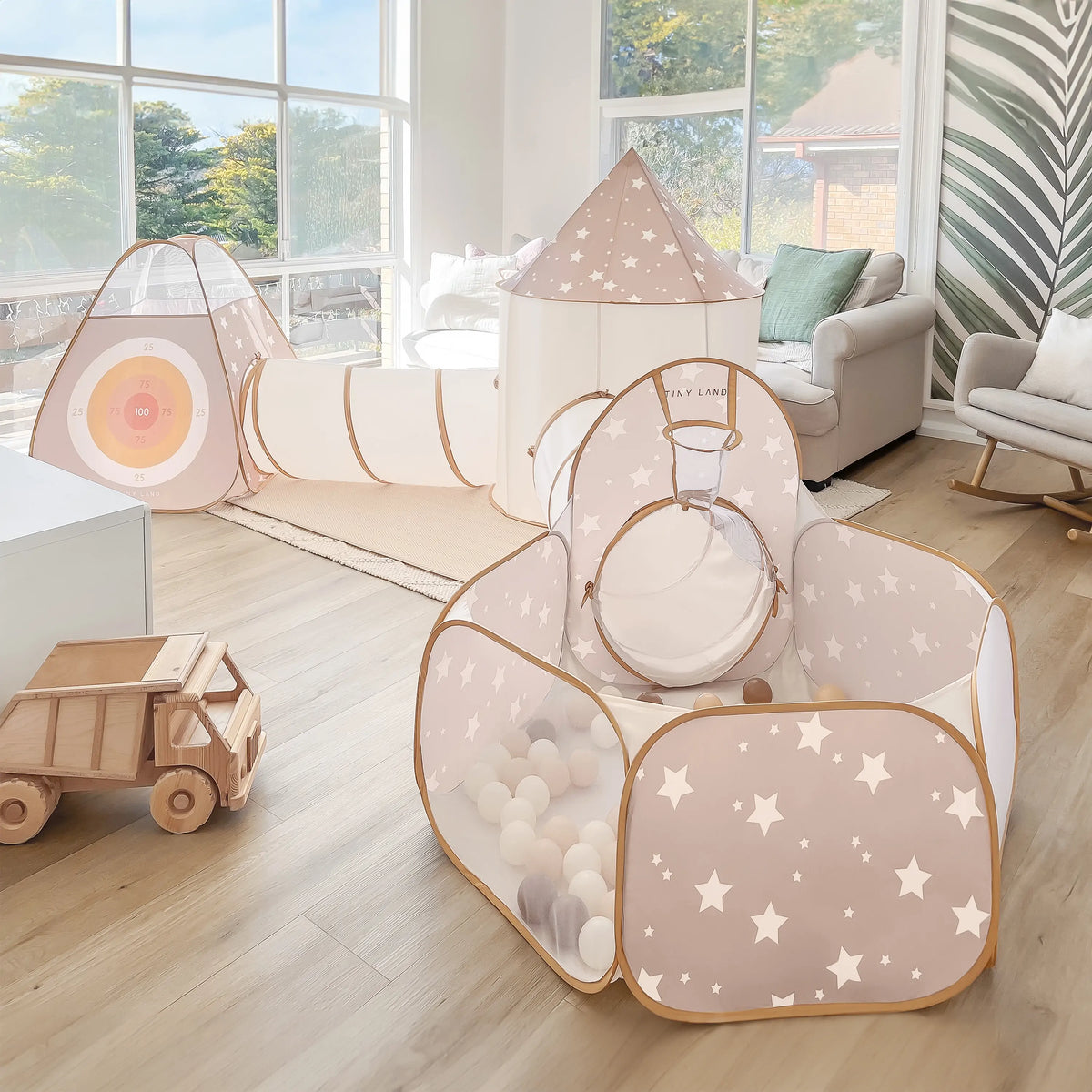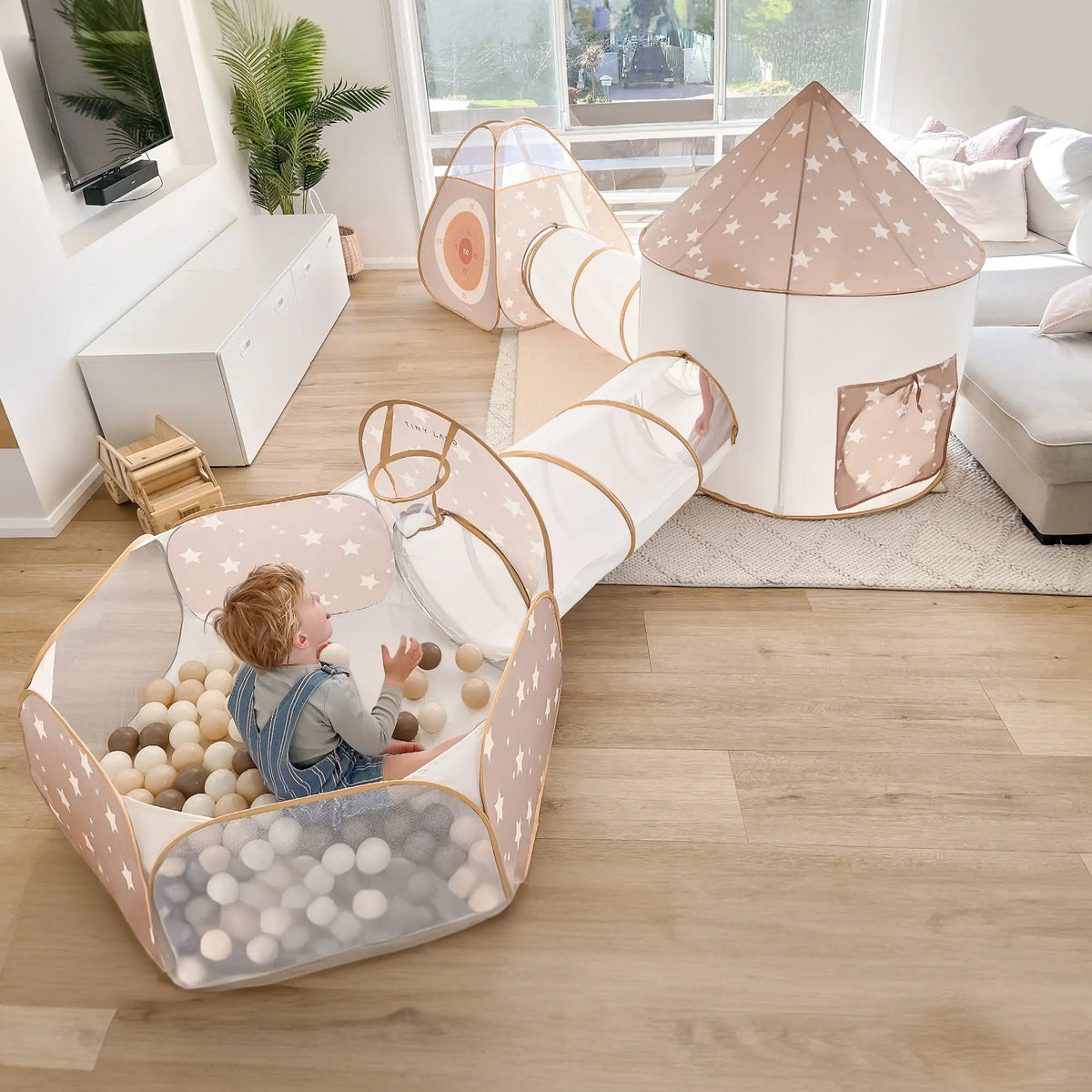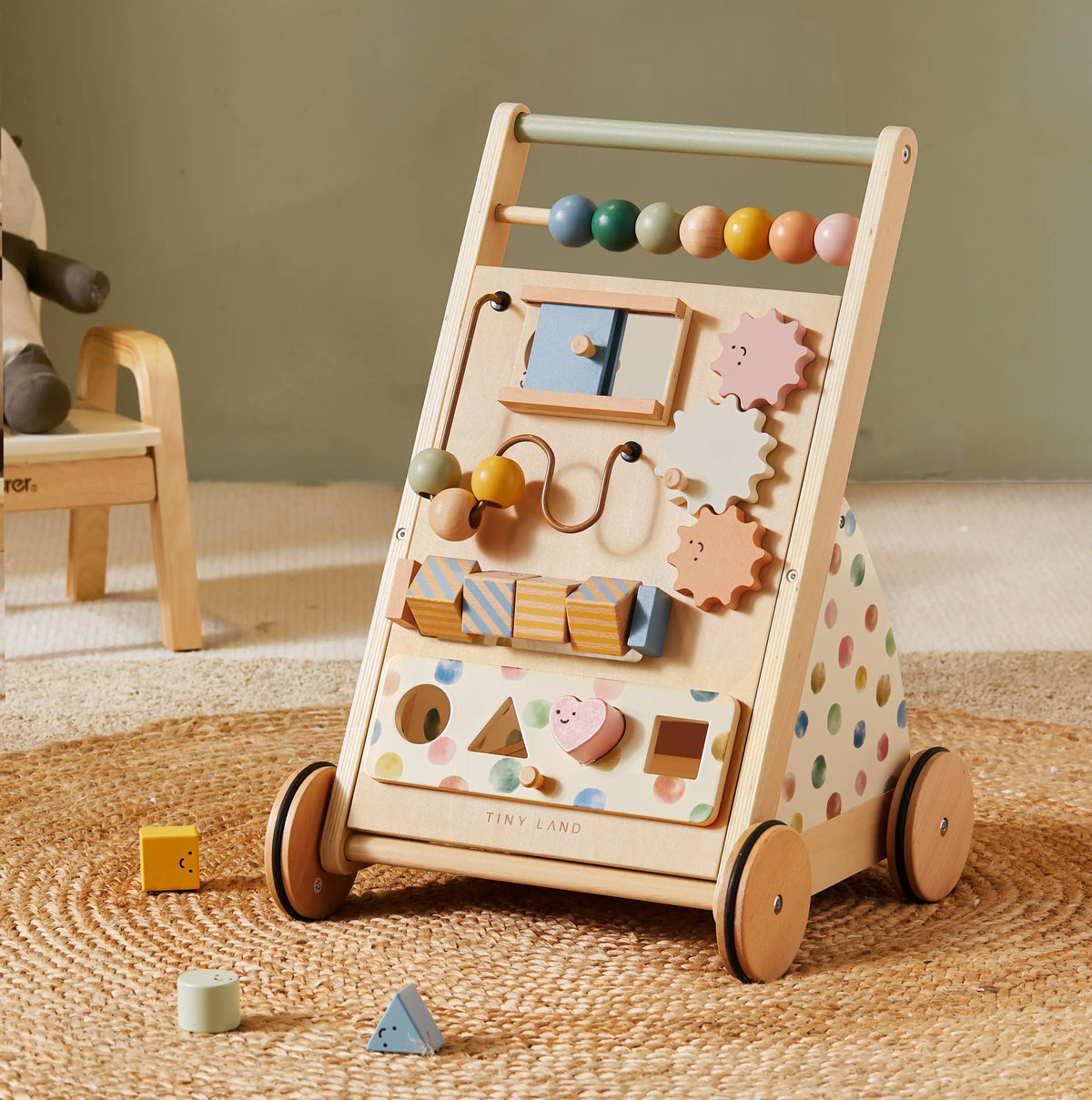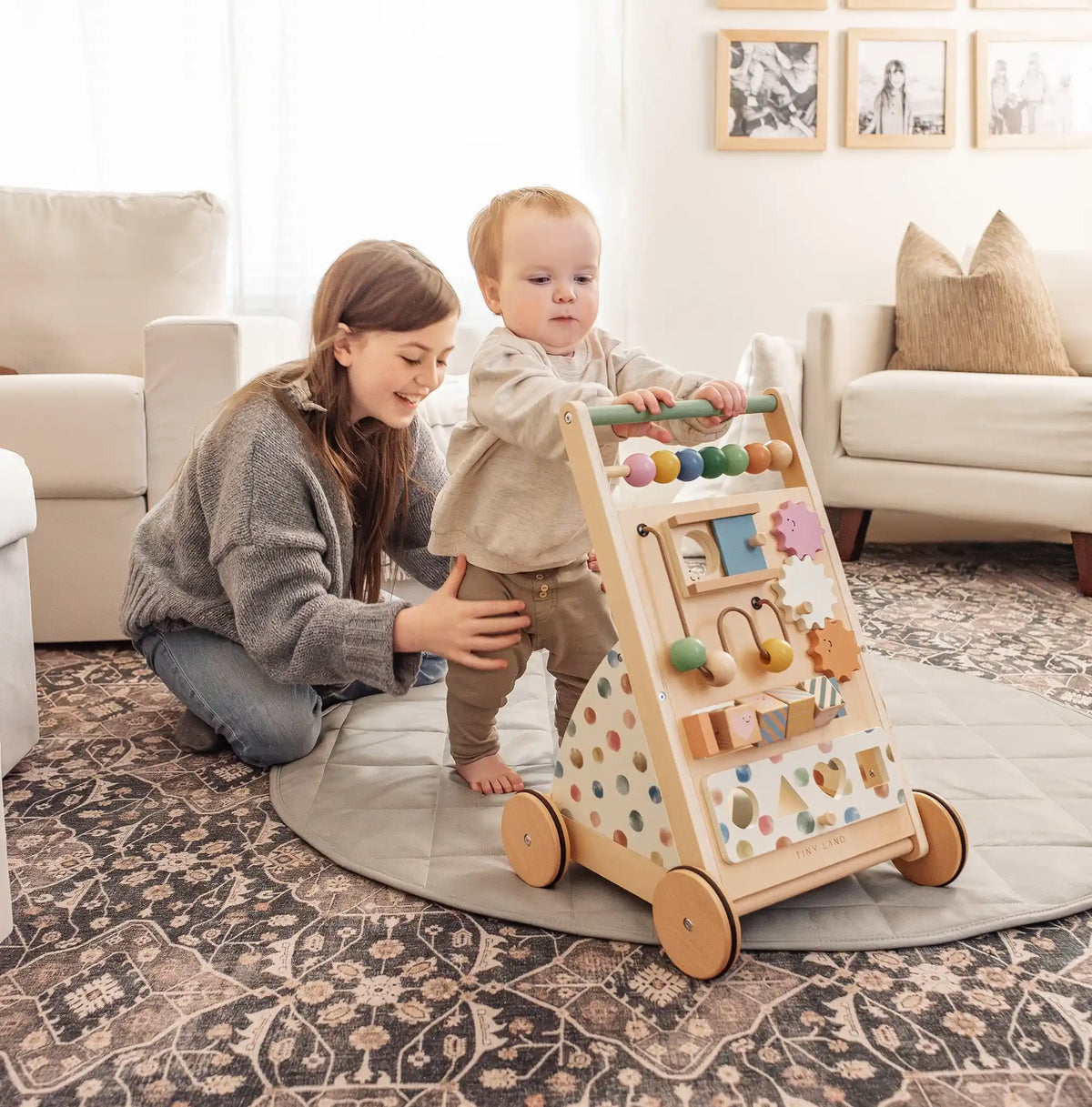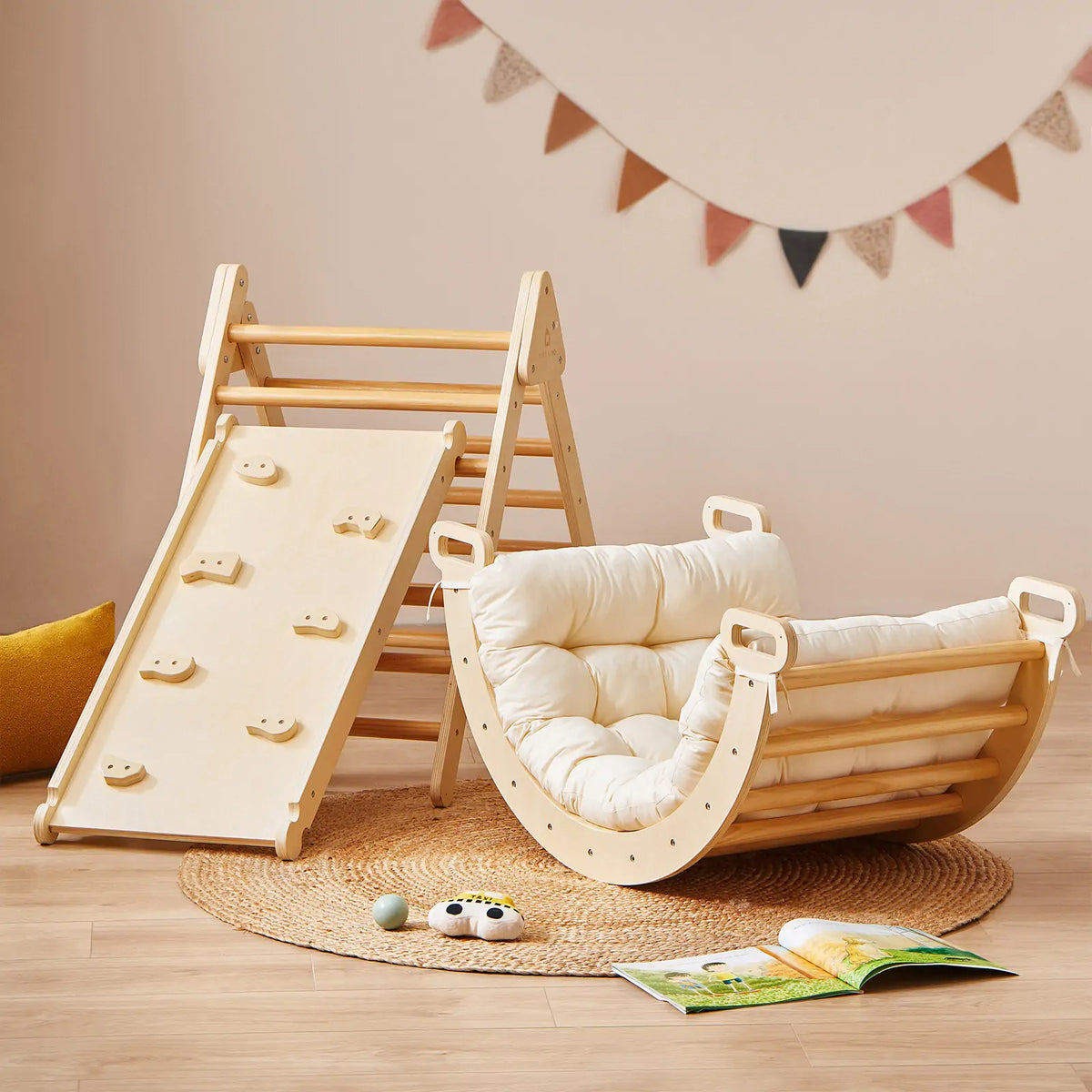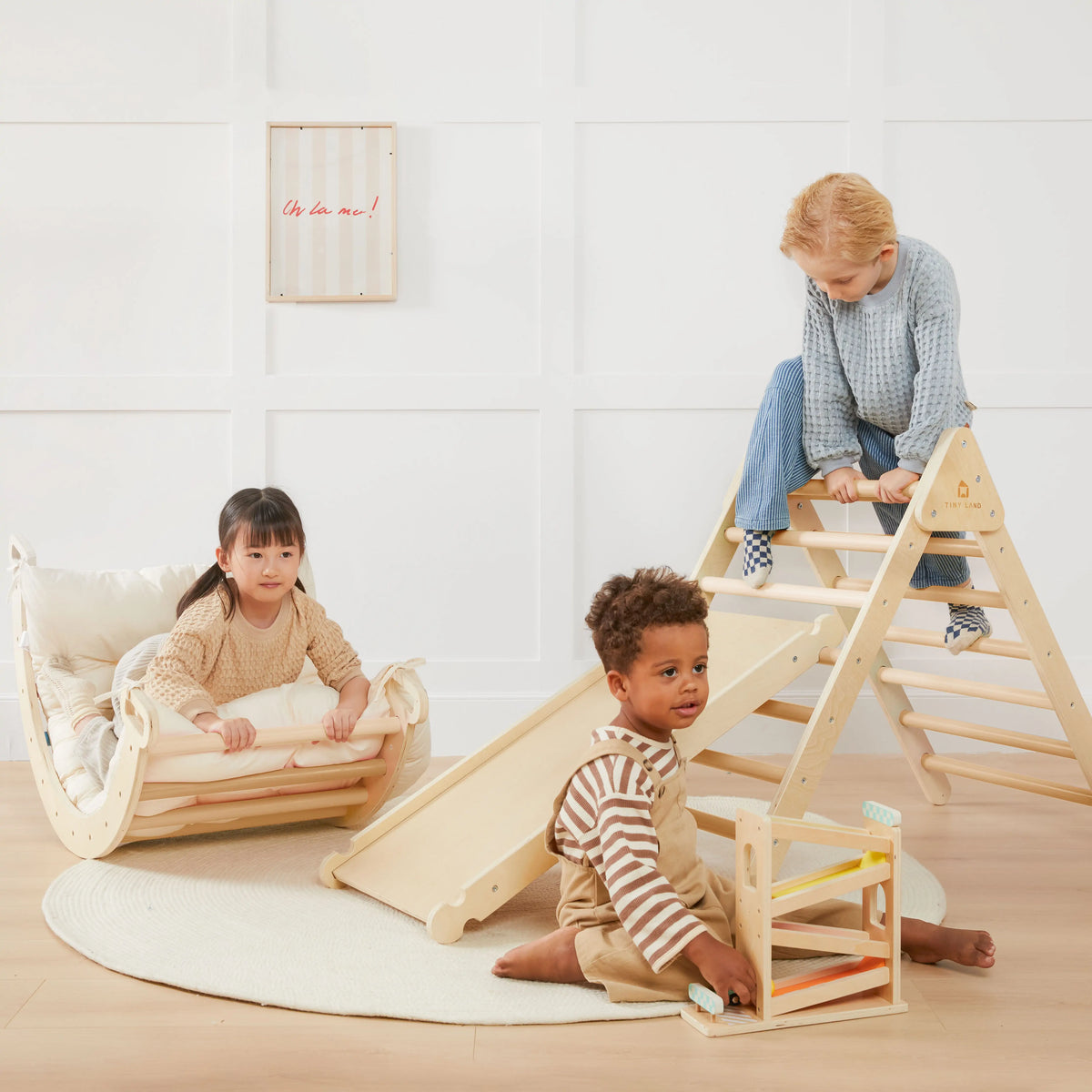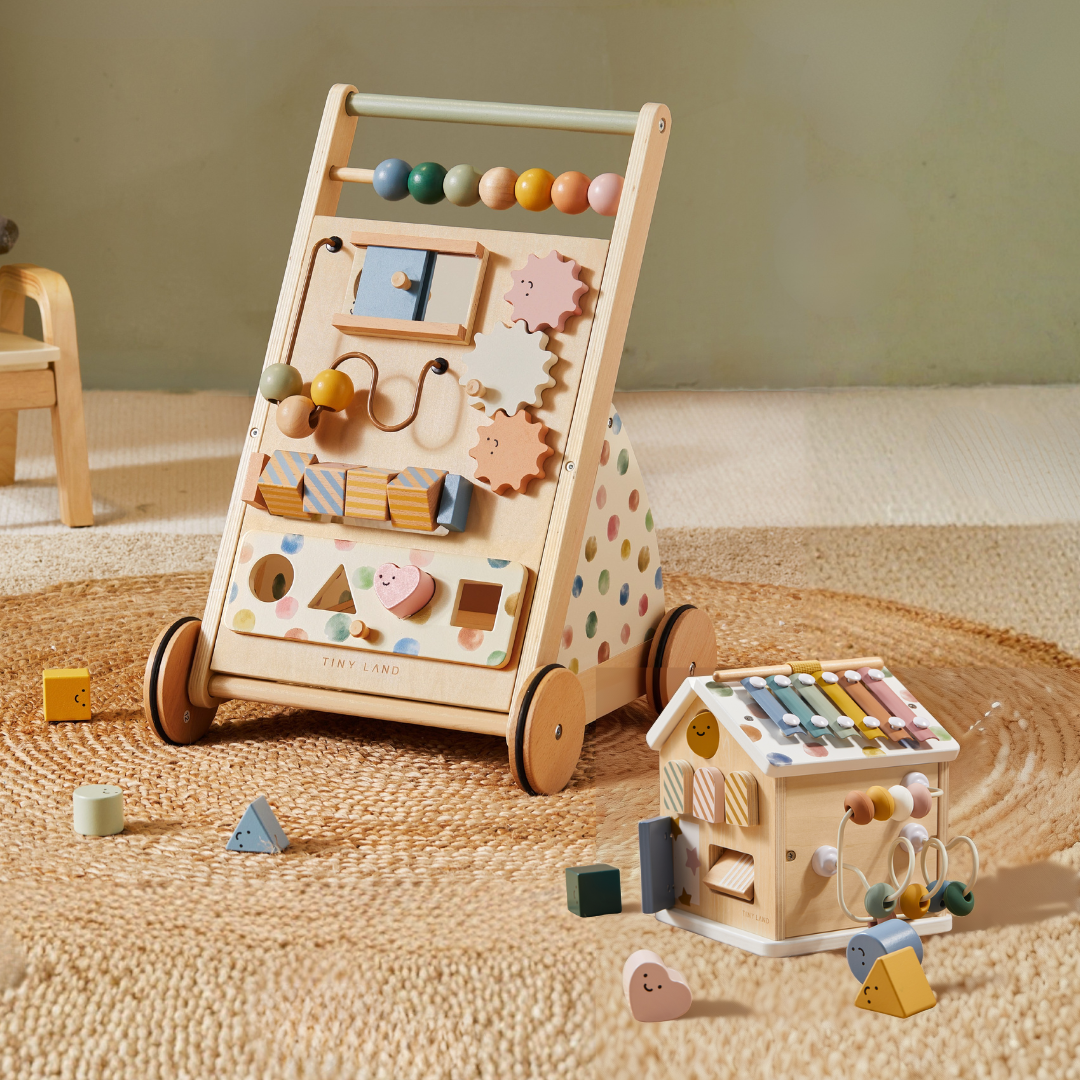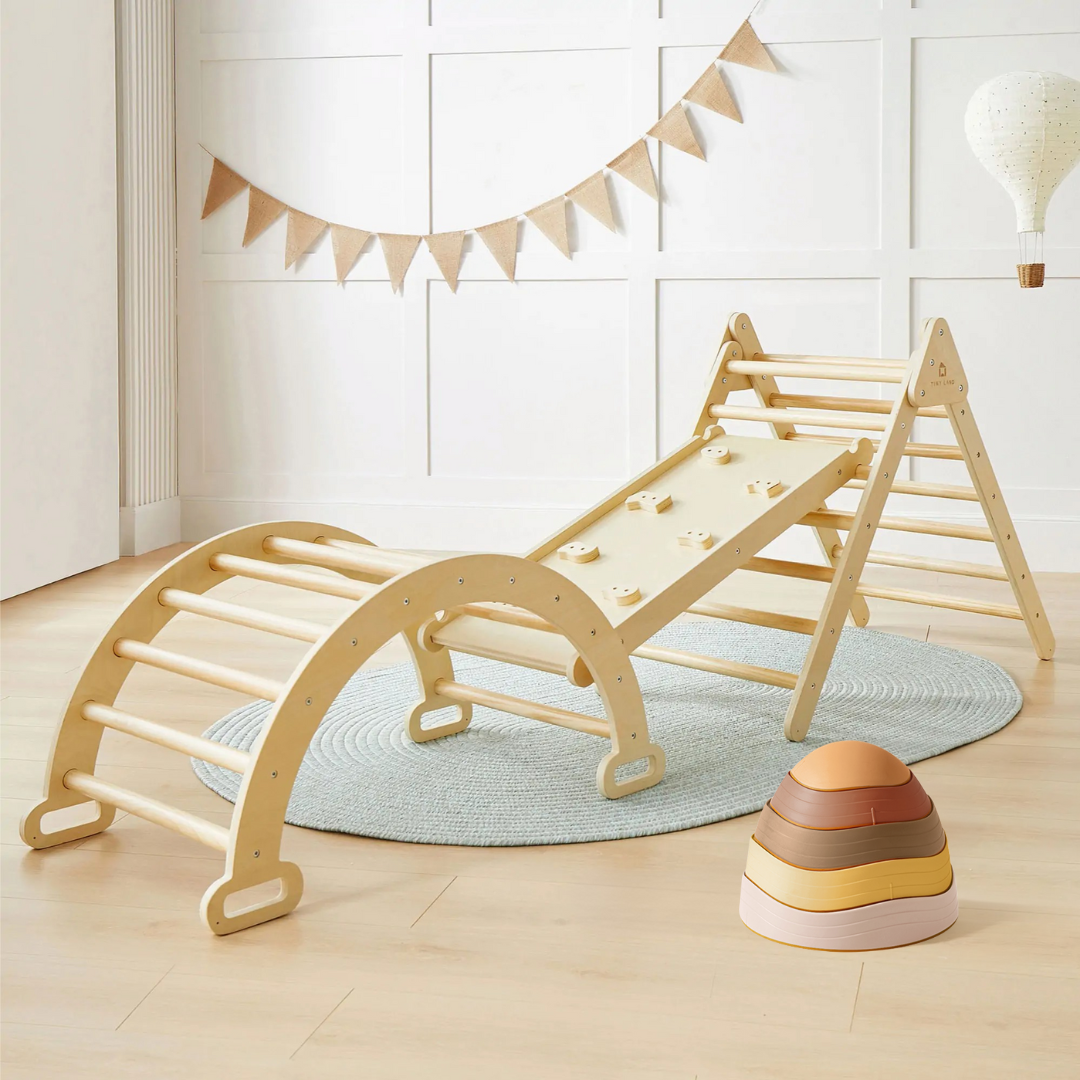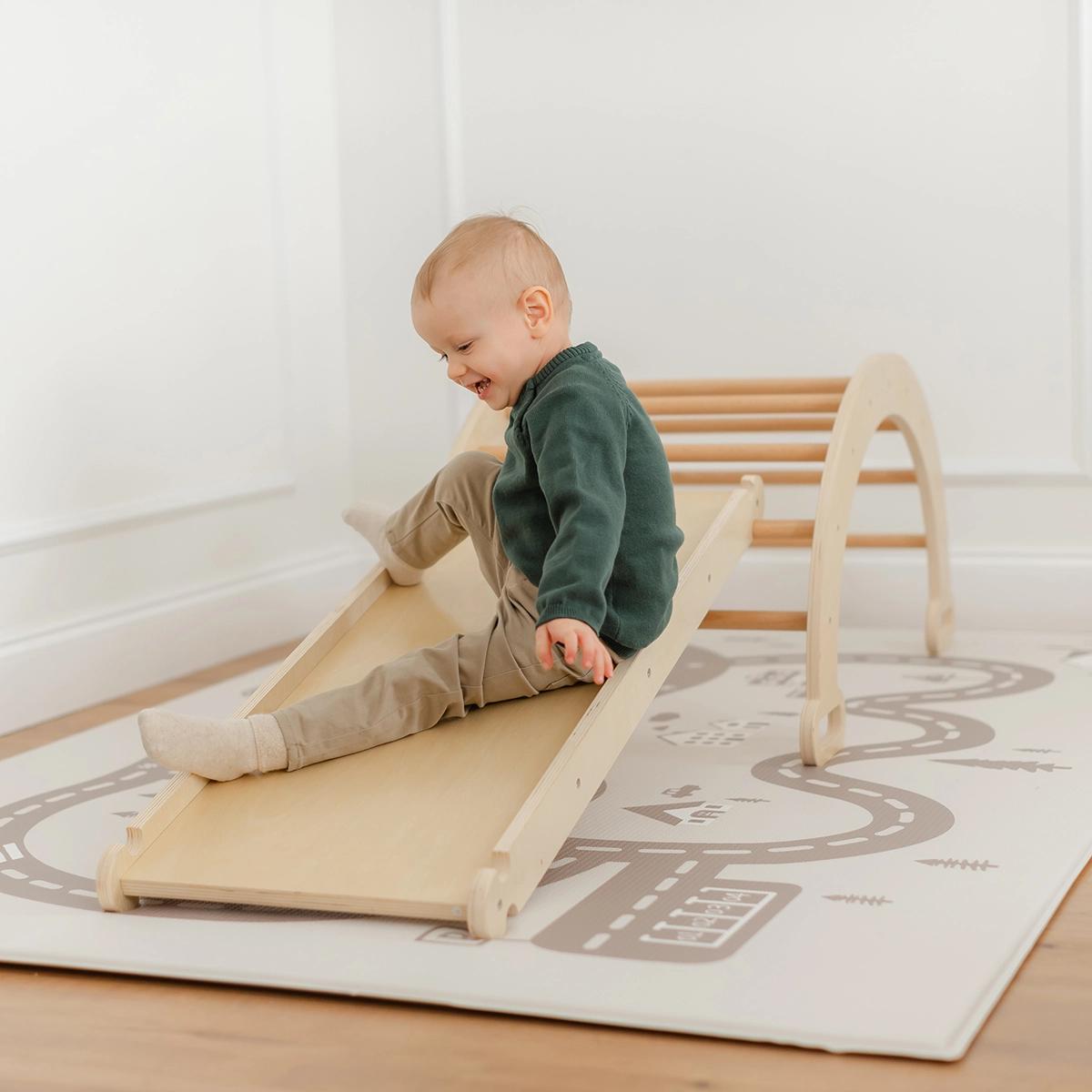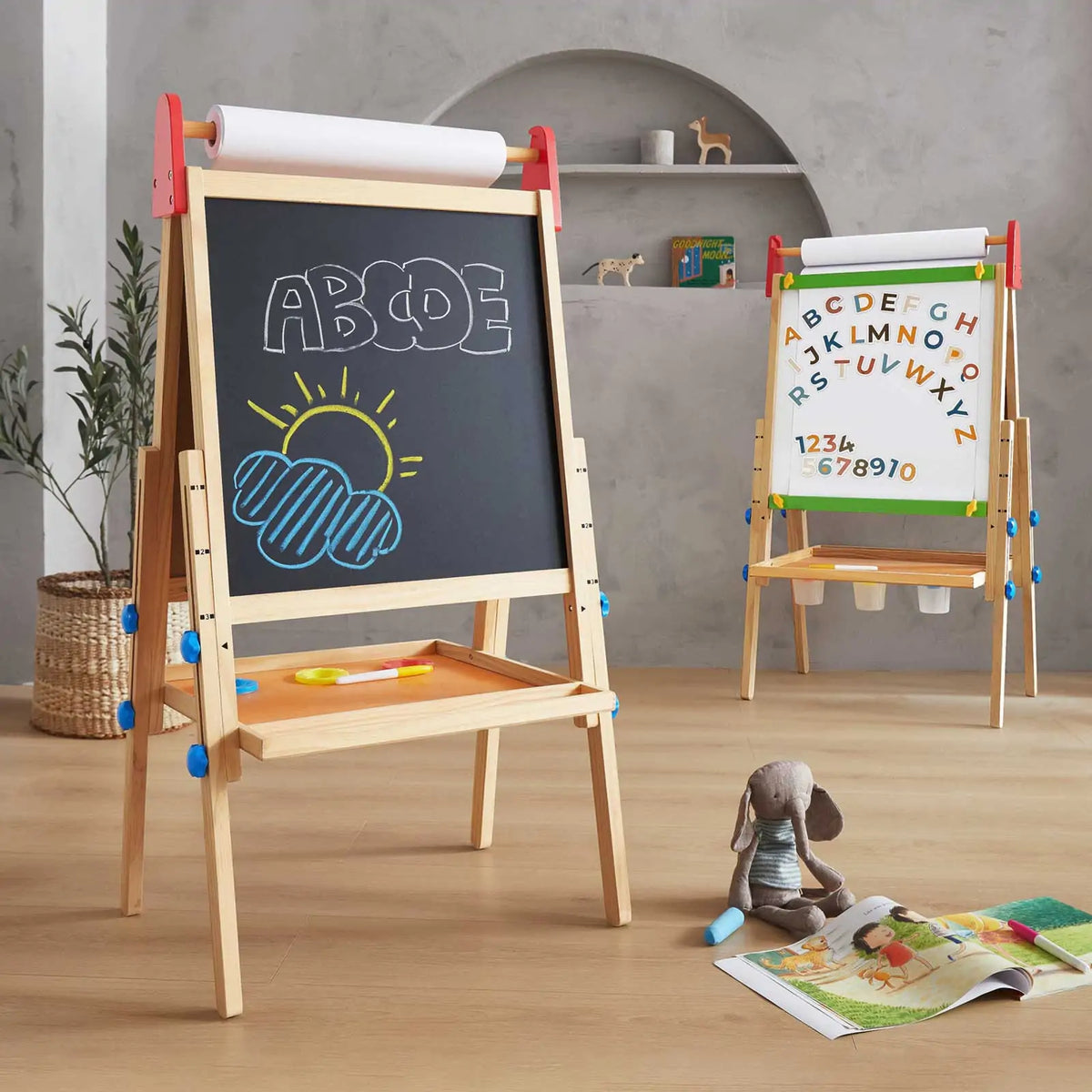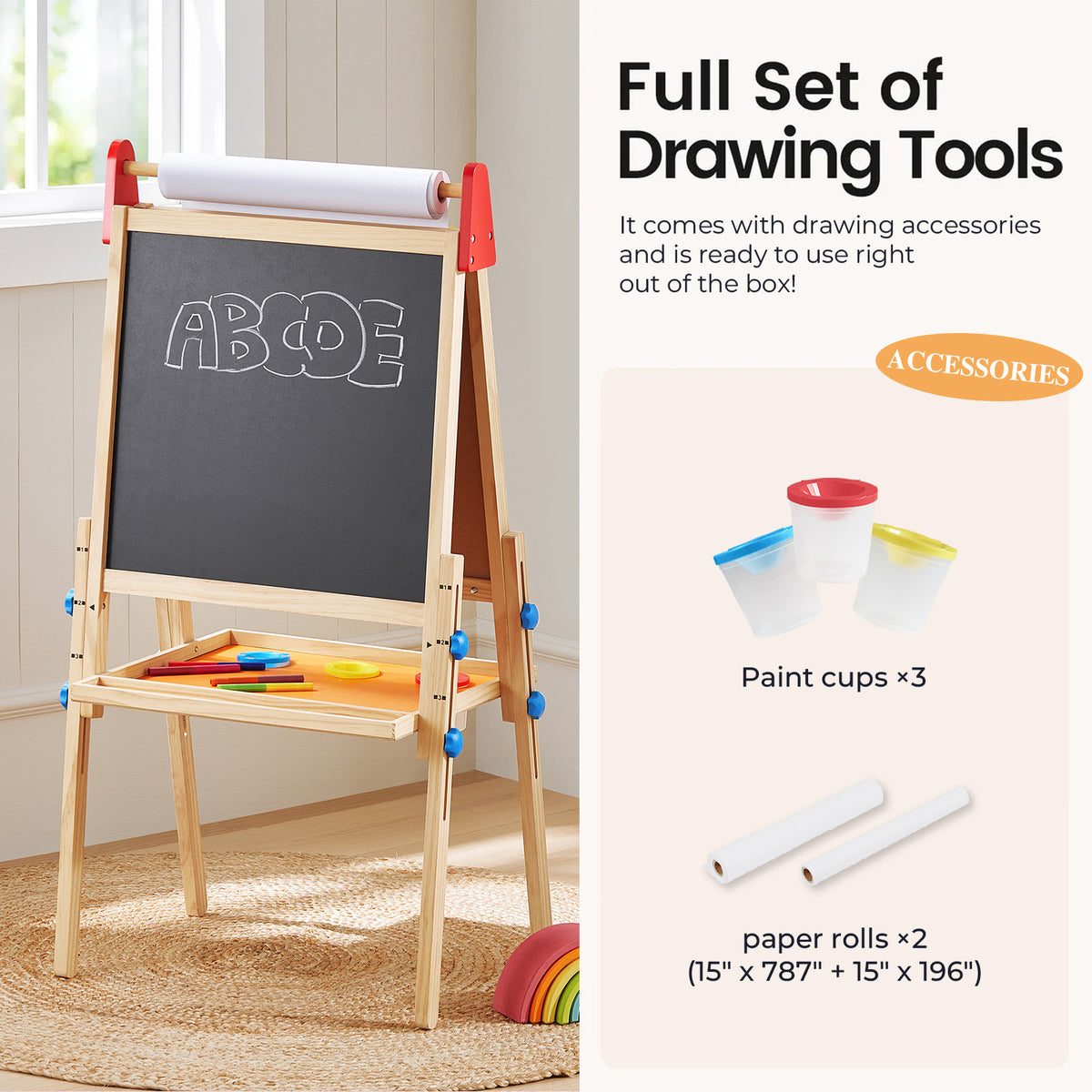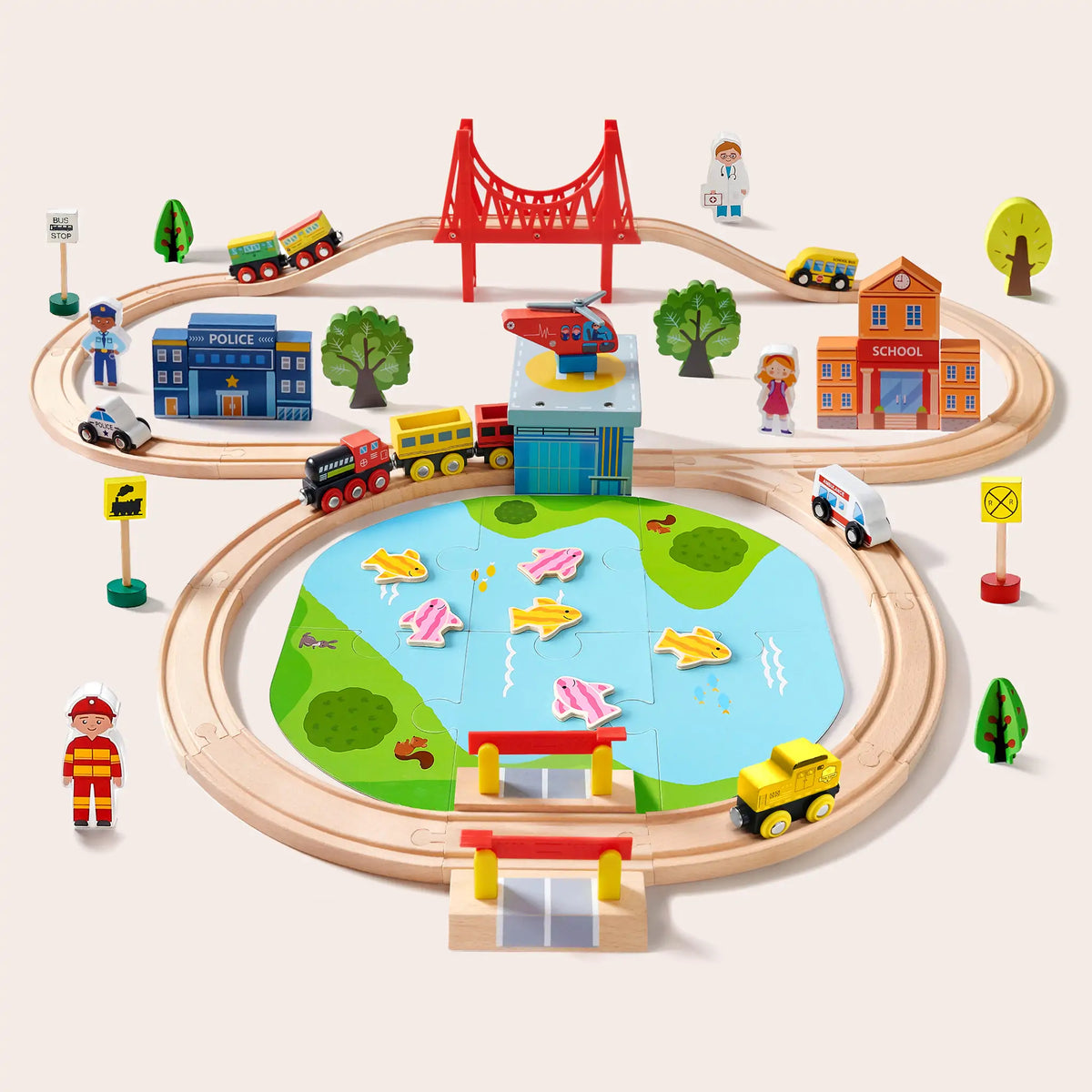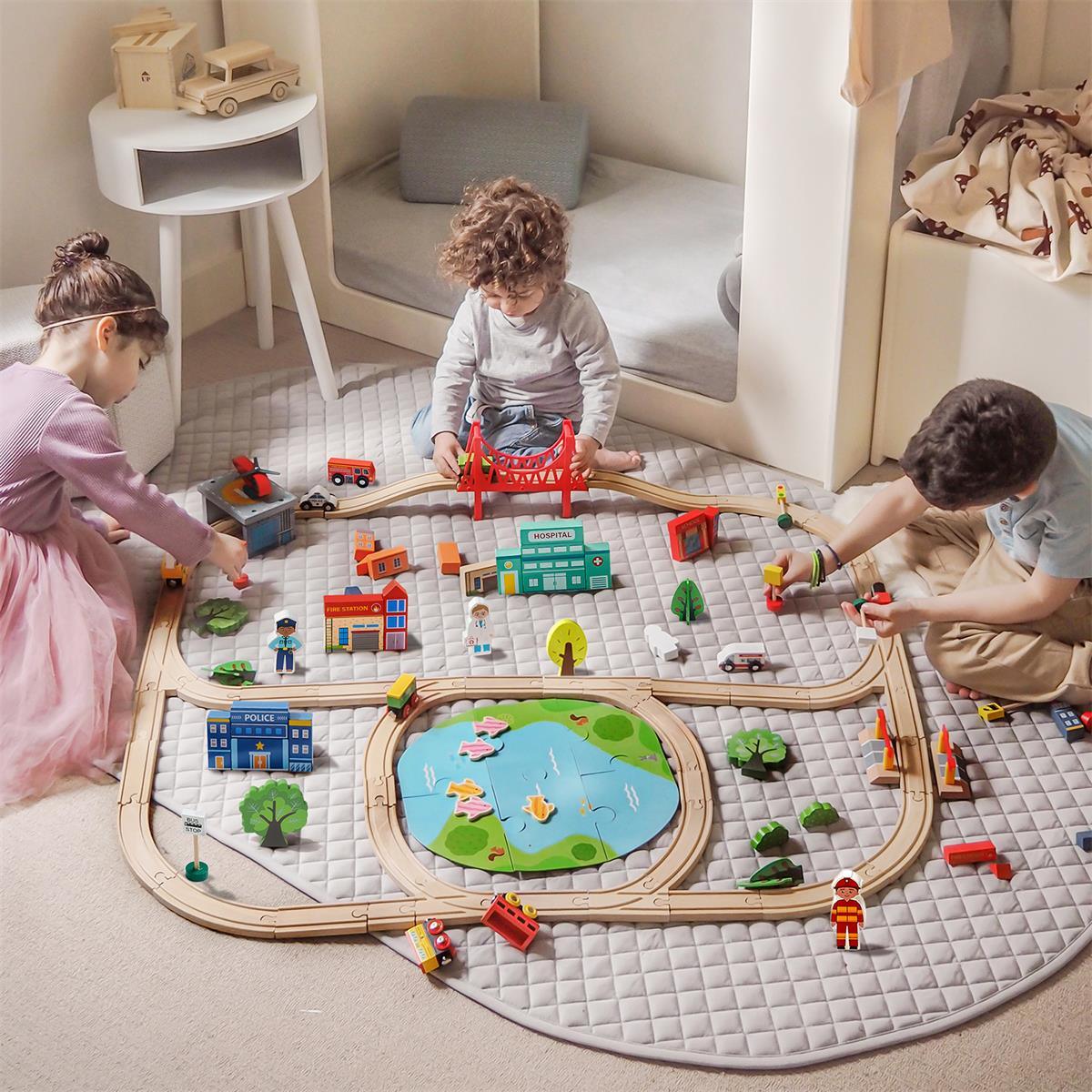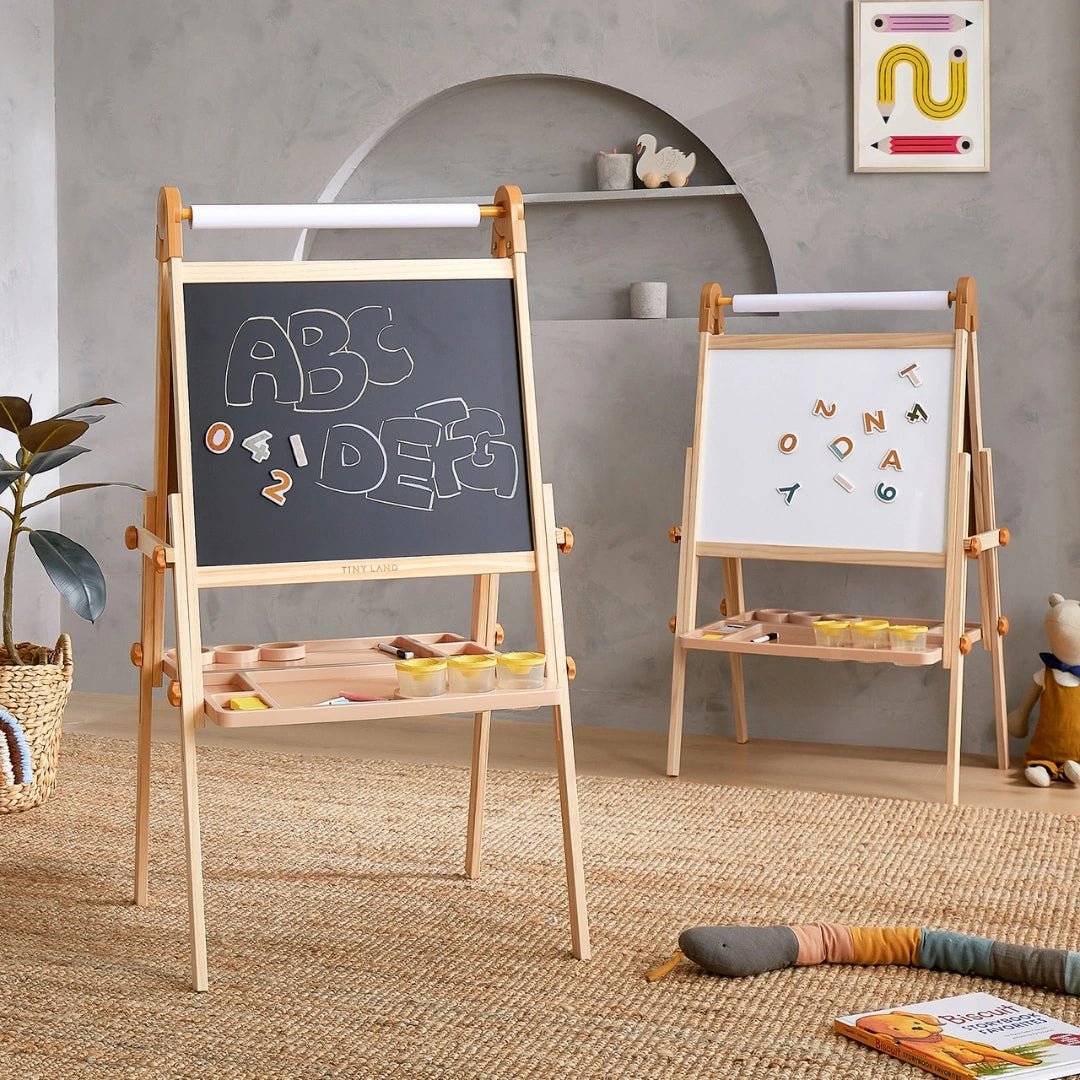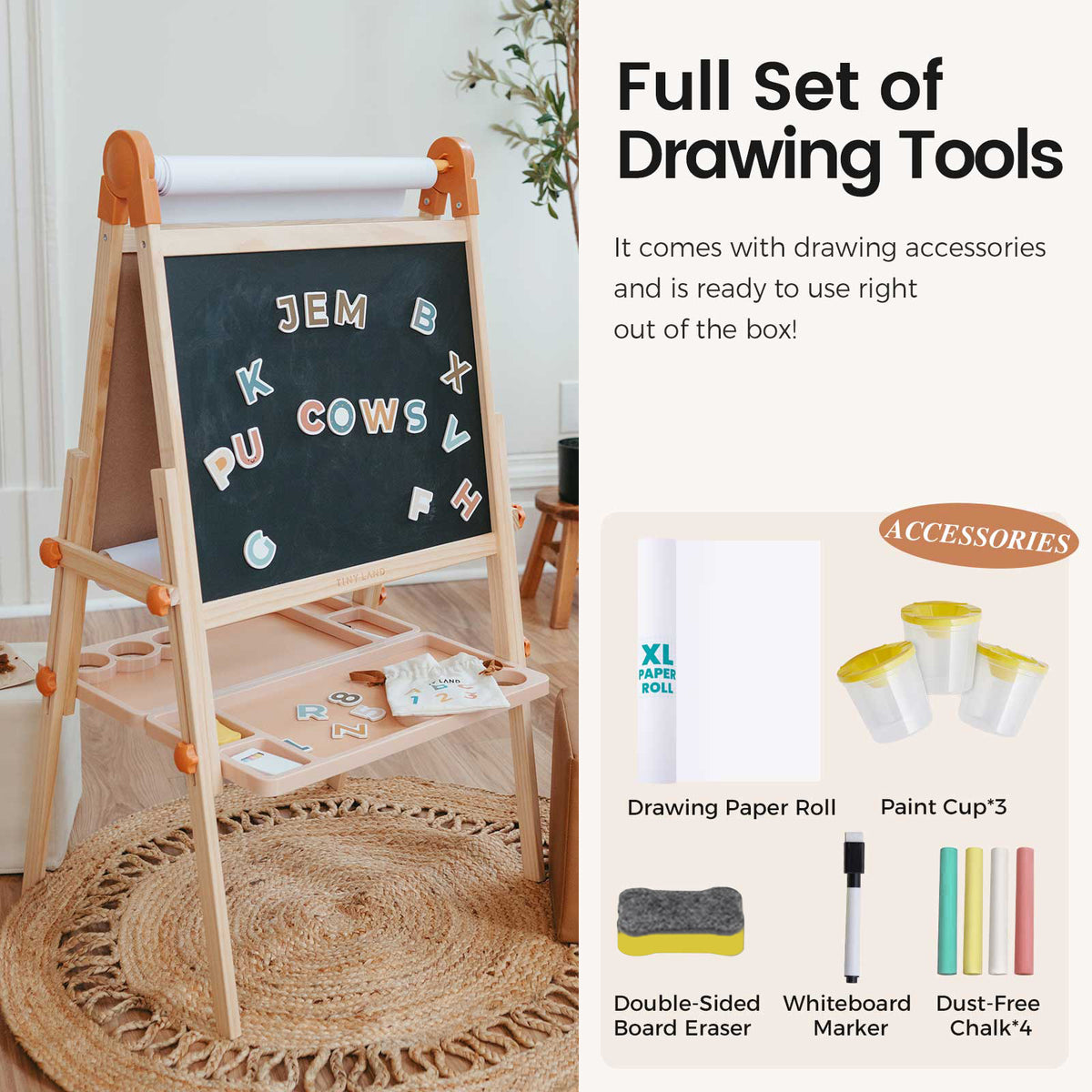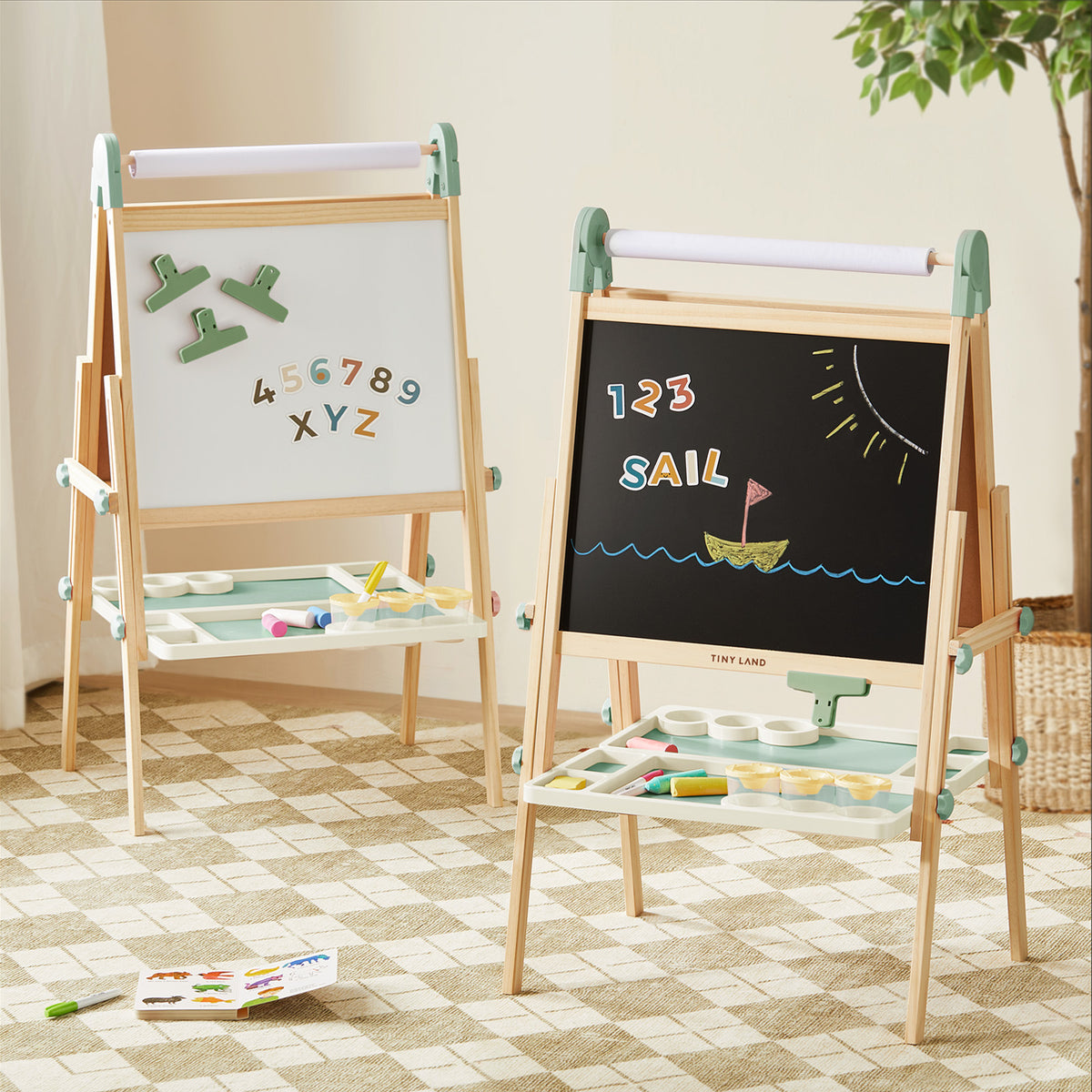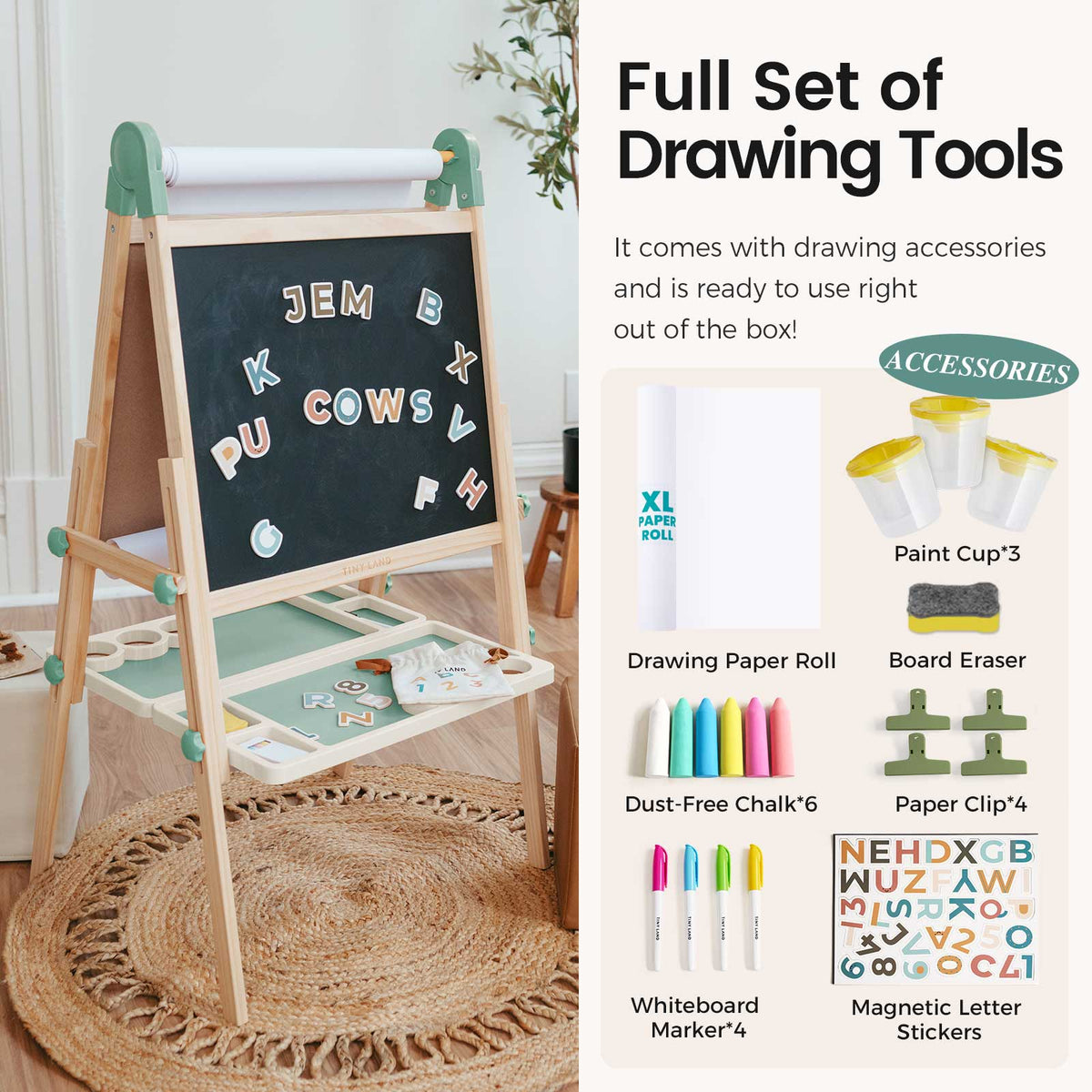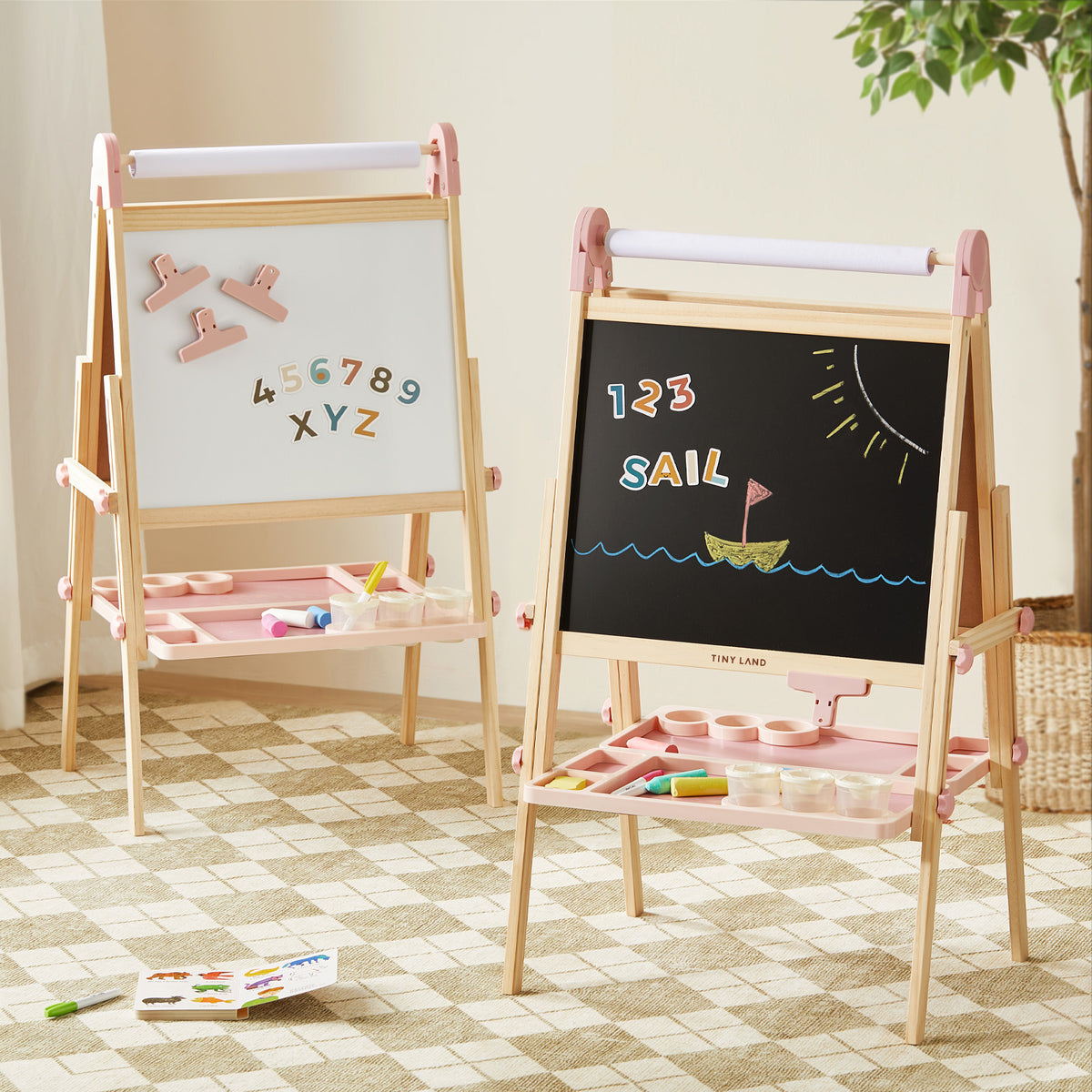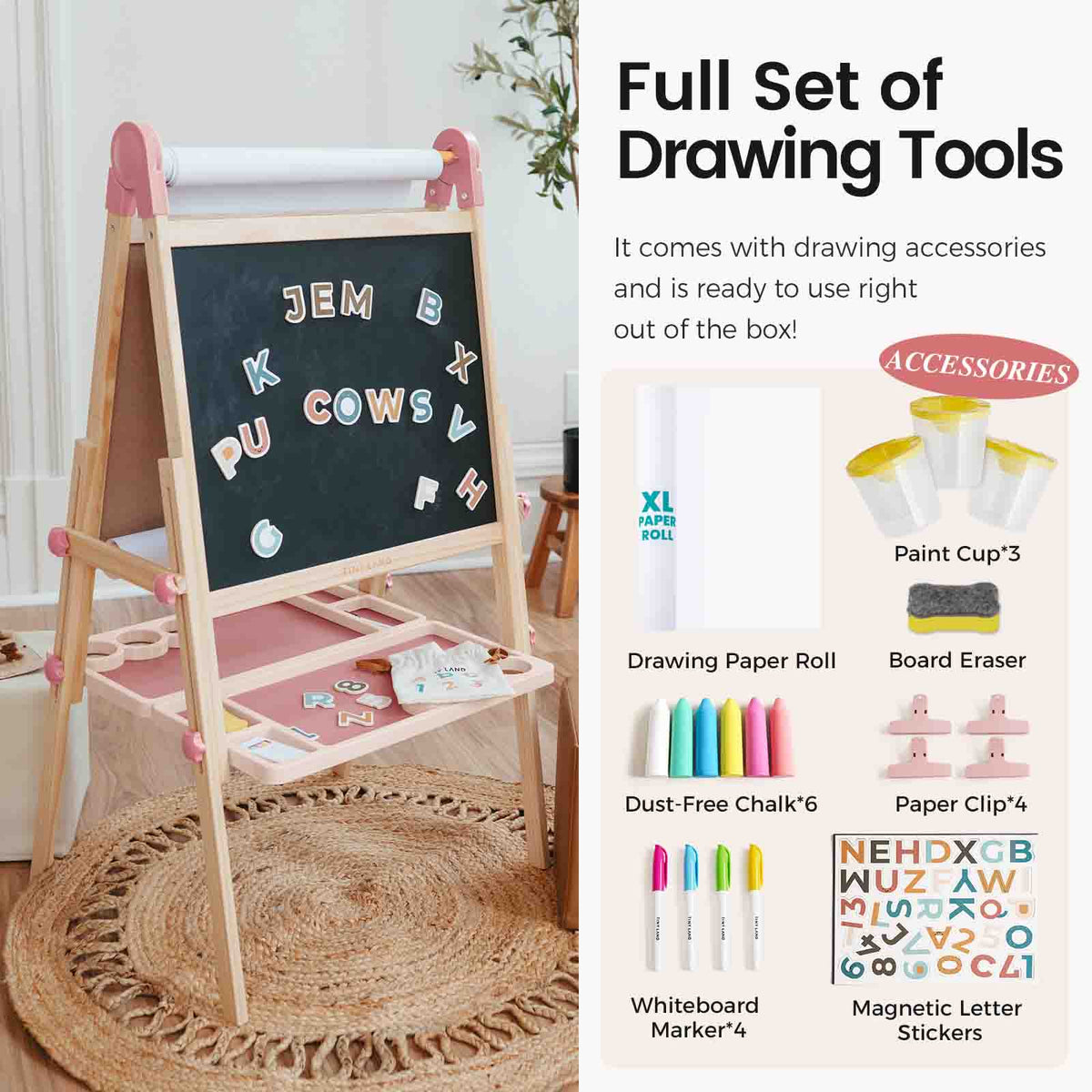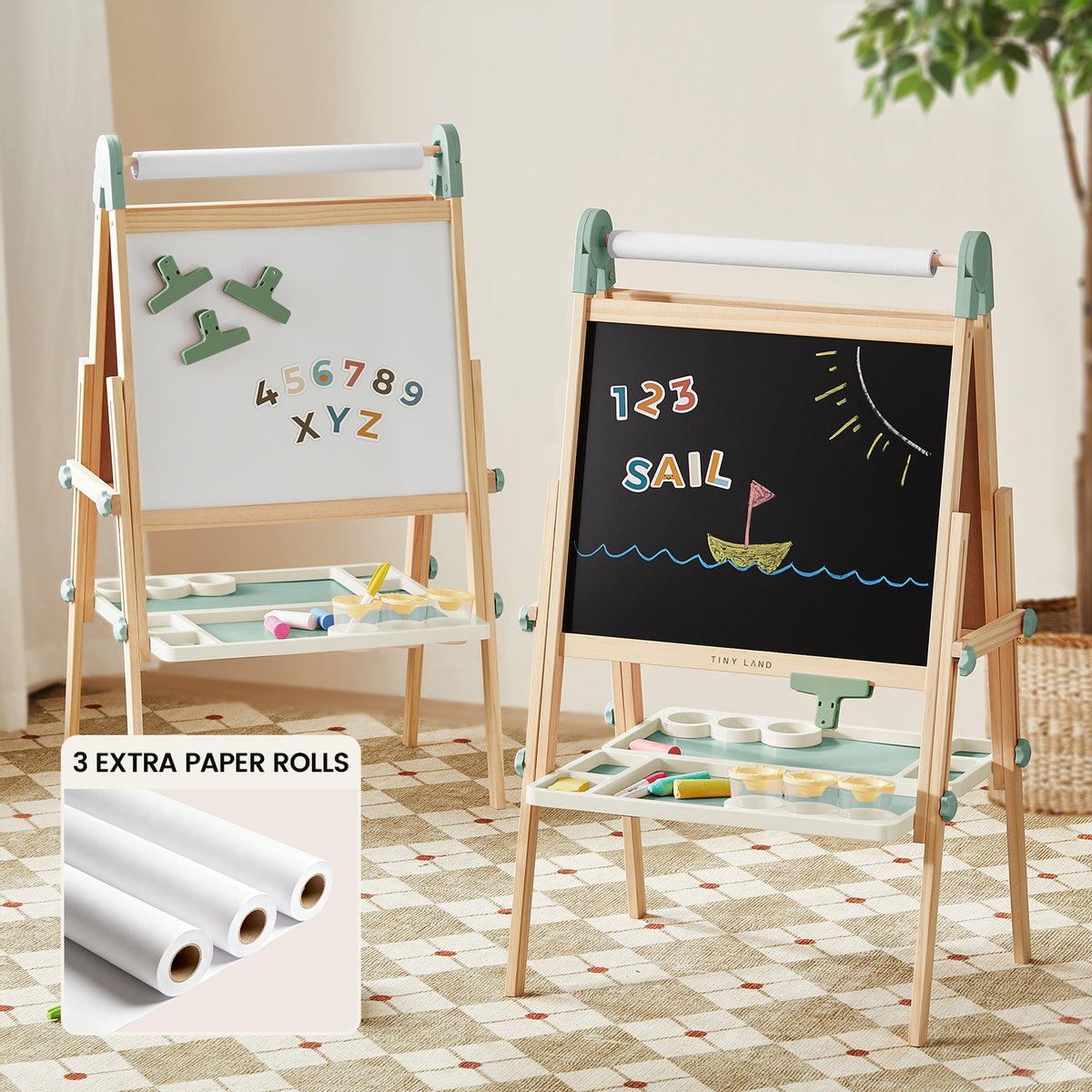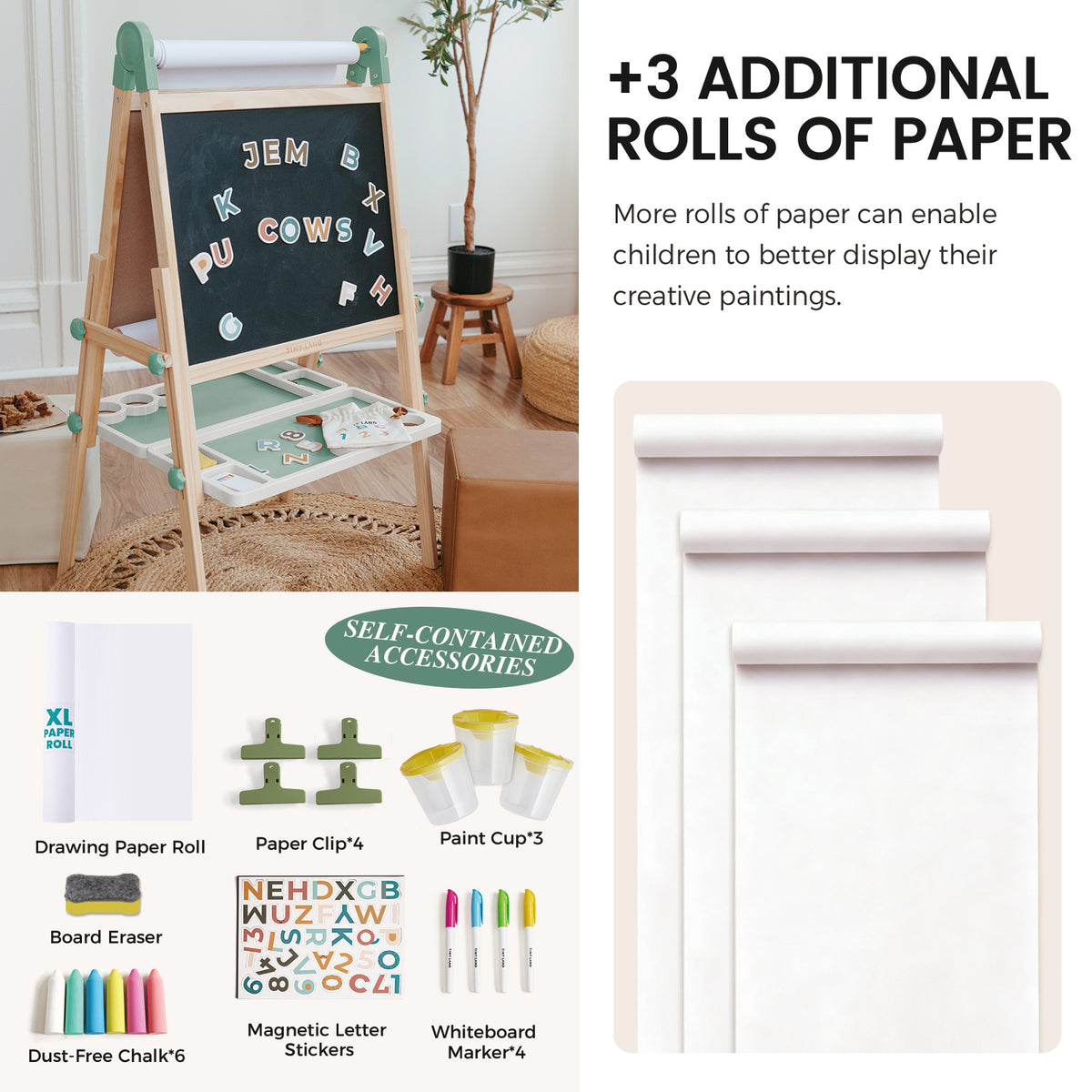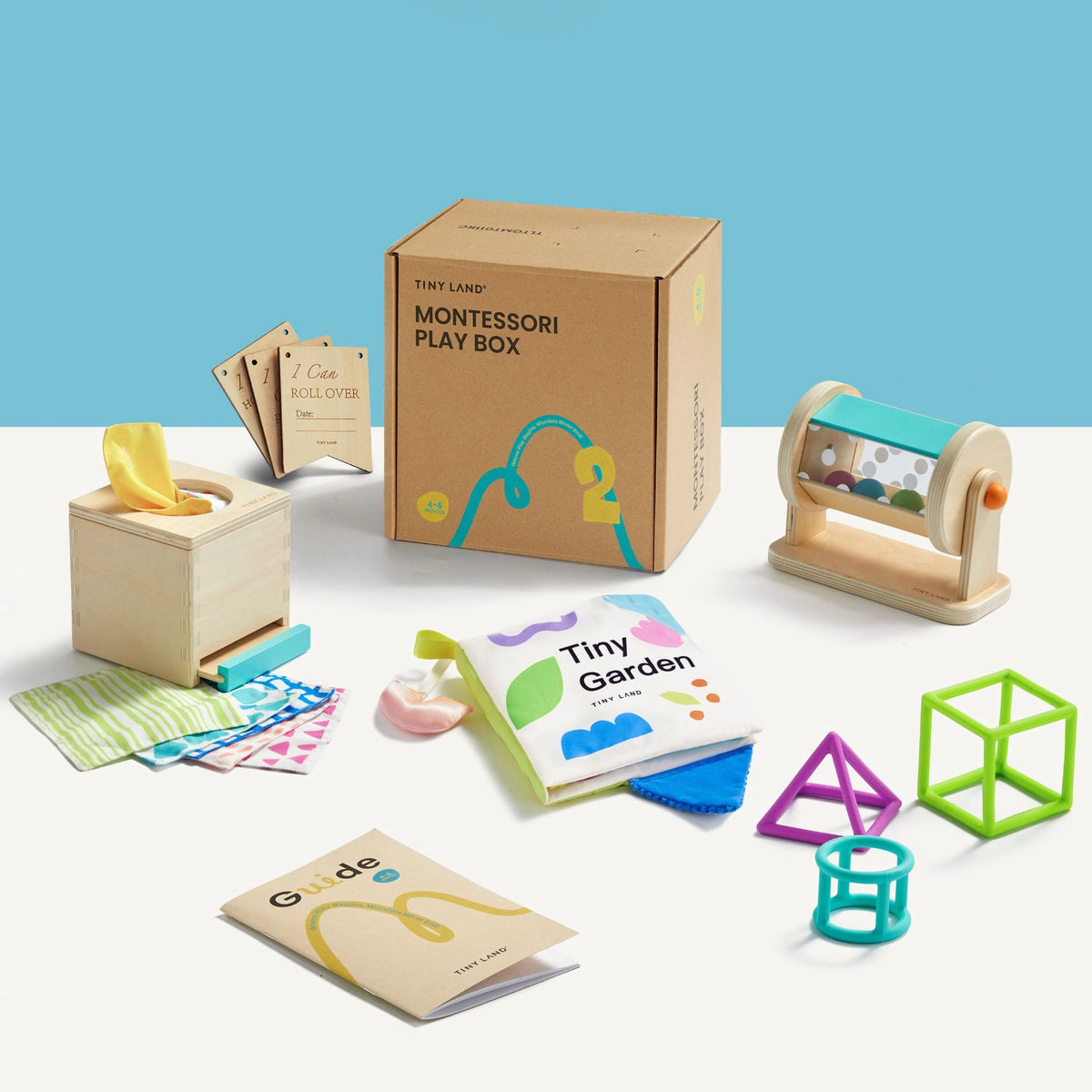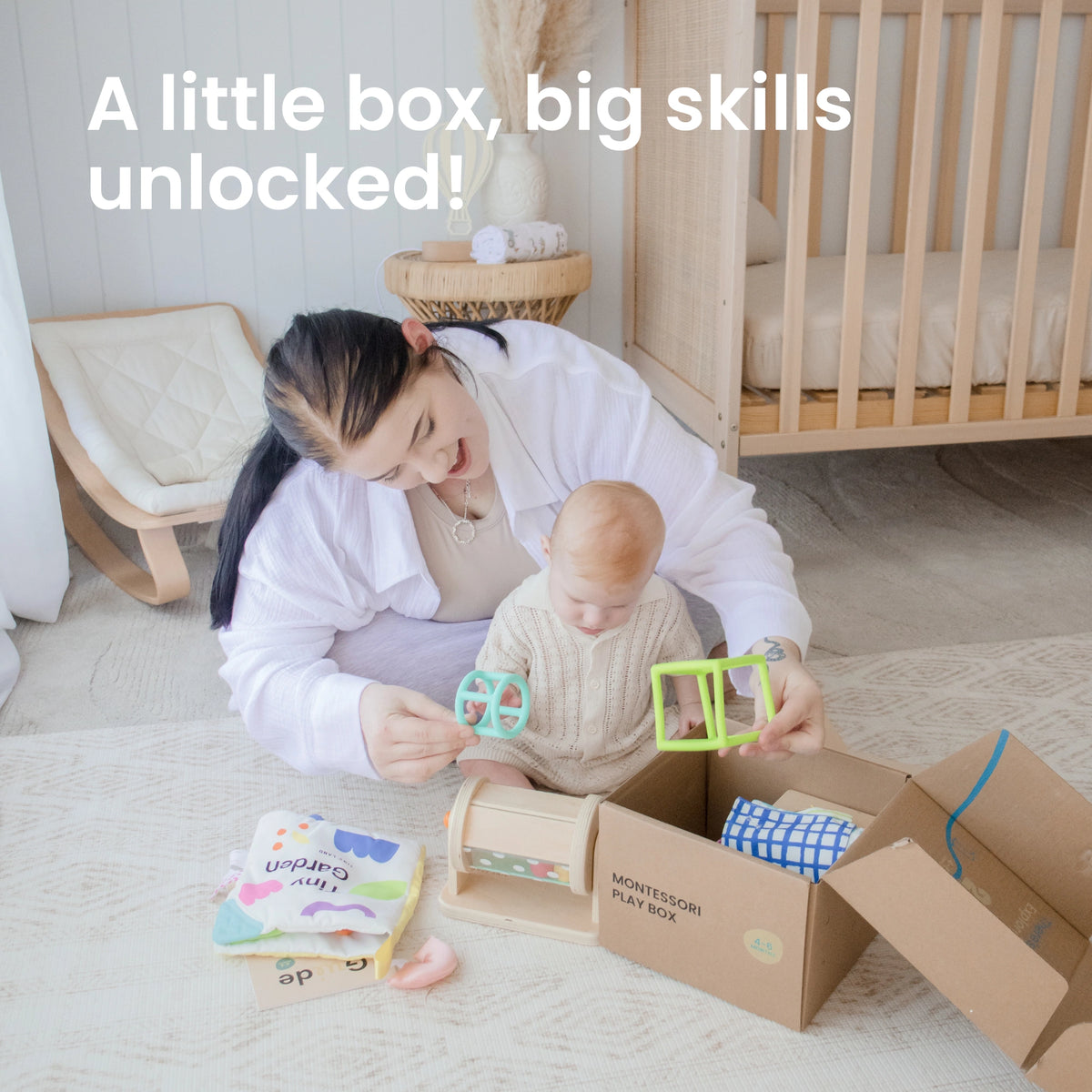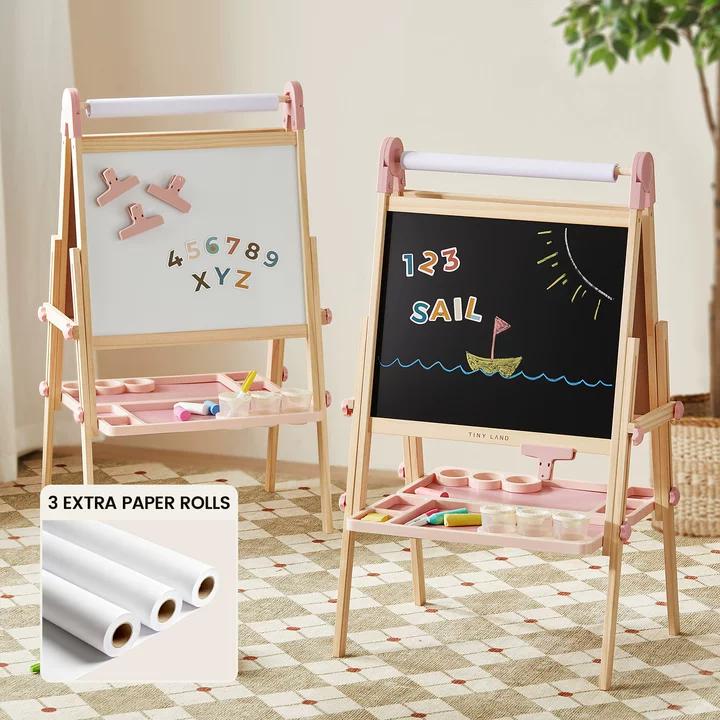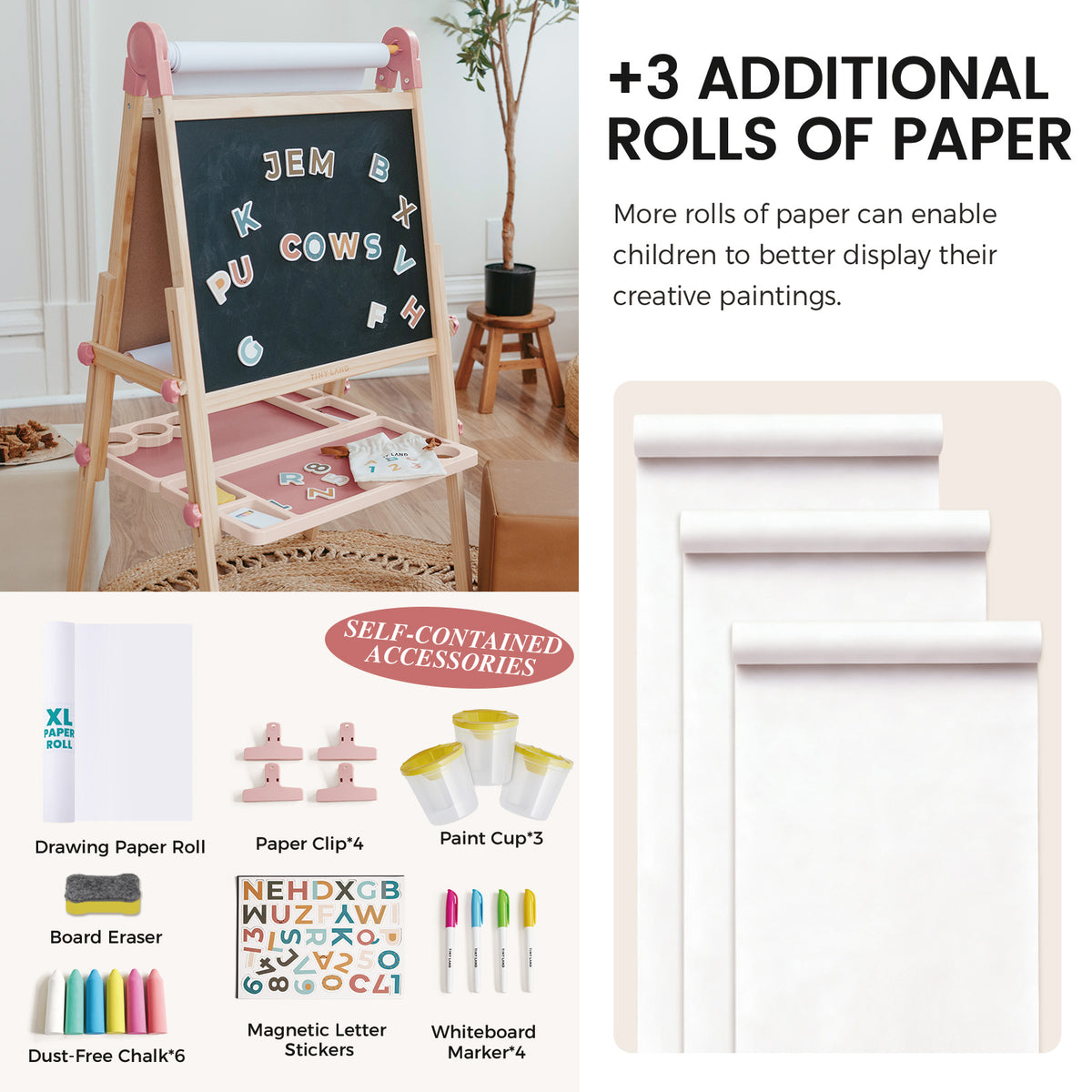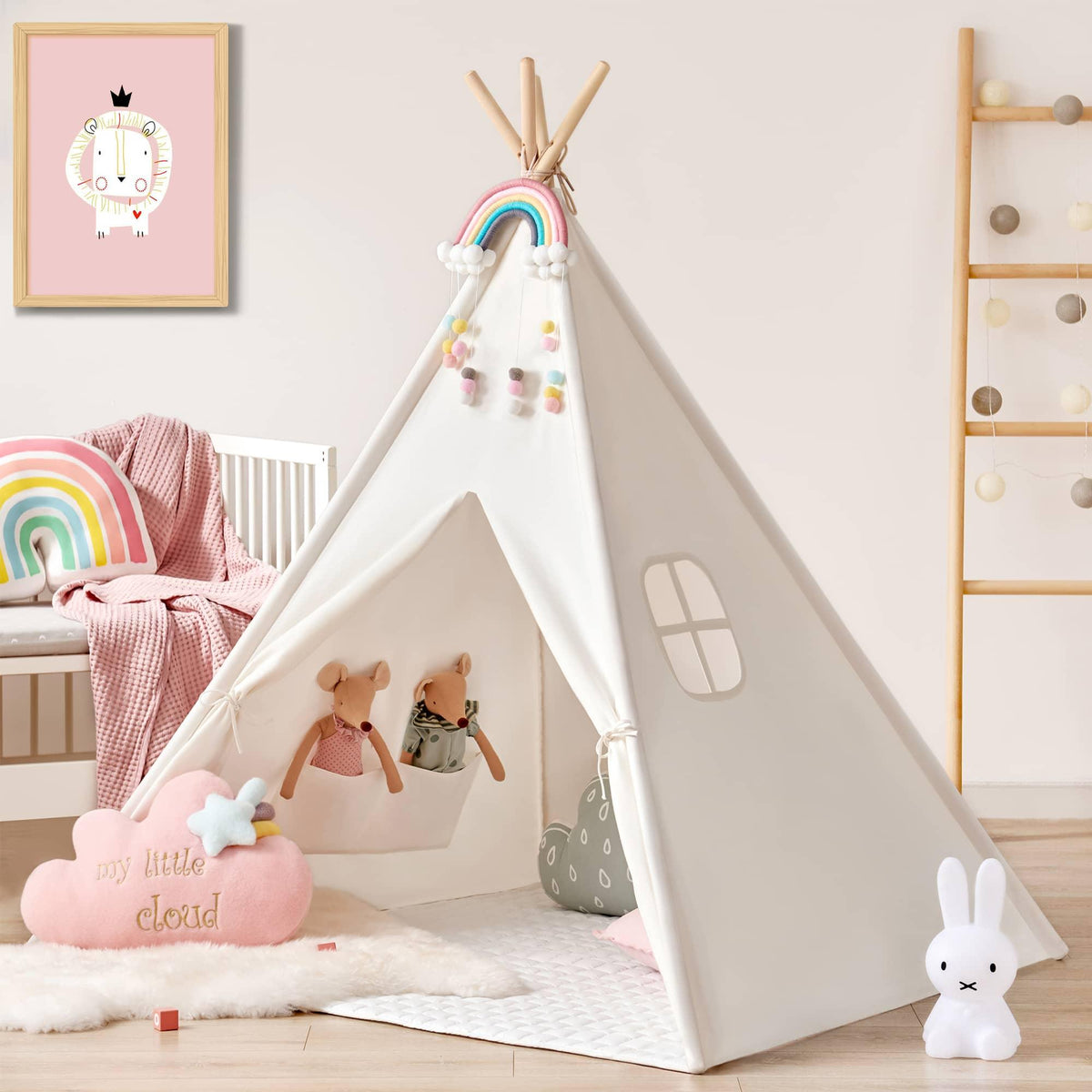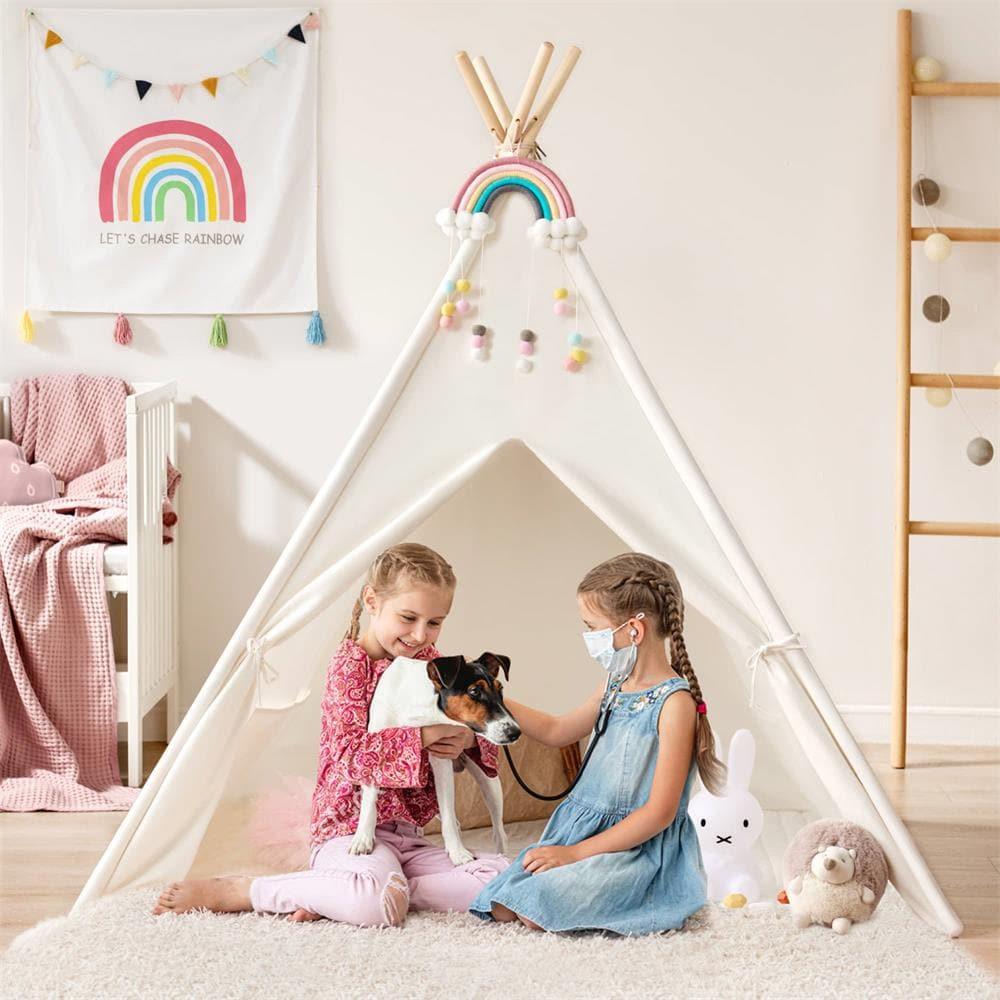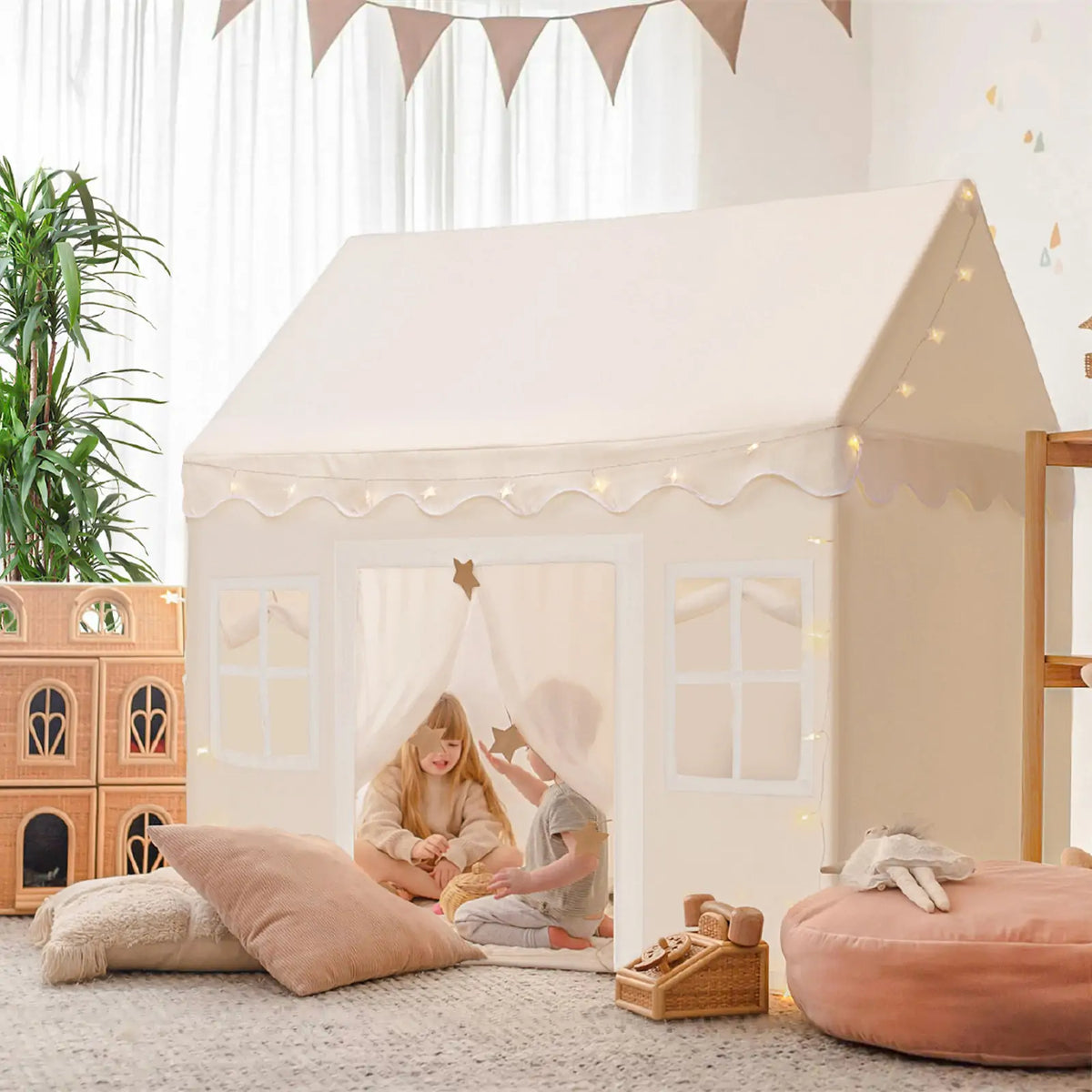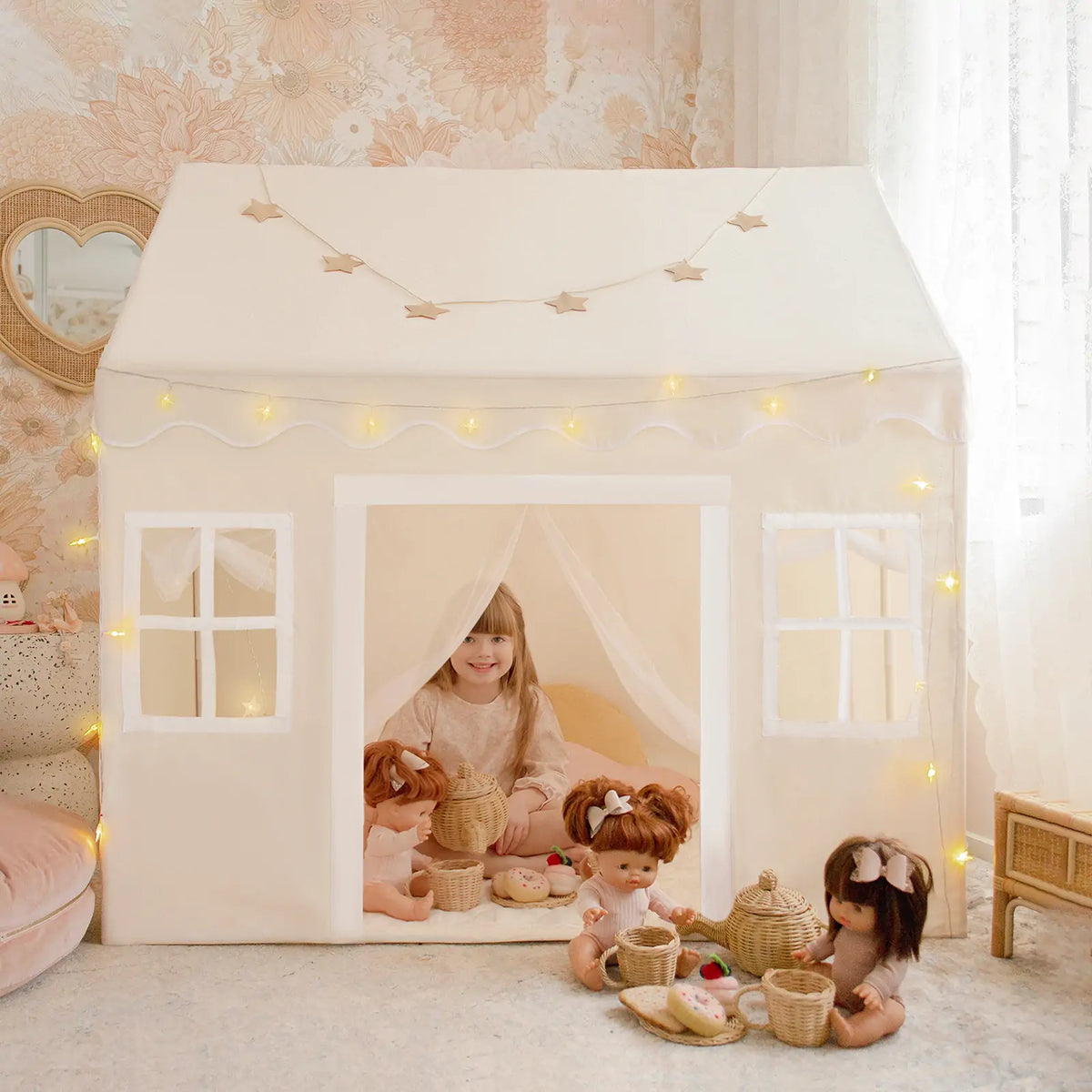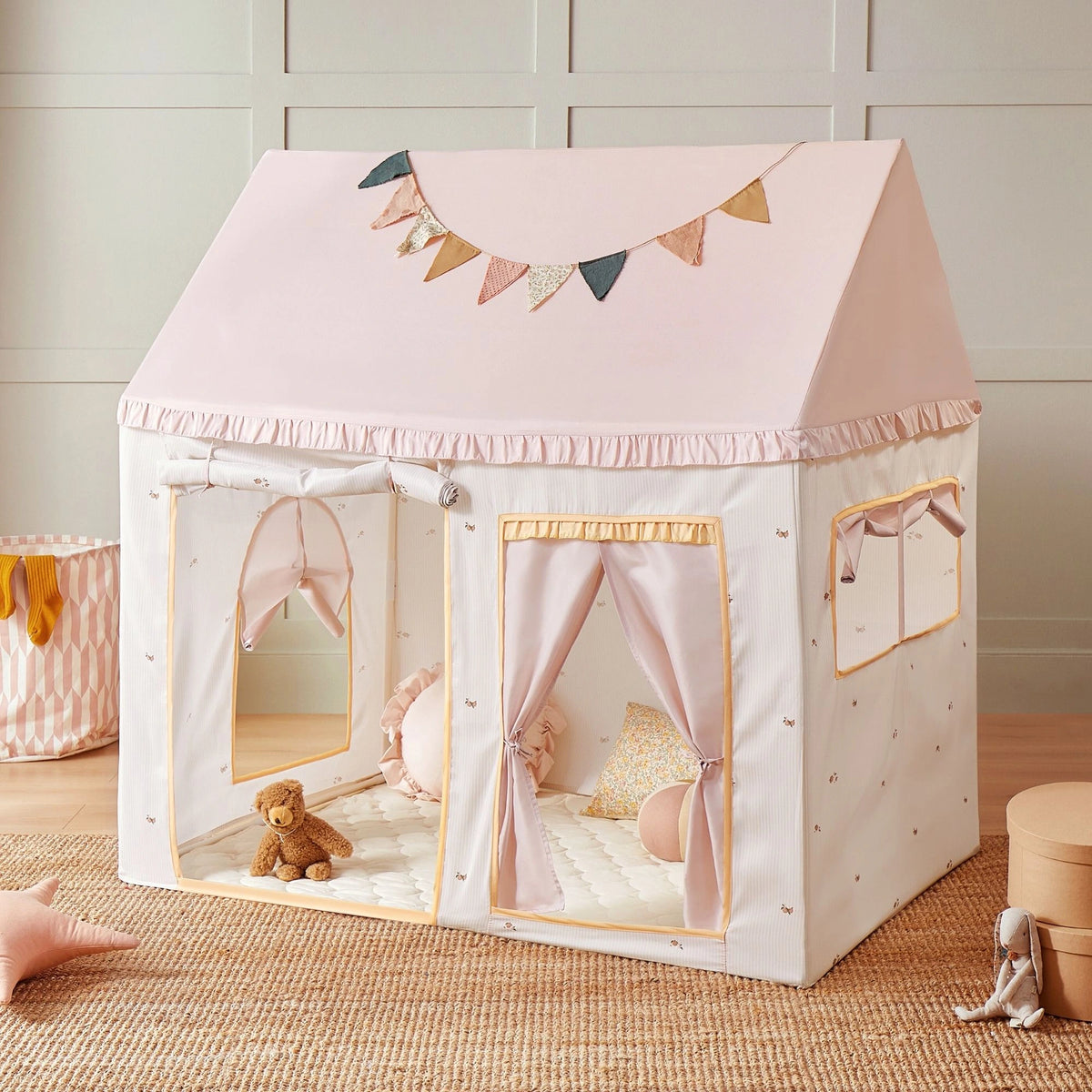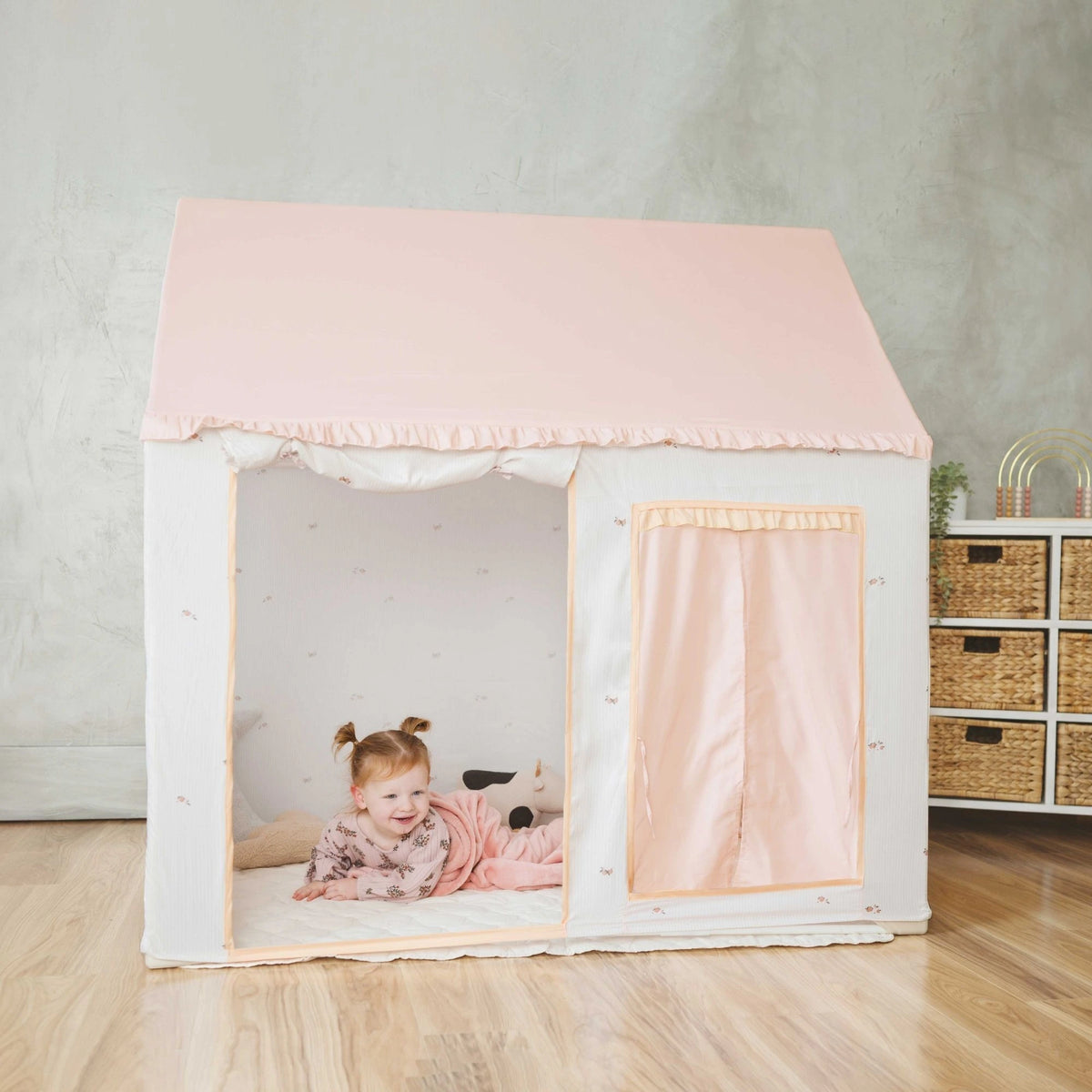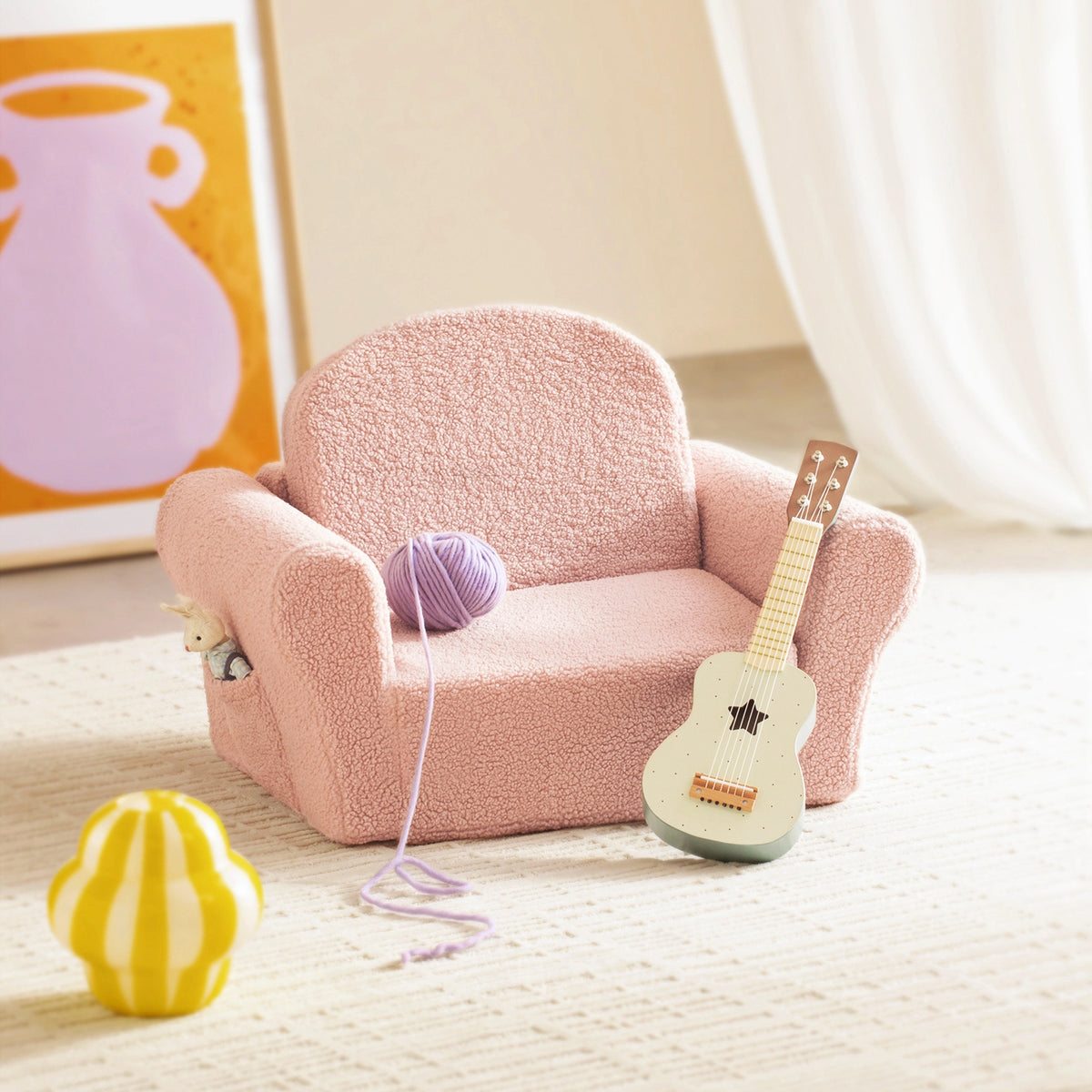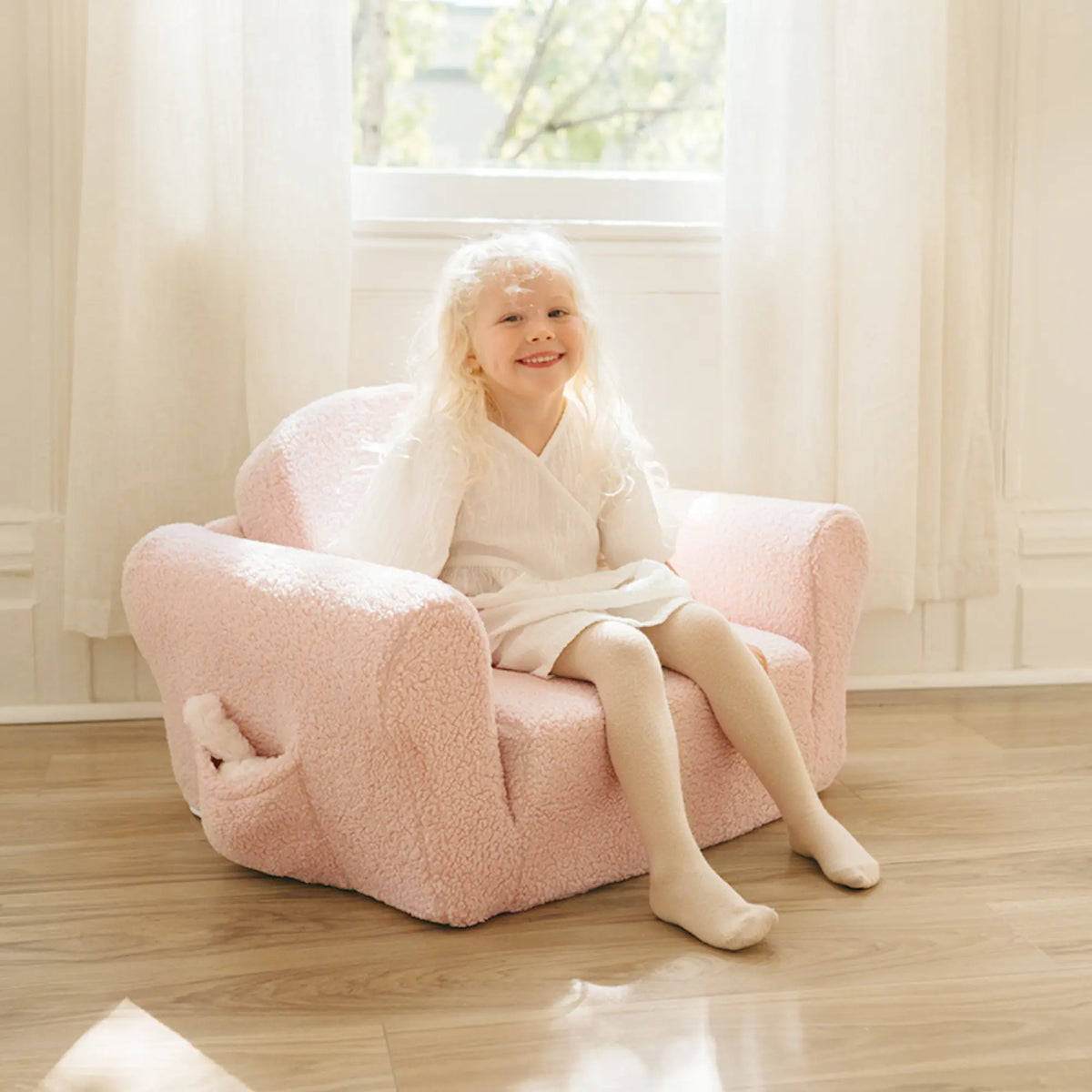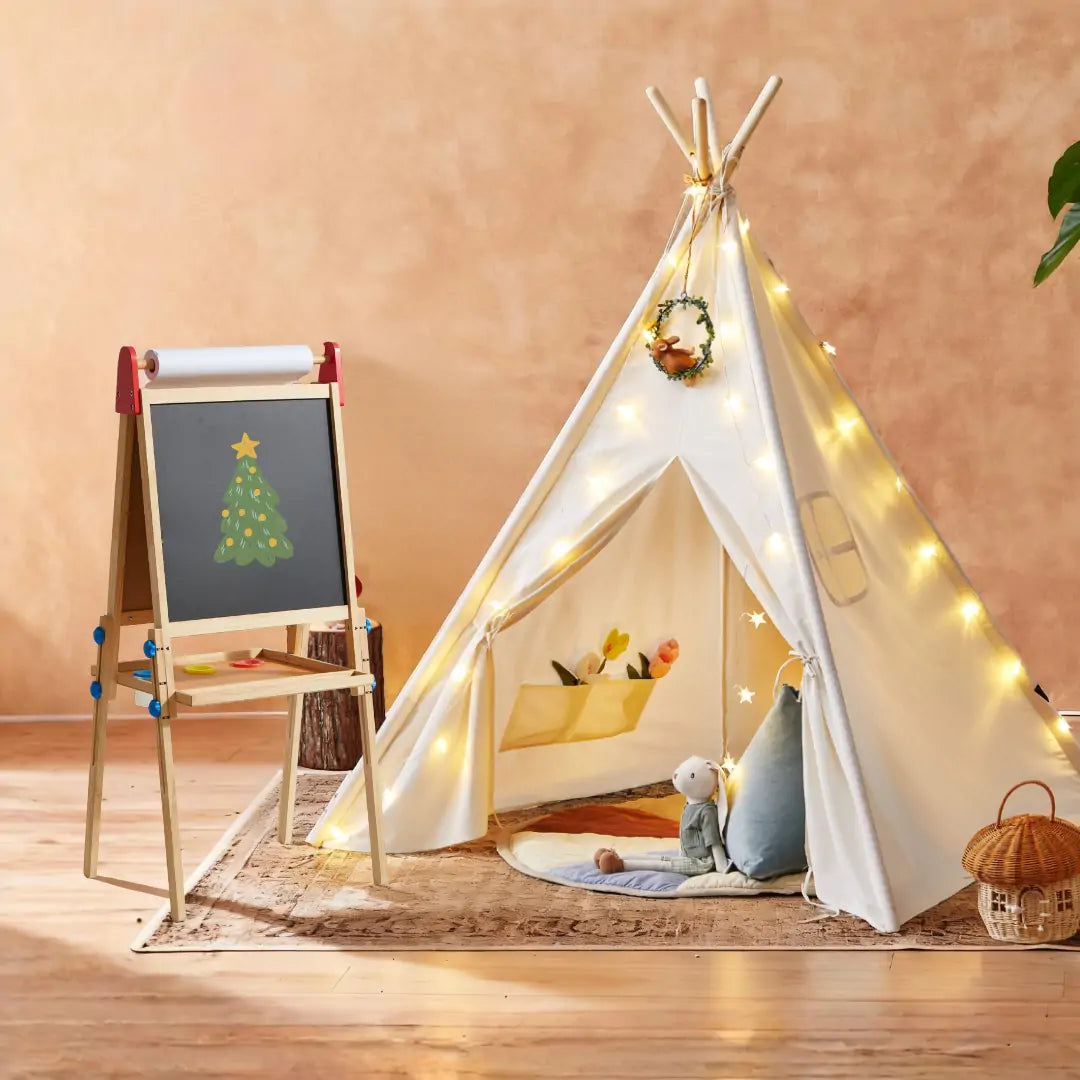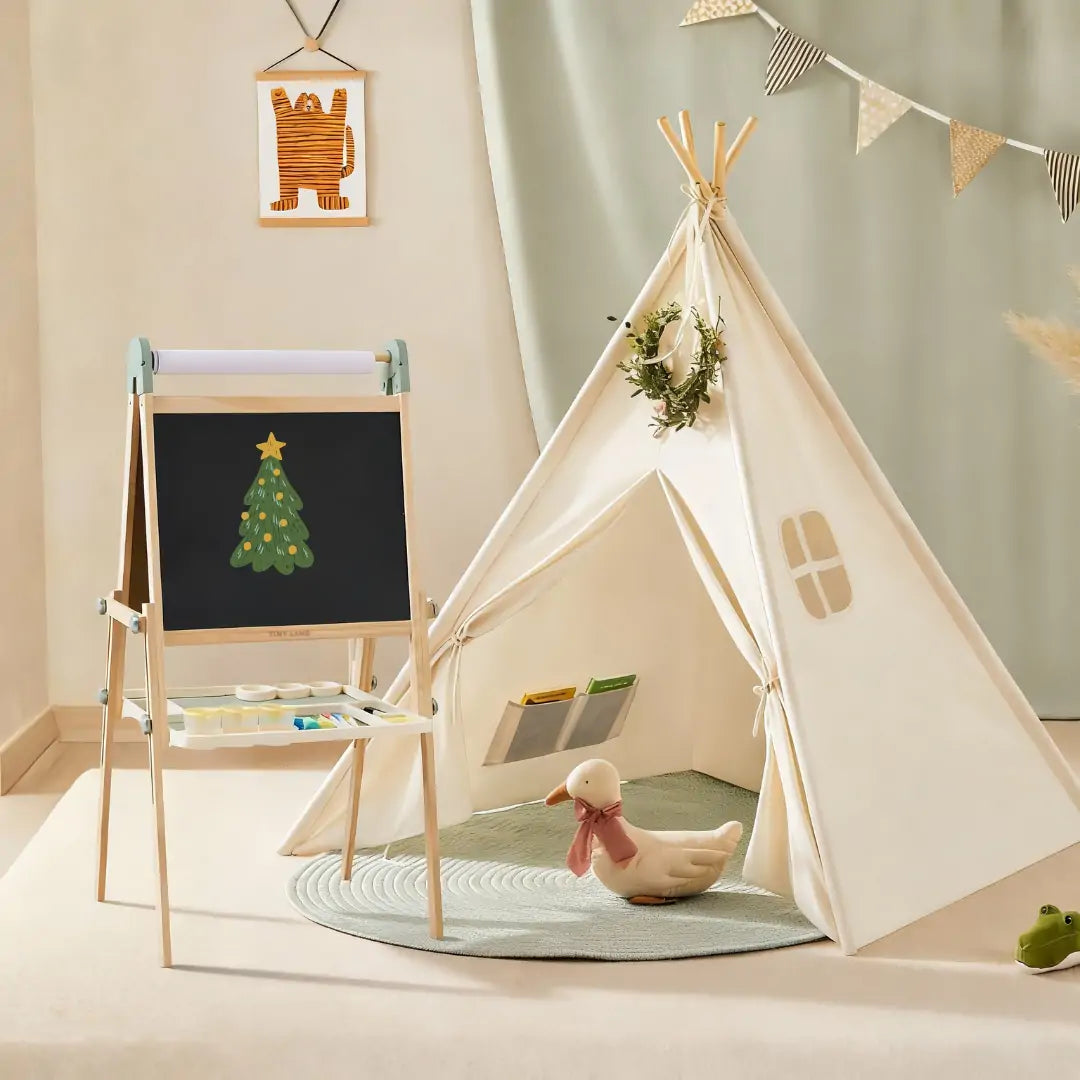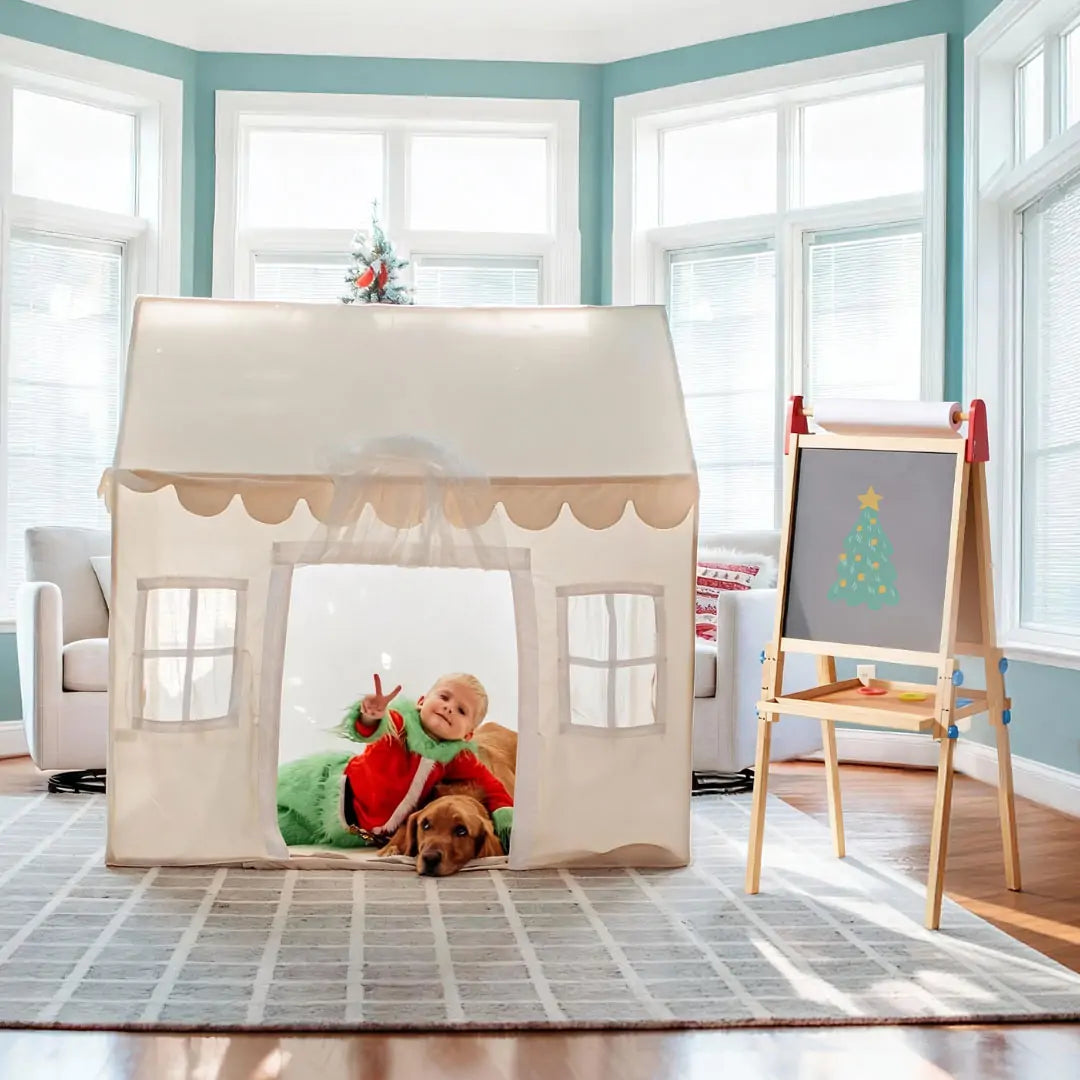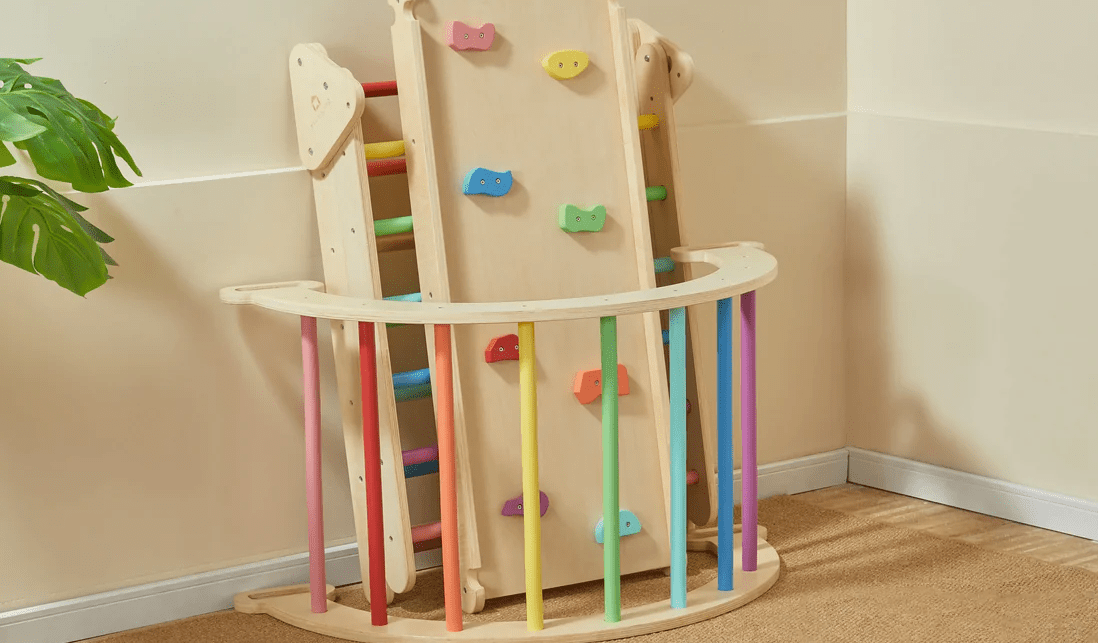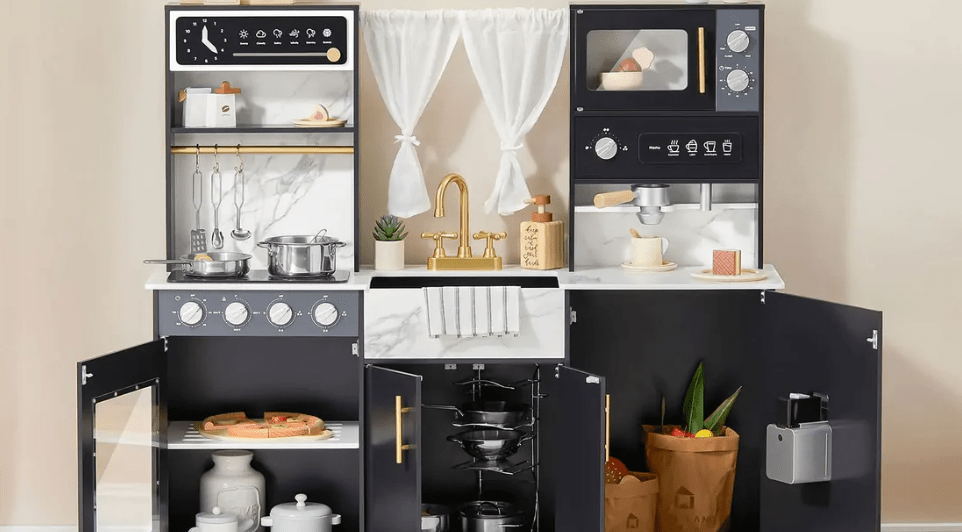Montessori teaching toys are fantastic for kids' development, fostering creativity and independence. Montessori toys are carefully crafted educational tools that spark curiosity and creativity in children. These toys are designed to engage young minds, encouraging hands-on exploration and problem-solving. From colorful wooden puzzles to sensory-rich materials, Montessori toys stimulate all the senses. They foster independence, helping kids develop essential life skills while having fun.
What are montessori toys?
Montessori toys are special playthings designed to help kids learn while having fun. They follow the Montessori method, which encourages independence and exploration. These toys are made from natural materials like wood and promote hands-on, sensory experiences.
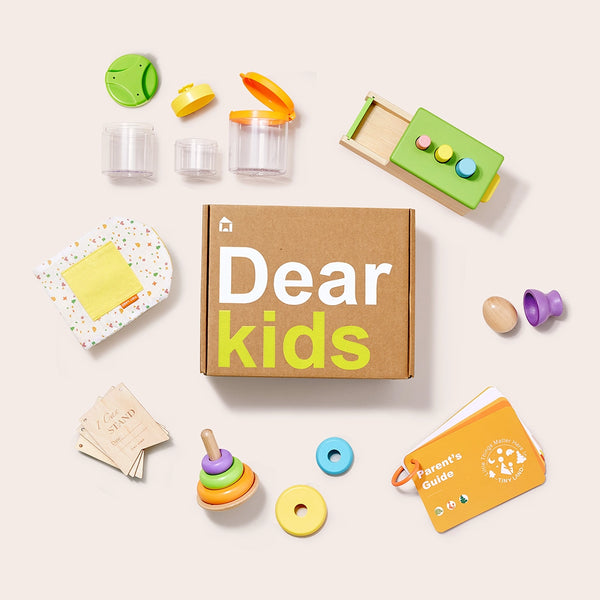
Advantages of Montessori toys for children
Designers create Montessori toys with a specific educational philosophy in mind, and these toys offer several distinct advantages for children:
Hands-on Learning: Crafters create Montessori toys to be tactile and interactive. They encourage children to actively engage with the materials through touch, manipulation, and exploration. This hands-on approach helps develop fine motor skills as they grasp, stack, or manipulate the toys.
Independence: Montessori toys are often designed to be self-correcting, which means children can use them independently. These toys empower children to choose their activities and work at their own pace, promoting a sense of autonomy and decision-making.
Natural Materials: Many Montessori toys, crafted from natural materials like wood, maintain safety, non-toxicity, and environmental friendliness. This guarantee exposes children to materials devoid of harmful chemicals typically present in plastic toys.
Sensory Stimulation: Montessori toys are carefully crafted to engage multiple senses, including touch, sight, and sometimes even smell or taste. This multisensory experience enhances a child's sensory perception and cognitive development.
Focus and Concentration: By allowing children to work on tasks for extended periods, Montessori toys help develop concentration and focus. This skill is essential for academic success as it enables children to engage deeply with learning materials.
Problem Solving: Many Montessori toys incorporate puzzles, challenges, and activities that require problem-solving skills and critical thinking. As children figure out how to complete these tasks, they develop essential cognitive skills.
Creativity: Montessori toys often have open-ended designs, encouraging imaginative play. Children can use their creativity to explore various possibilities, which helps foster their imagination and storytelling abilities.
Language Development: Some Montessori toys incorporate elements like letters, numbers, or shapes, which can aid in early language and math skill development. These toys provide a playful introduction to these concepts.
Social Skills: When children use Montessori toys in group settings, they learn important social skills such as sharing, taking turns, and collaborating with others. These interactions are crucial for building positive social relationships.
Self-Discipline: Montessori toys teach children to take responsibility for their play and learning materials. They learn to tidy up and organize their toys after use, instilling habits of self-discipline and orderliness.
Long-lasting: Montessori toys are often made to be durable and withstand wear and tear. This durability guarantees that families can pass them down through generations, rendering them a sustainable and economical choice.
Cultural Awareness: Many Montessori toys incorporate elements from different cultures, promoting cultural awareness and diversity appreciation. This exposure can help children develop a broader worldview and respect for different traditions.
What to consider when buying a montessori toys?
When selecting Montessori toys for your child, it's essential to consider various factors to ensure that you're providing toys that align with their developmental needs and learning goals. Here's a more detailed breakdown of what to consider:
Age Appropriateness: Montessori toys are often designed with specific age ranges in mind. Look for toys that match your child's age and developmental stage. Pay attention to age recommendations on the packaging or product description to ensure a suitable fit.
Safety First: Prioritize your child's safety. Ensure that the Montessori toy complies with safety standards and is free from toxic materials. Check for small parts that could be a choking hazard, especially for younger children.
Open-ended Play: Montessori toys have a reputation for promoting open-ended play. These toys should allow children to explore, experiment, and create without strict instructions. Play that is left open-ended promotes imagination and problem-solving abilities.
Material Quality: Opt for toys made from high-quality, natural, and sustainable materials like wood. These materials are not only durable but also eco-friendly, ensuring that the toy can last through years of play.
Purposeful Design: Montessori toys are intentionally designed to serve specific educational purposes. Consider what skills or concepts you want your child to develop and choose toys that align with those goals. For example, if you're focusing on fine motor skills, select toys that require intricate hand movements.
Multi-sensory Engagement: Look for toys that engage multiple senses. Montessori toys often incorporate textures, colors, and even sound to create a rich sensory experience. This multi-sensory engagement enhances your child's learning.
Independence: Montessori toys should encourage independent play and exploration. Ensure that the toy is user-friendly and doesn't require constant adult intervention. This independence fosters self-confidence and problem-solving skills.
Durability: Montessori toys earn renown for their longevity. Select toys that can endure rough play and possess solid construction. A durable toy can pass down to younger siblings or other children.
Purposeful Complexity: Consider the level of complexity in the toy. It should be challenging enough to stimulate growth and learning but not so difficult that it frustrates your child. Age-appropriate complexity is key.
Real-life Connections: Designers create many Montessori toys to mimic real-life activities, such as cooking or gardening. These toys help children understand and relate to the world around them, making learning more meaningful.
Developmental Goals: Clearly define your child's developmental goals. Whether it's language development, math skills, or fine motor coordination, select toys that directly support those objectives. This targeted approach ensures meeting your child's needs.
Storage and Organization: Some Montessori toys come with specific storage solutions, like trays or containers. Consider whether the toy includes such features to help keep your play environment organized and tidy.
Versatility: Look for toys that offer versatility. Some Montessori toys can serve multiple purposes or adapt to your child's changing developmental needs. These toys can provide long-term value.
Cultural Diversity: Explore Montessori toys that introduce different cultures and perspectives. These toys can foster global awareness, encourage respect for diversity, and broaden your child's worldview.
Reviews and Recommendations: Take the time to read reviews from other parents or educators who have experience with Montessori toys. Their opinions might help you make an educated decision by offering useful information.
Budget: While Montessori toys are an investment in your child's development, consider your budget. There are options available at various price points, so find toys that align with your financial plan.
Interest and Engagement: Consider your child's interests and what engages them the most. Choose toys that align with their passions and preferences to encourage enthusiasm for learning.
Balance with Other Toys: Keep in mind that Montessori toys can complement other toys your child may have. Consider how they fit into your child's overall playtime and learning environment.
Consult with Experts: If you're uncertain about which Montessori toys are best for your child, don't hesitate to consult with educators or child development experts. They can offer guidance based on your child's specific needs and learning style.
Room for Exploration: Lastly, remember that Montessori toys are meant to promote exploration and self-discovery. Allow your child the freedom to explore and learn at their own pace without excessive pressure or expectations.
Where to buy montessori toys?
You can easily buy Montessori toys at tinylandus.com. They focus on toys for kids' development. They have various wooden toys, sensory items, and educational tools. Shopping there lets you find quality Montessori toys easily. It's great for parents who want educational toys. Visit tinylandus.com for ideal Montessori toys for your child's growth and learning.

FAQs
At what age should I introduce Montessori toys to my child?
You can start as early as infancy with Montessori-inspired mobiles and gradually transition to more complex toys as your child's motor skills and interests develop. Age-appropriateness matters; choose toys that match your child's stage.
How can I incorporate Montessori toys into my child's daily routine?
Integrate Montessori toys into playtime and learning activities. Create a prepared environment where your child can access and explore these toys independently. Follow your child's interests, and encourage self-directed play to maximize their benefits.


